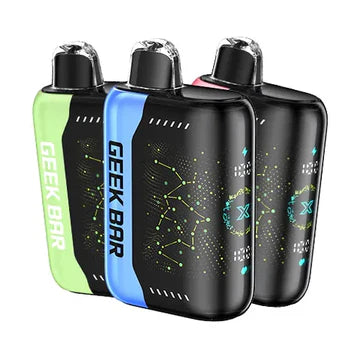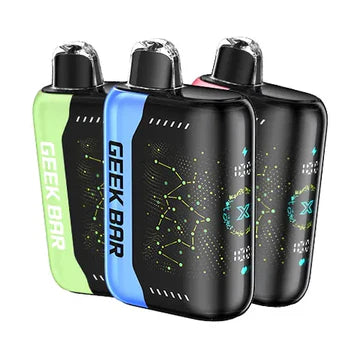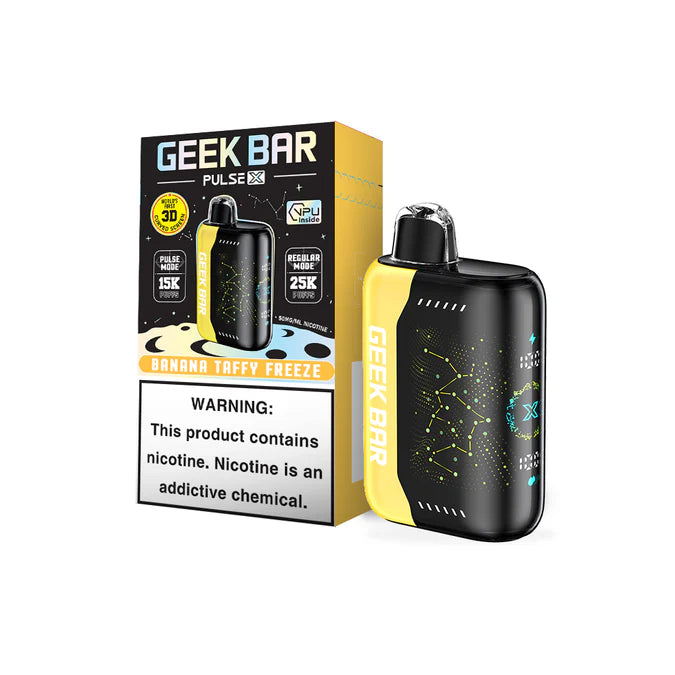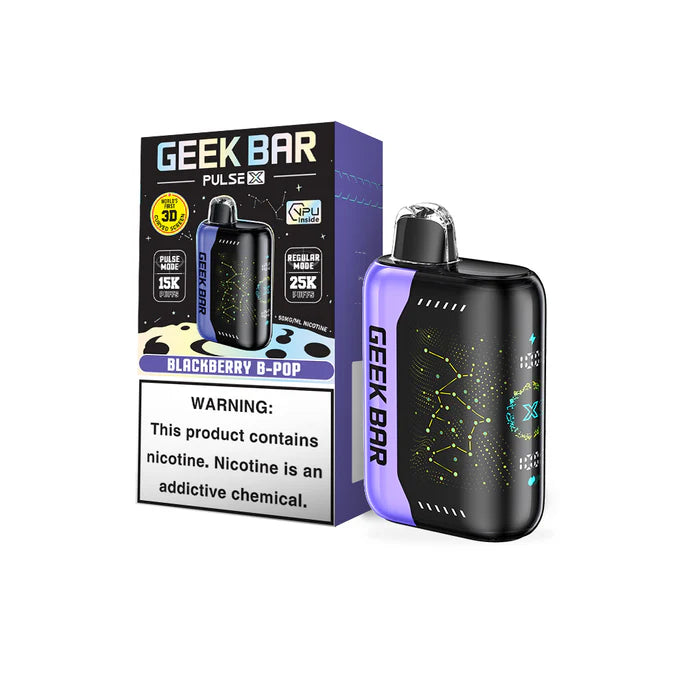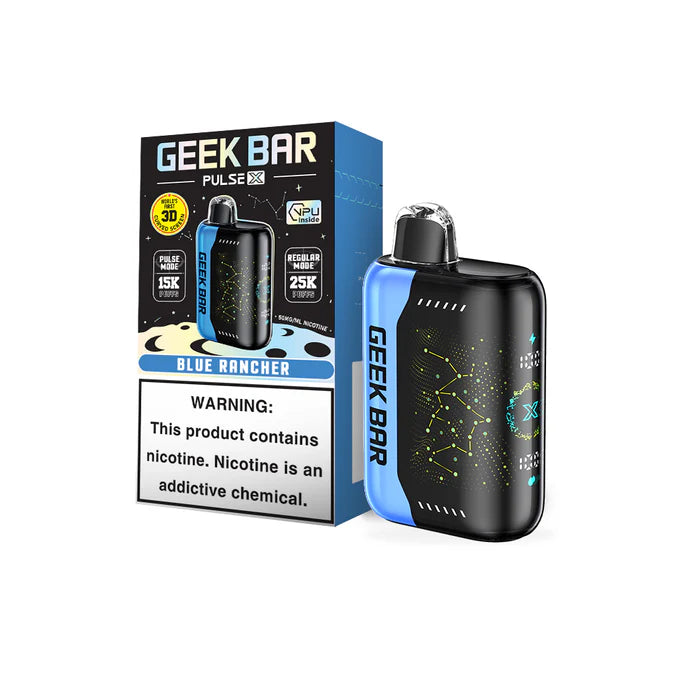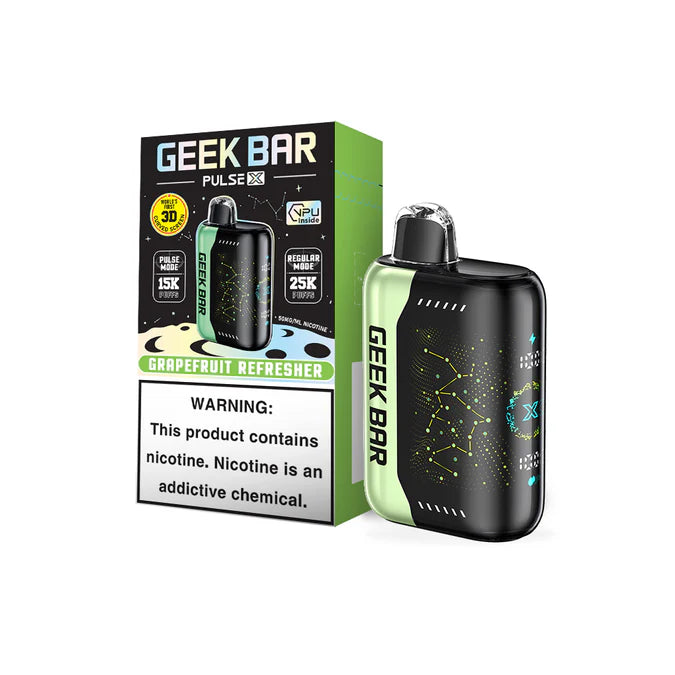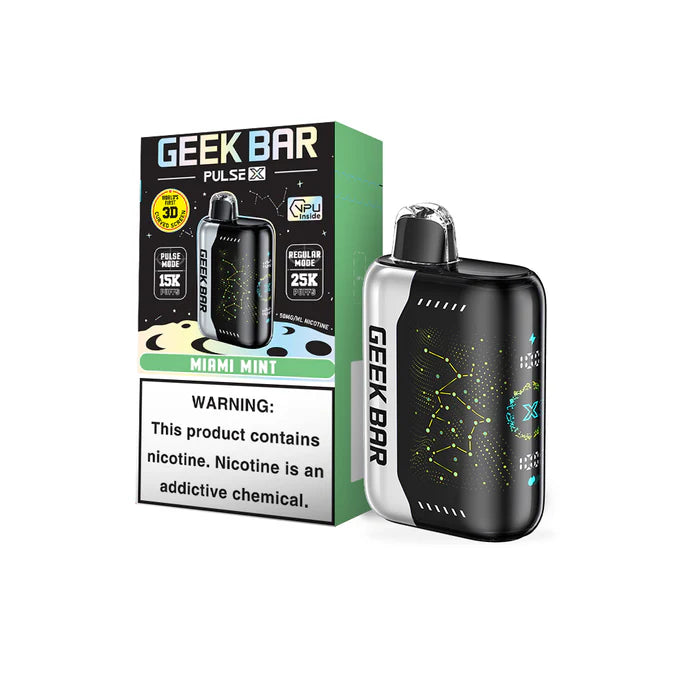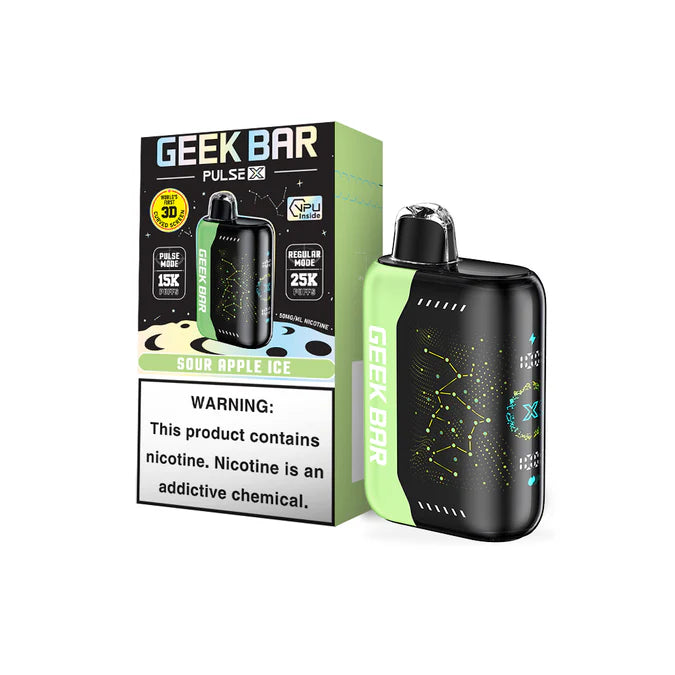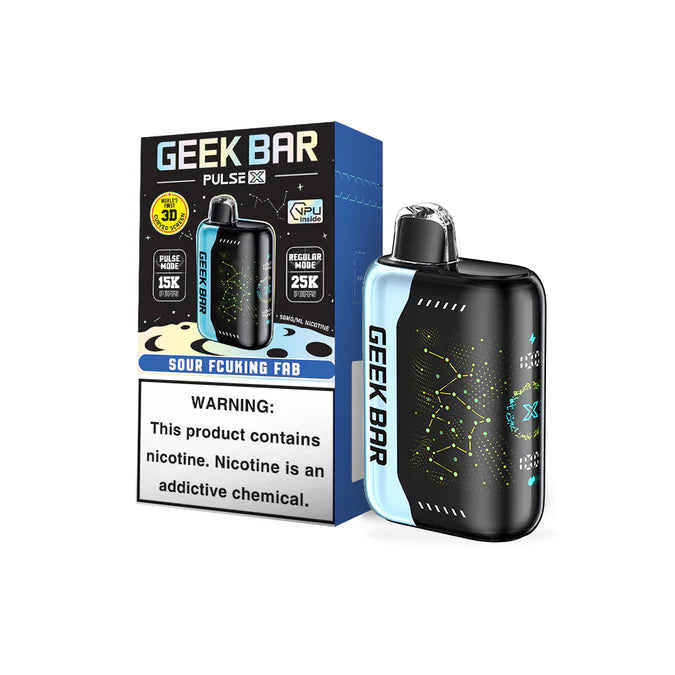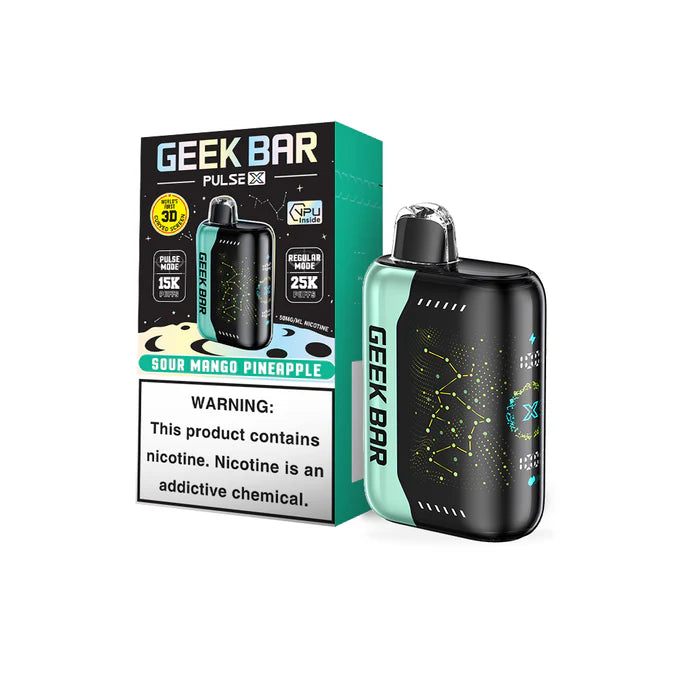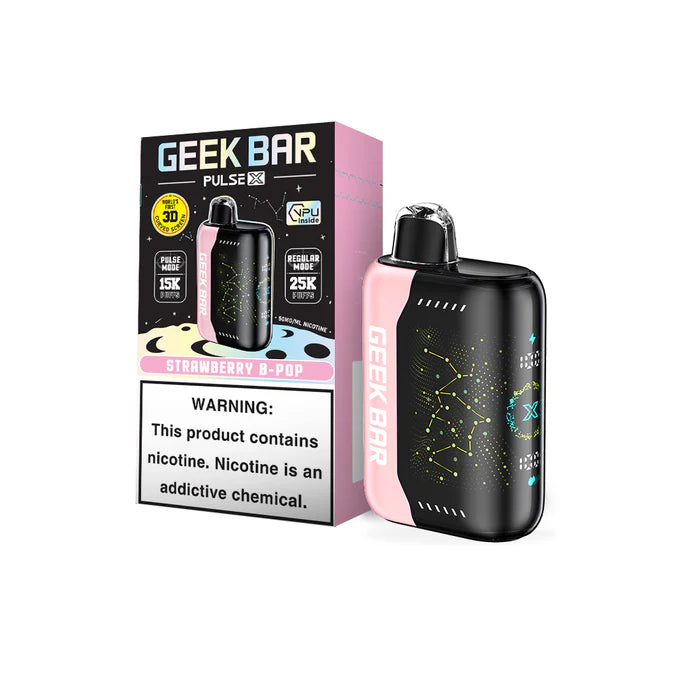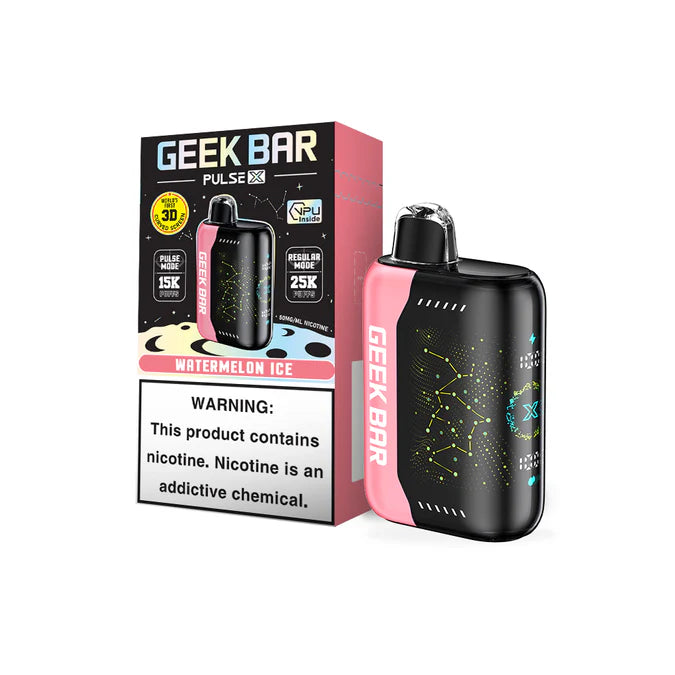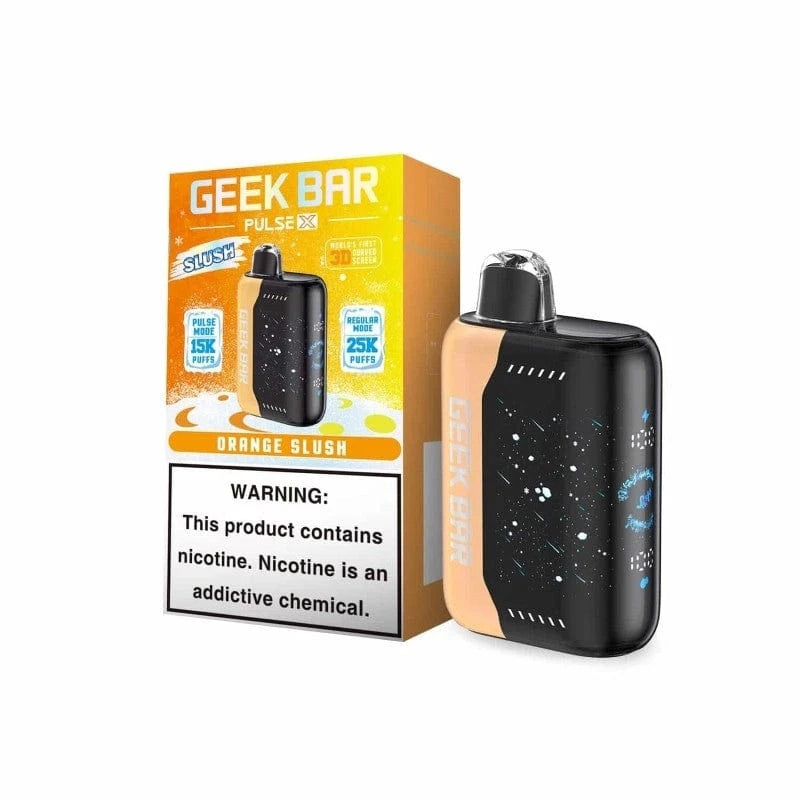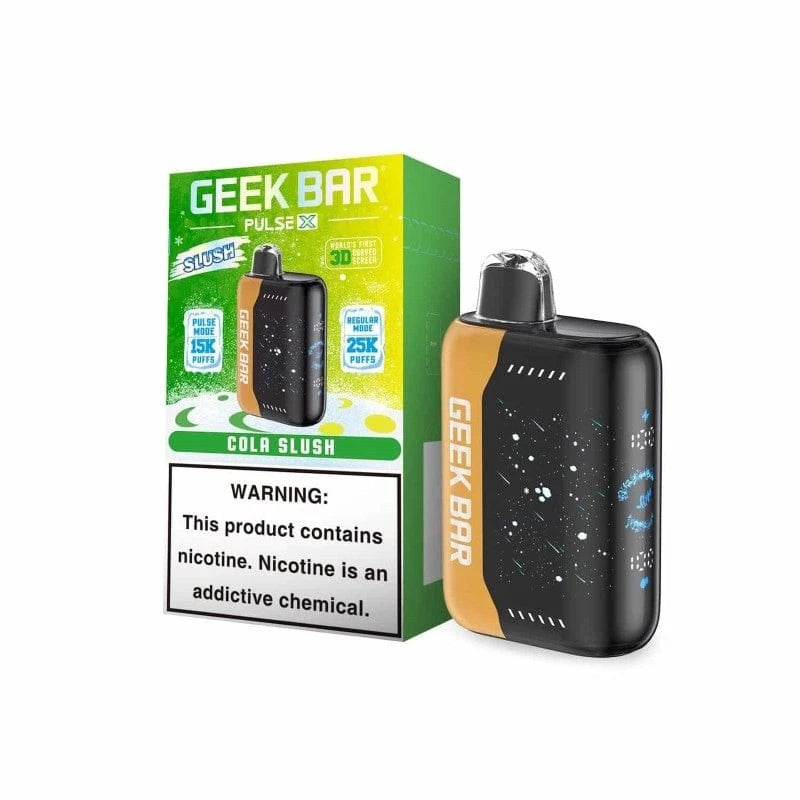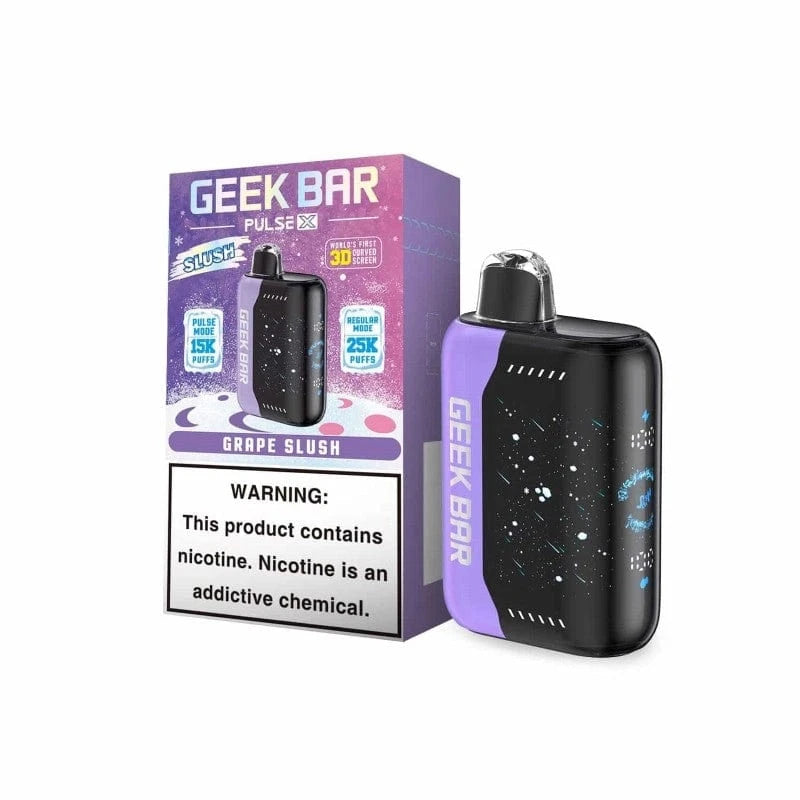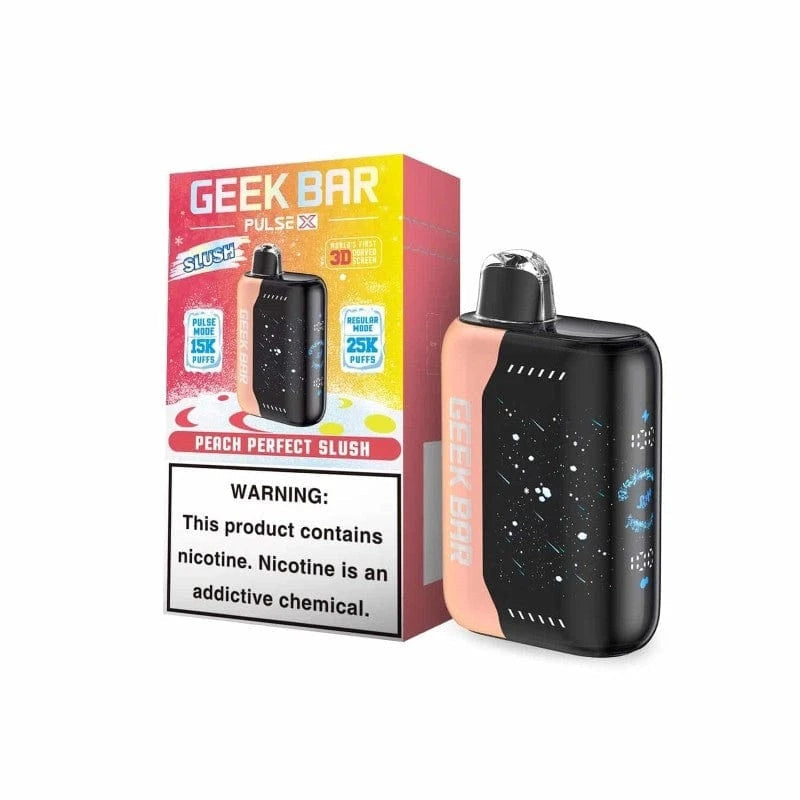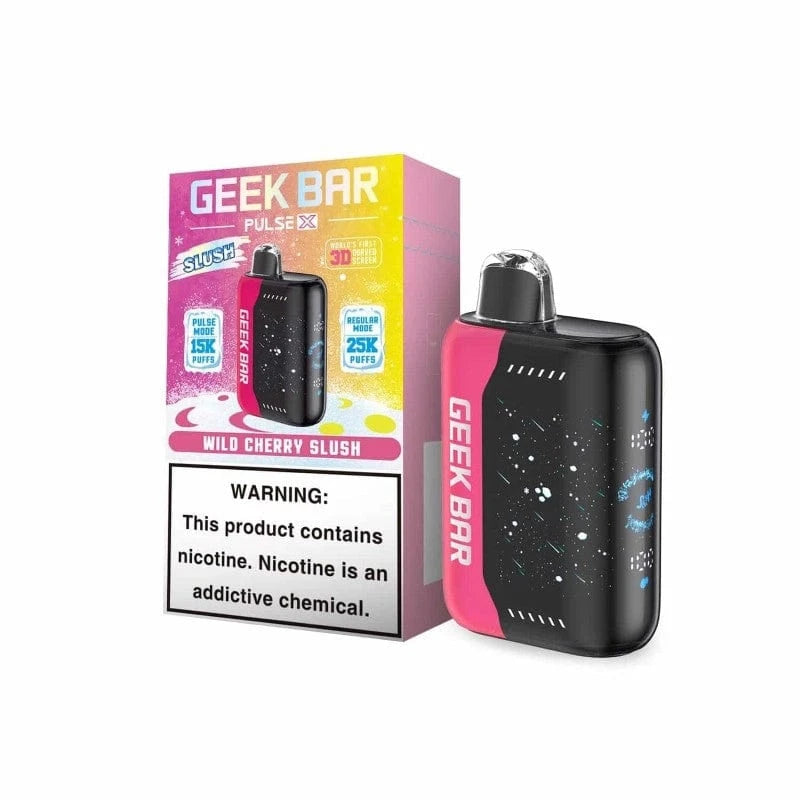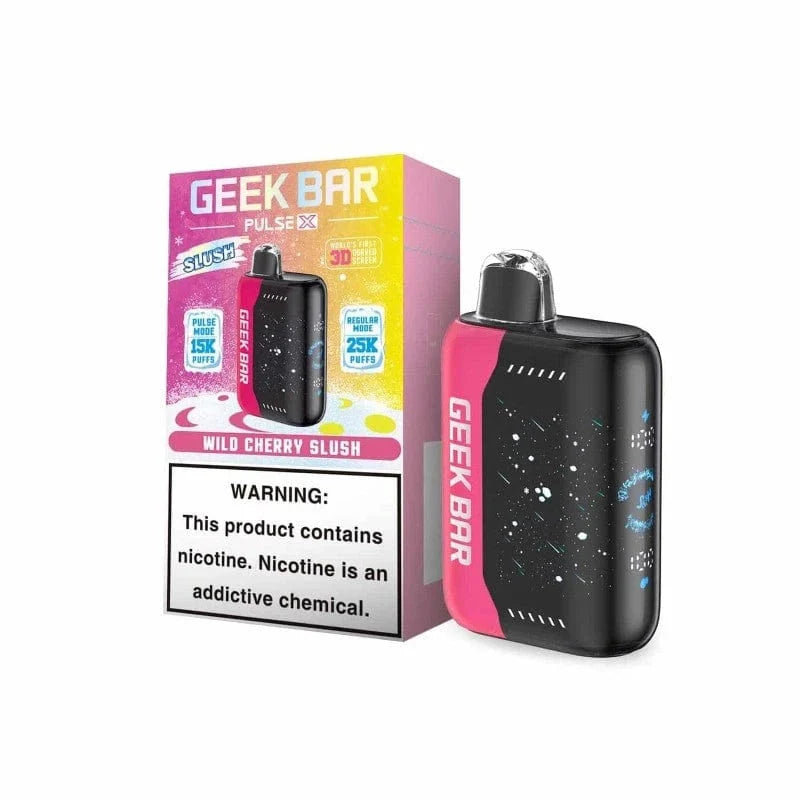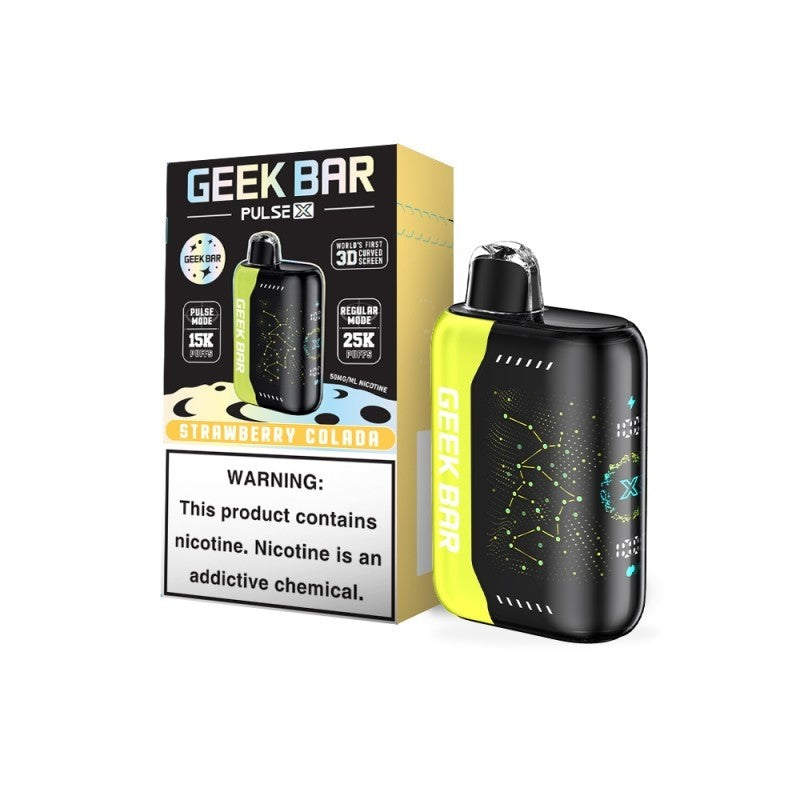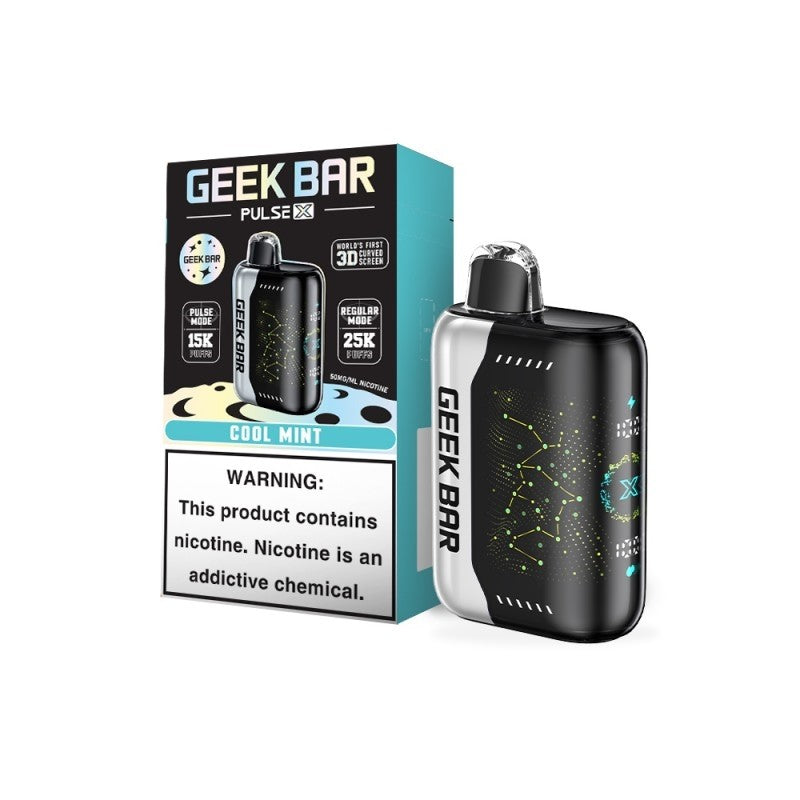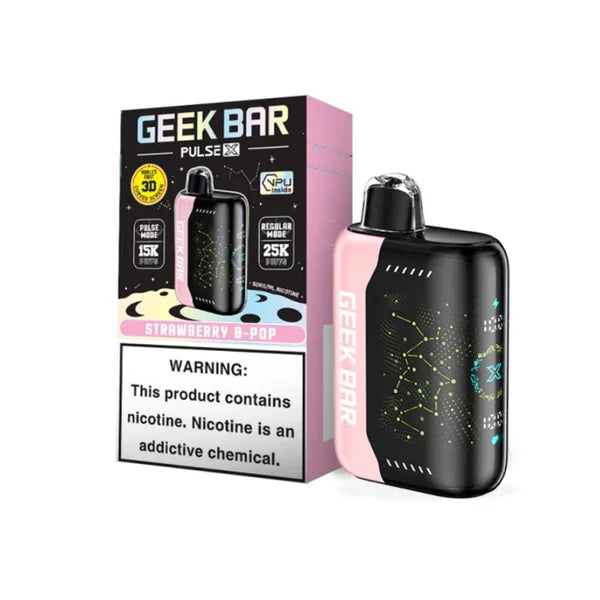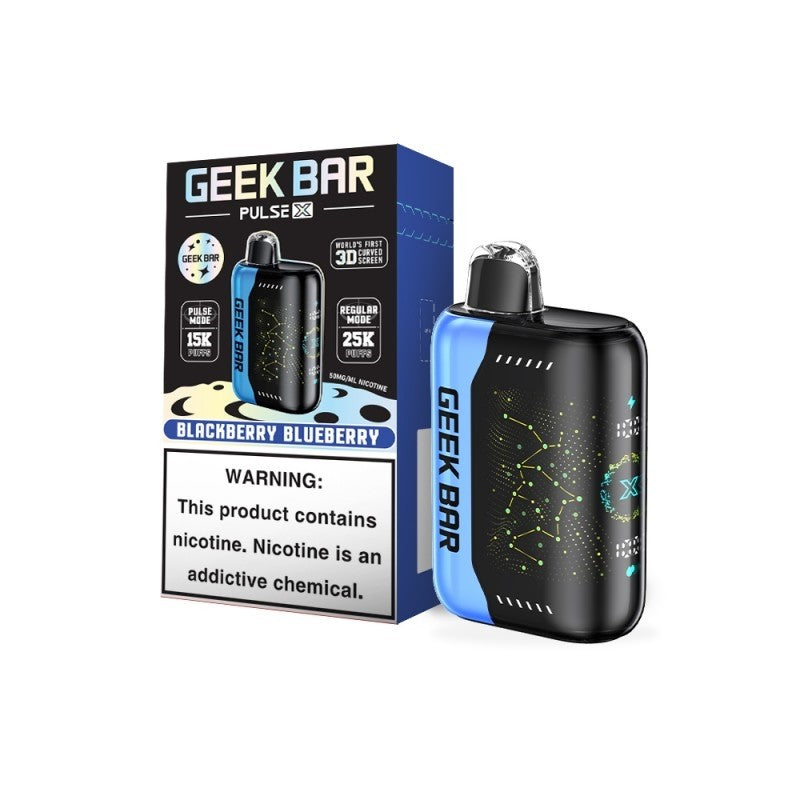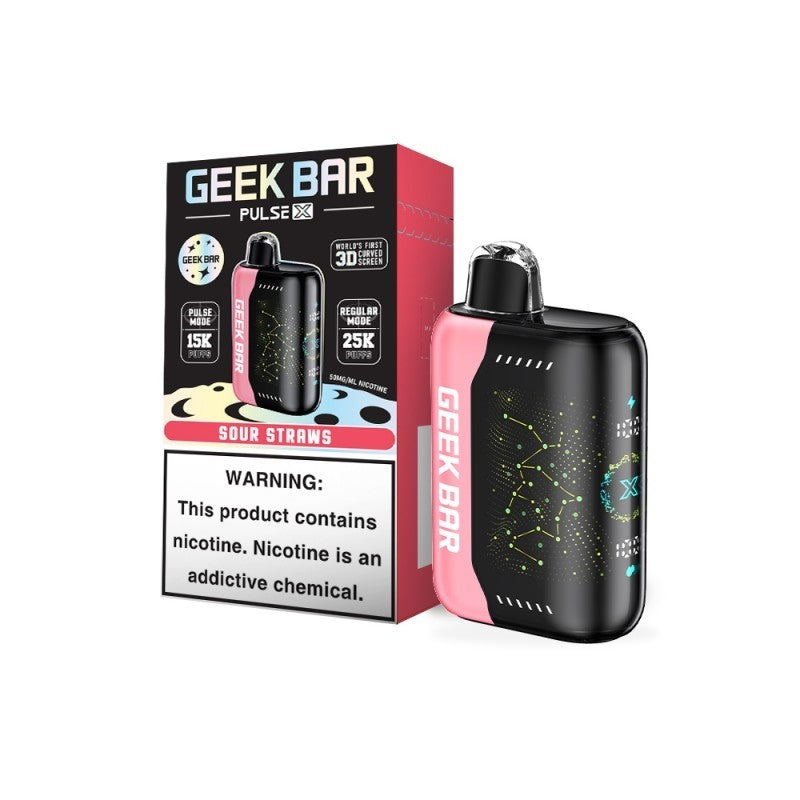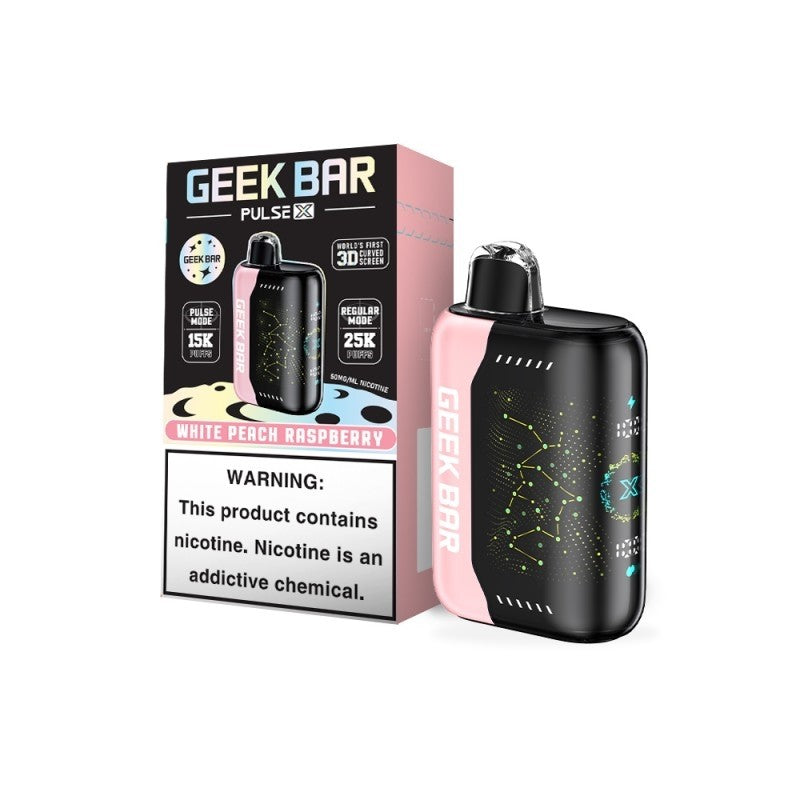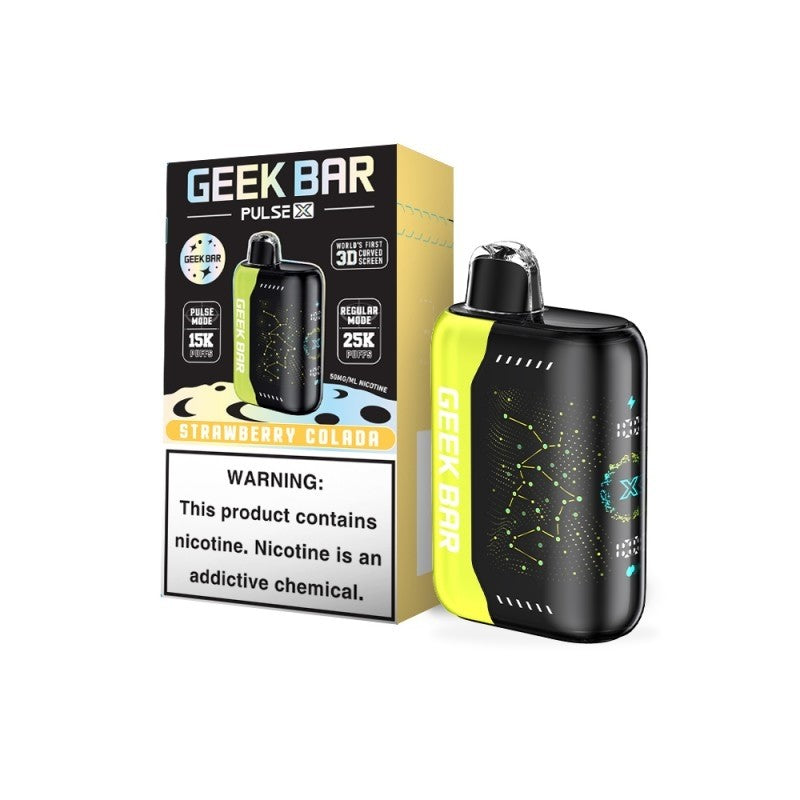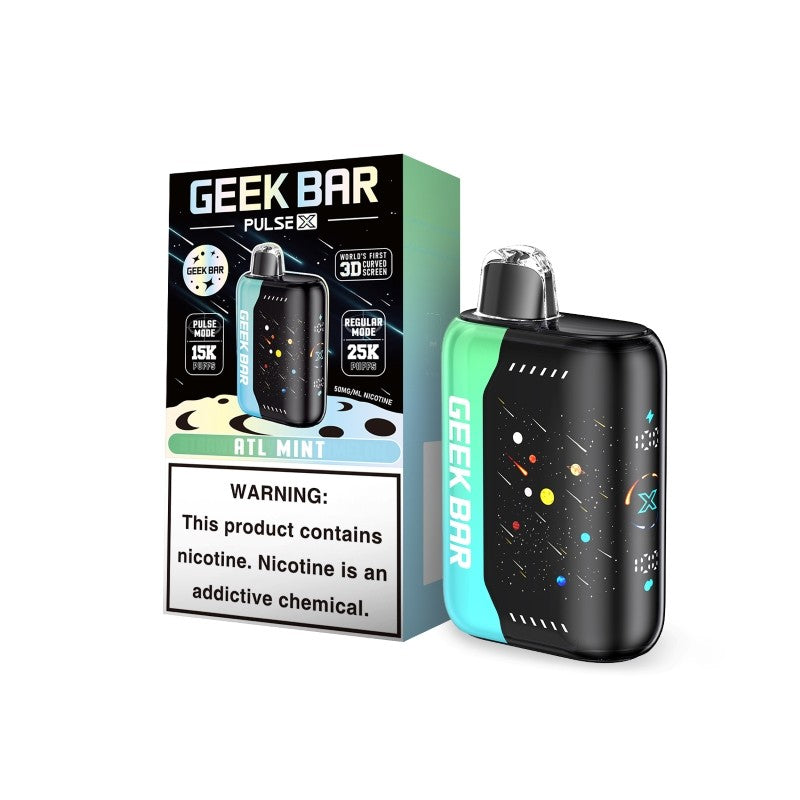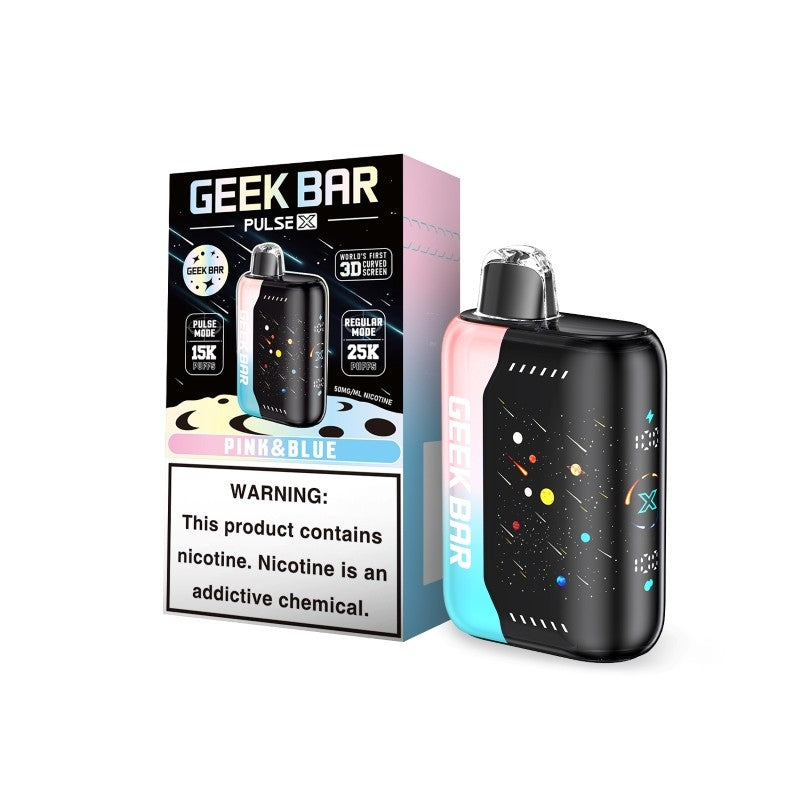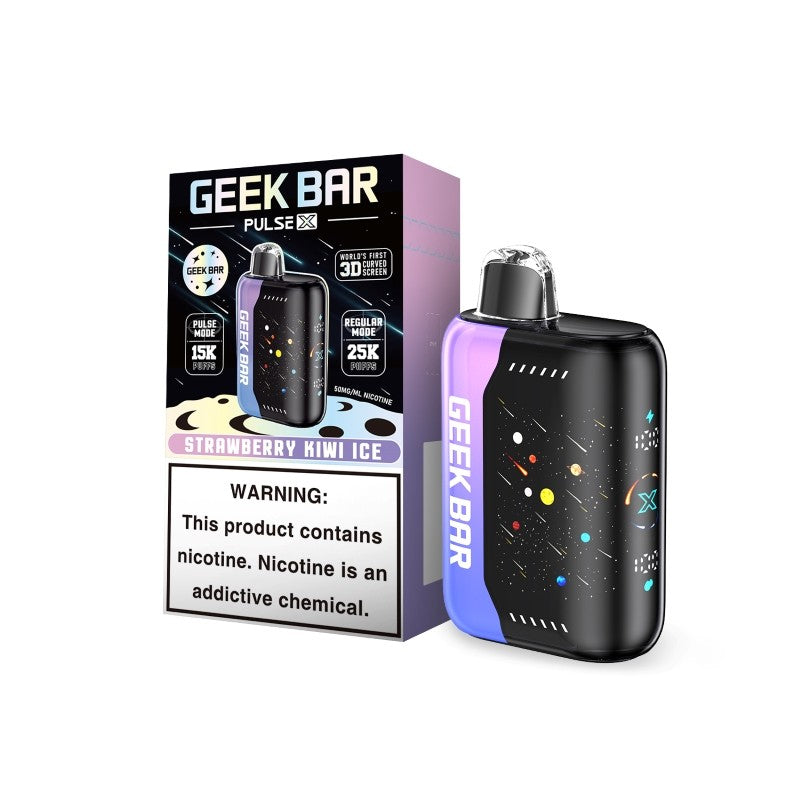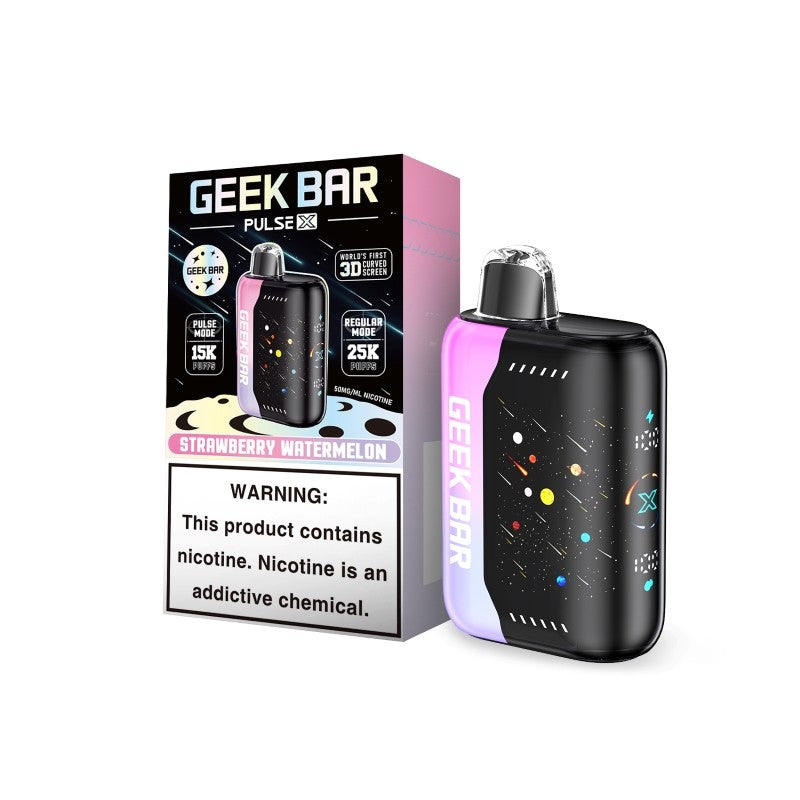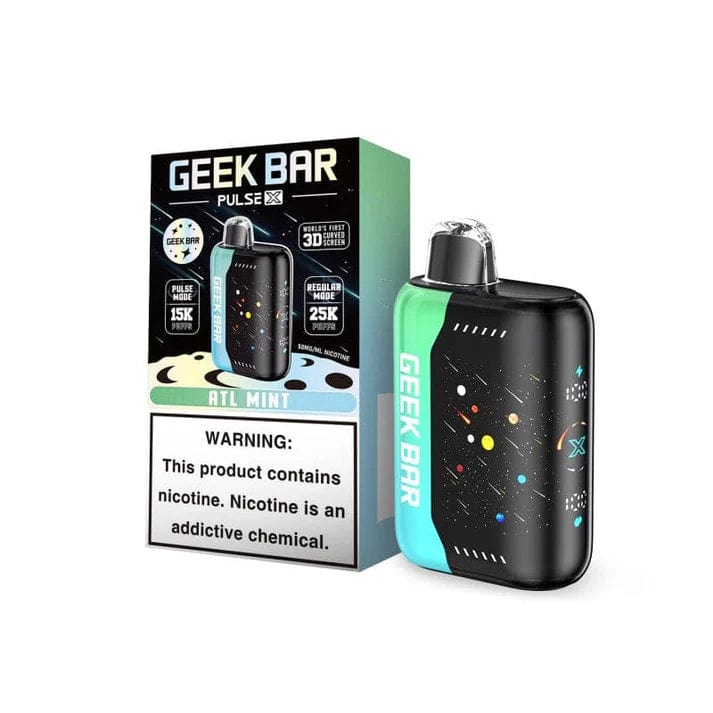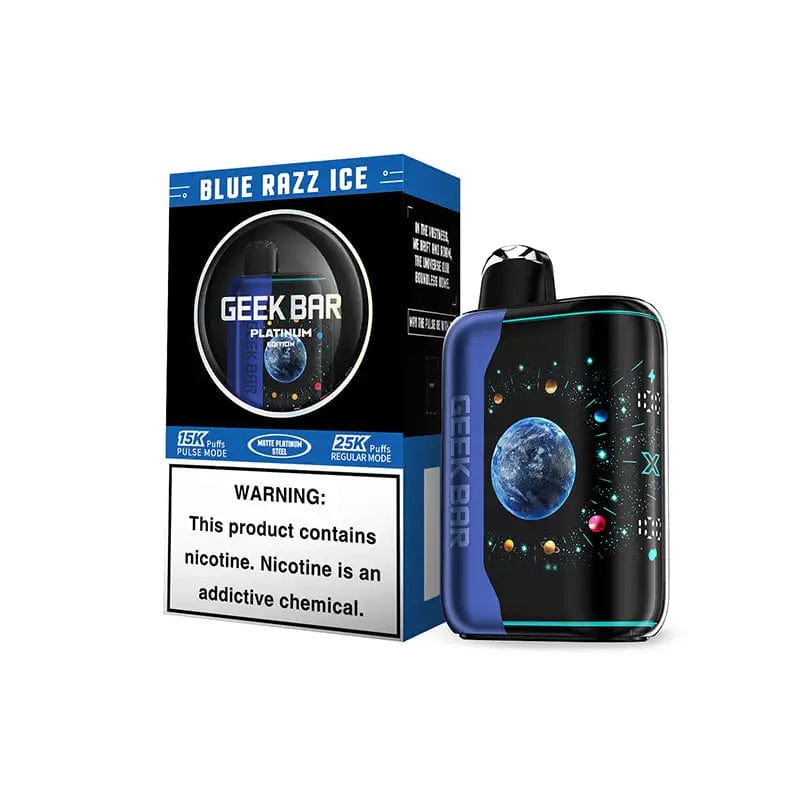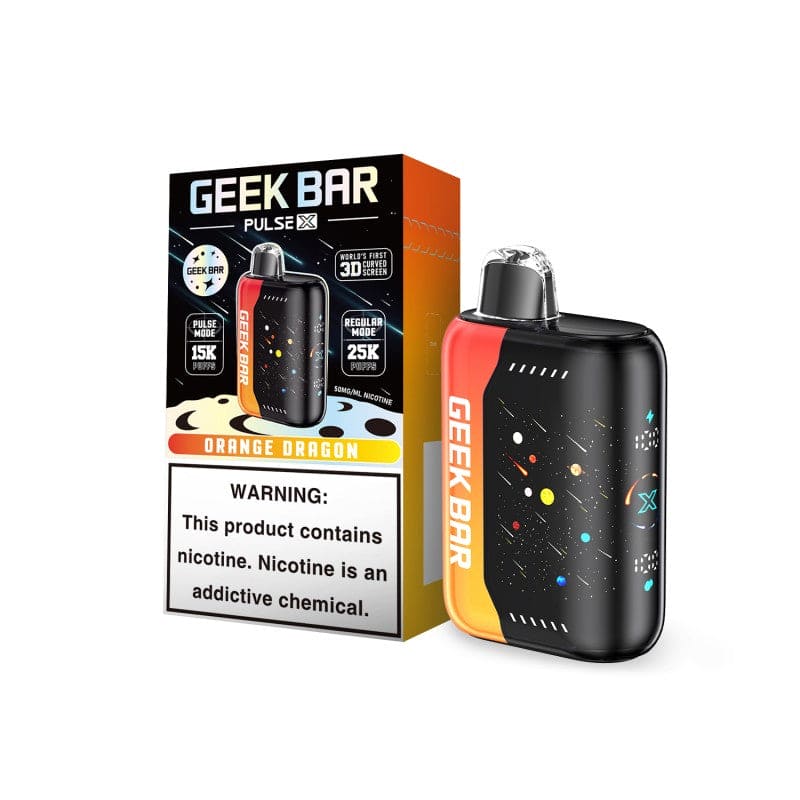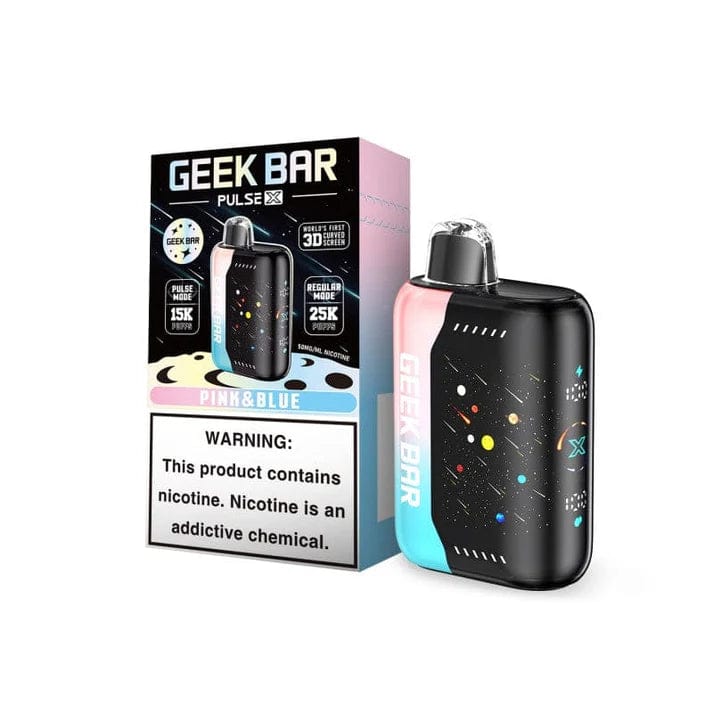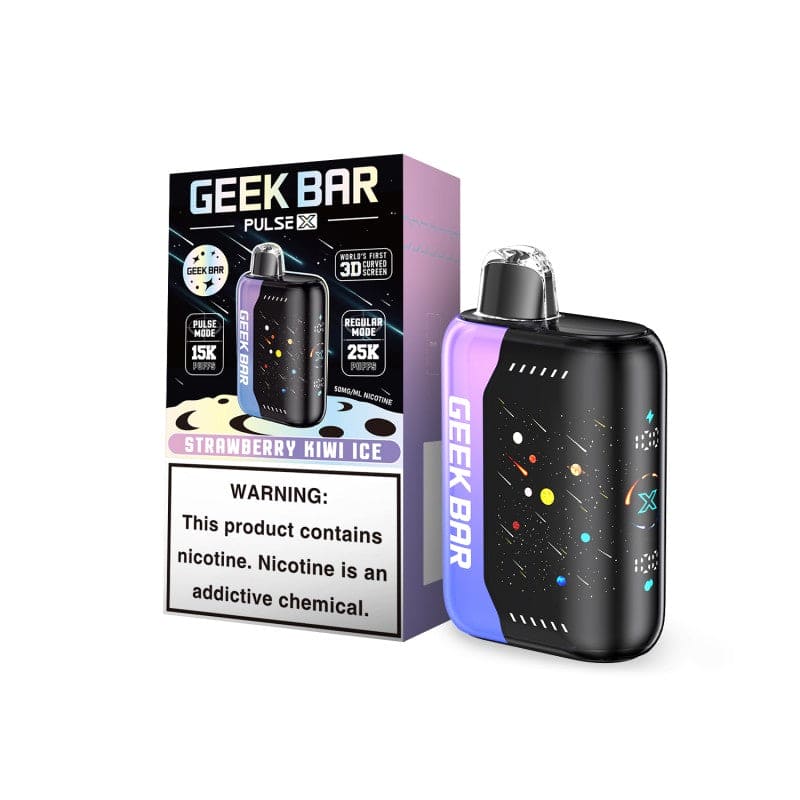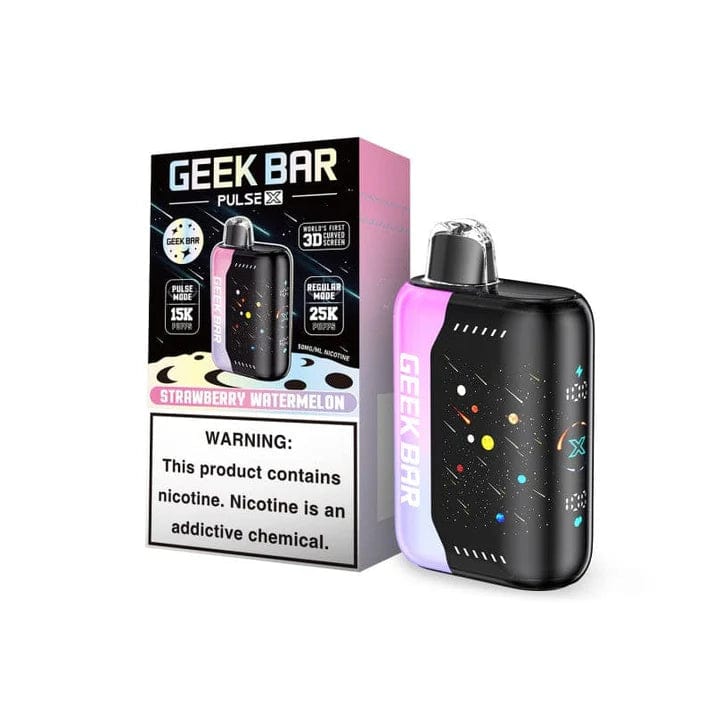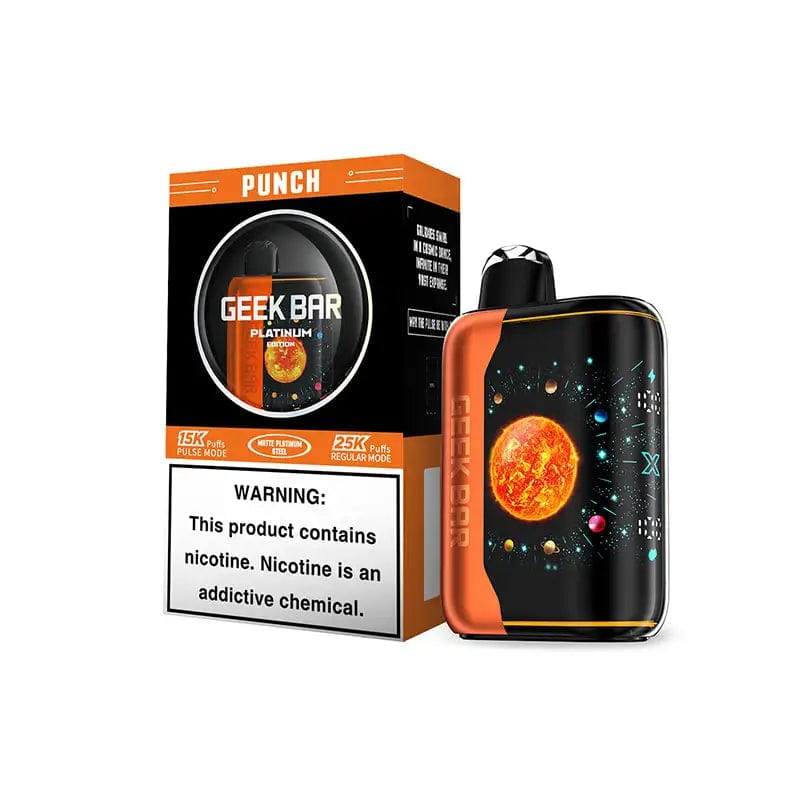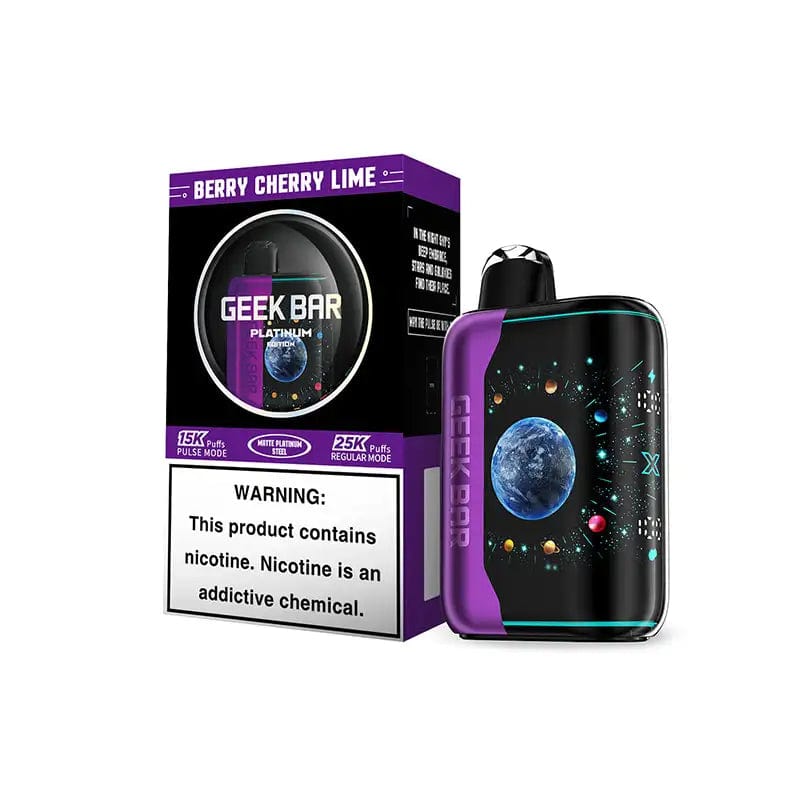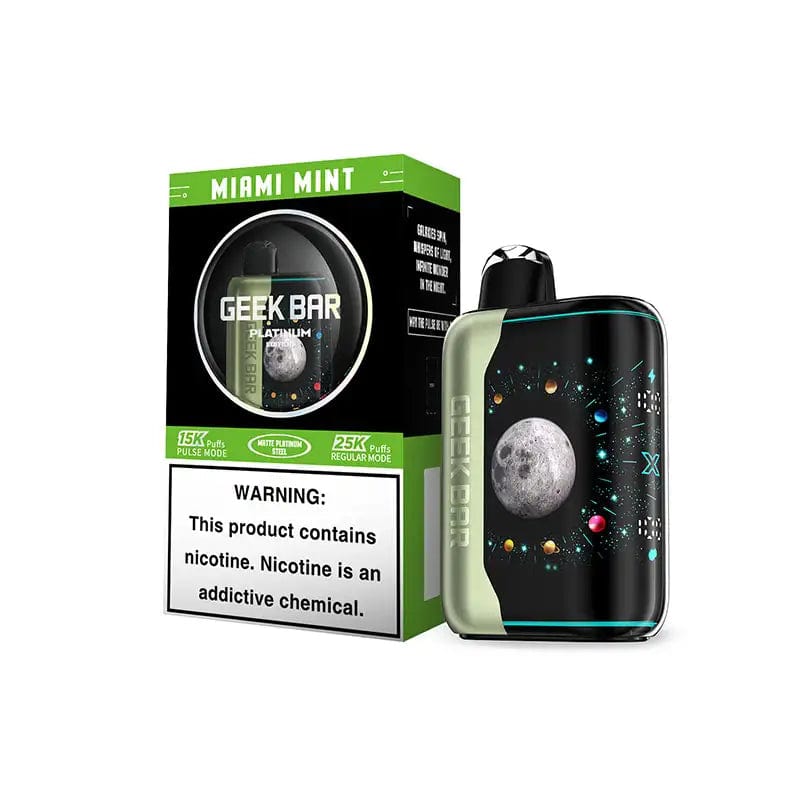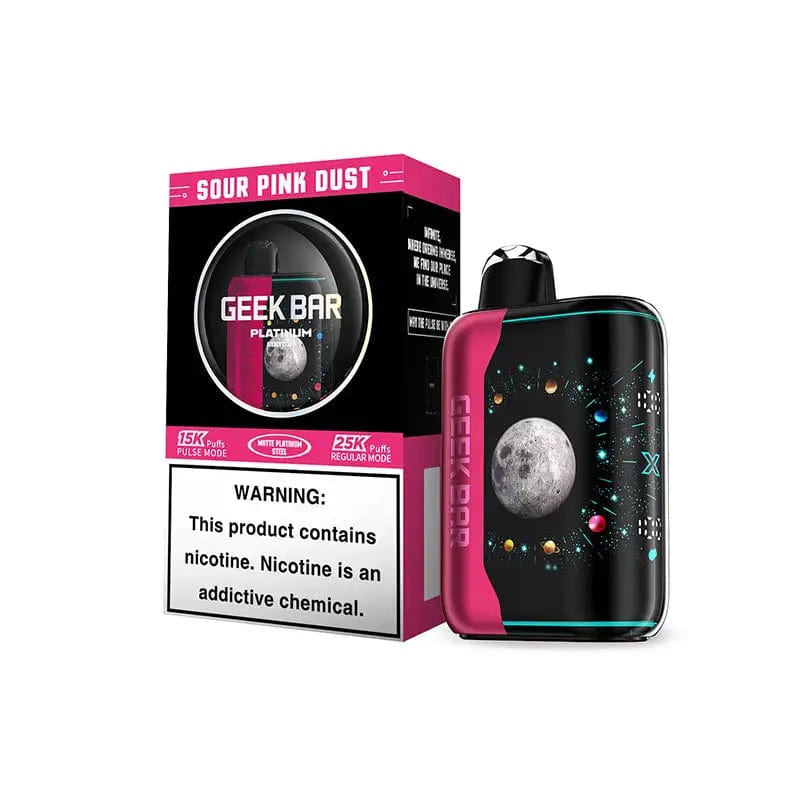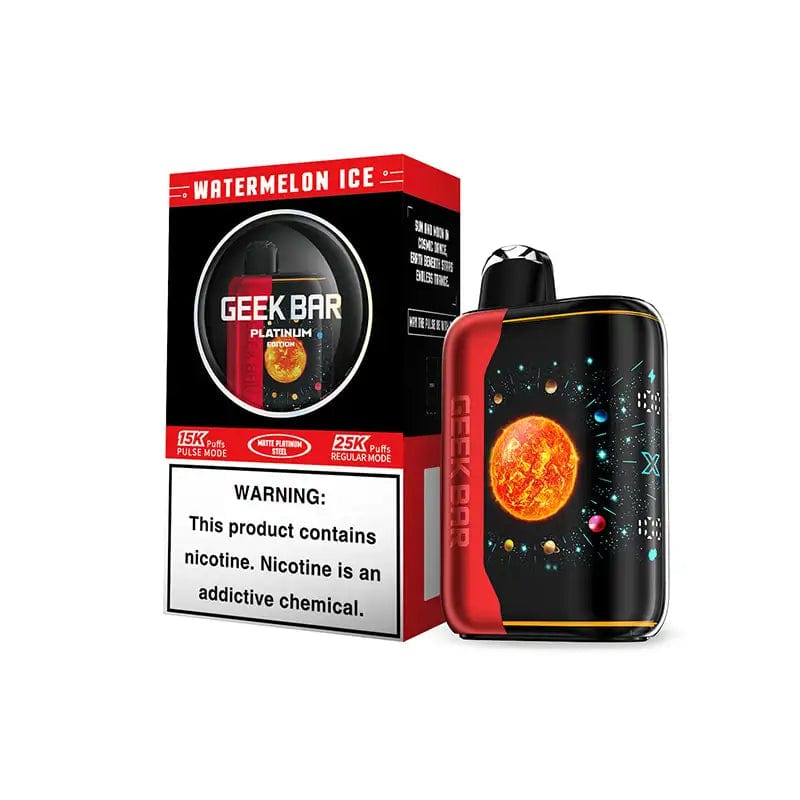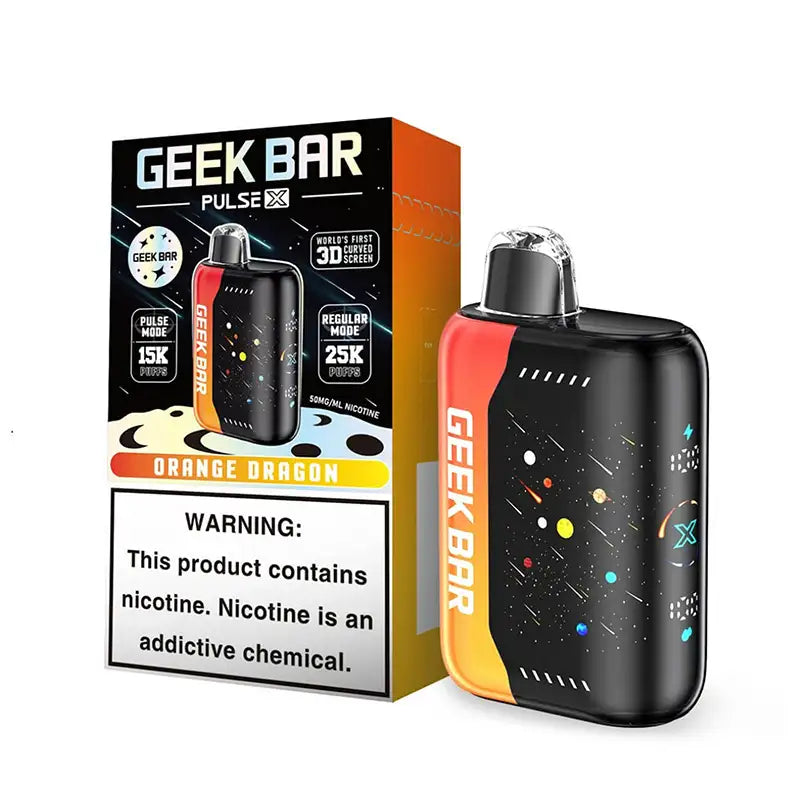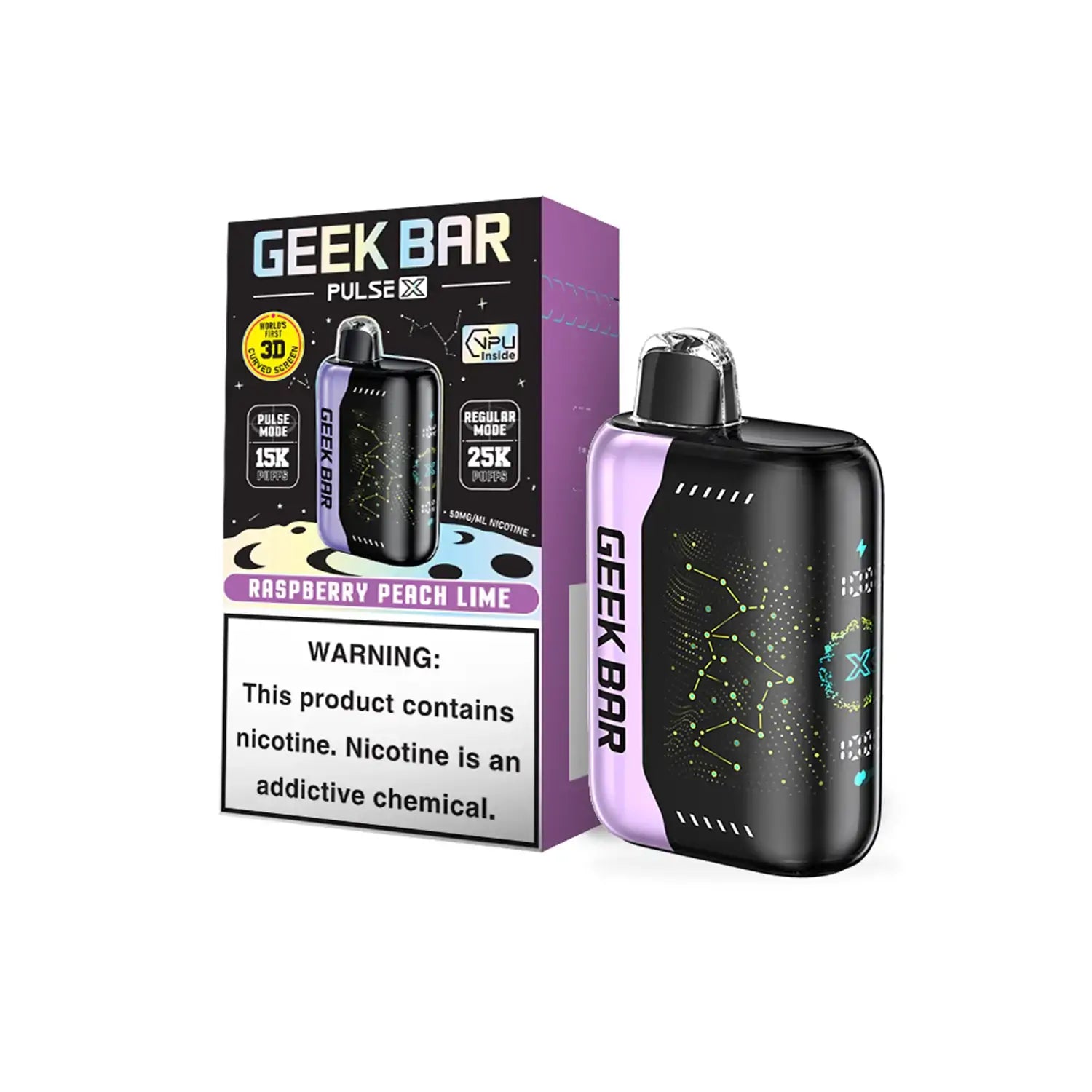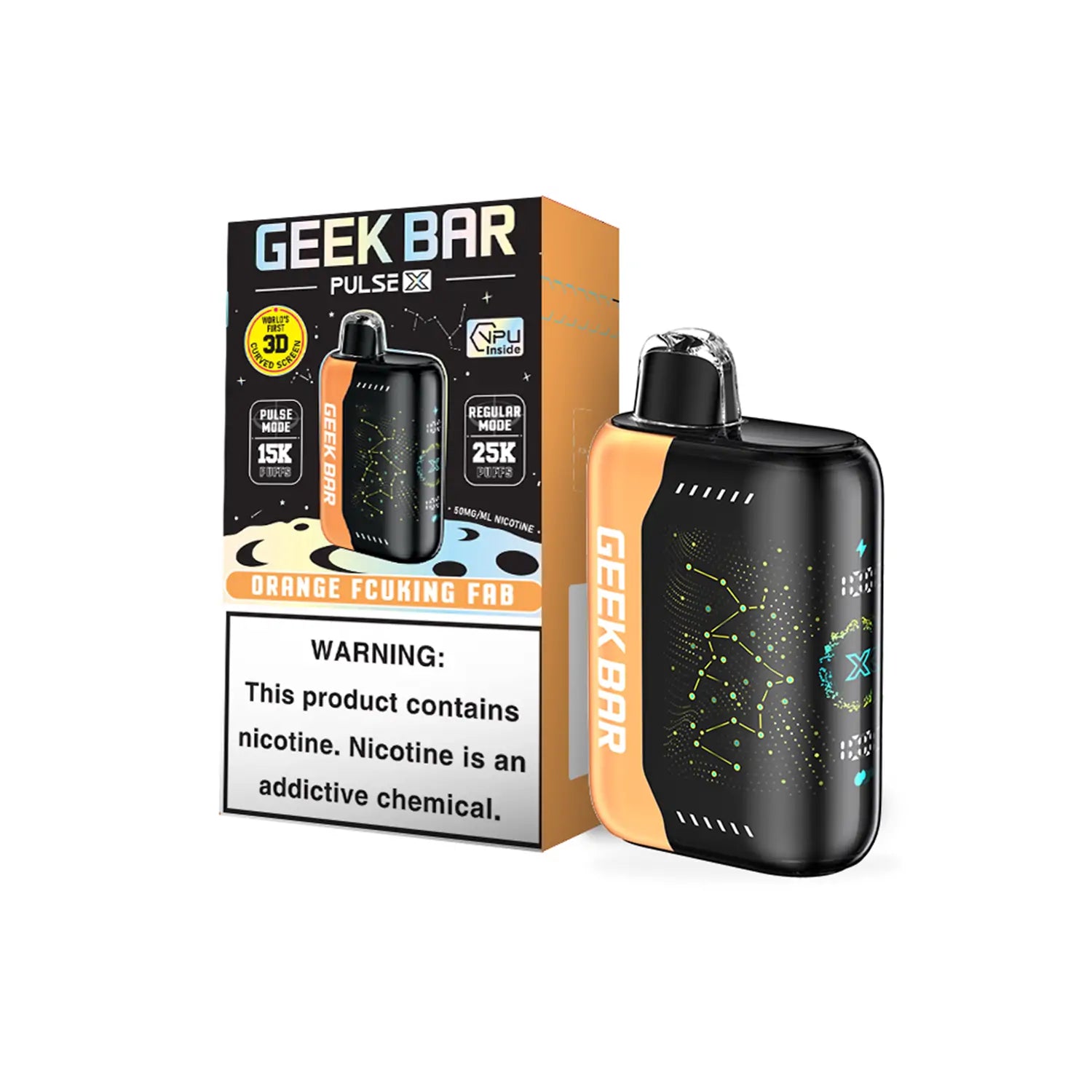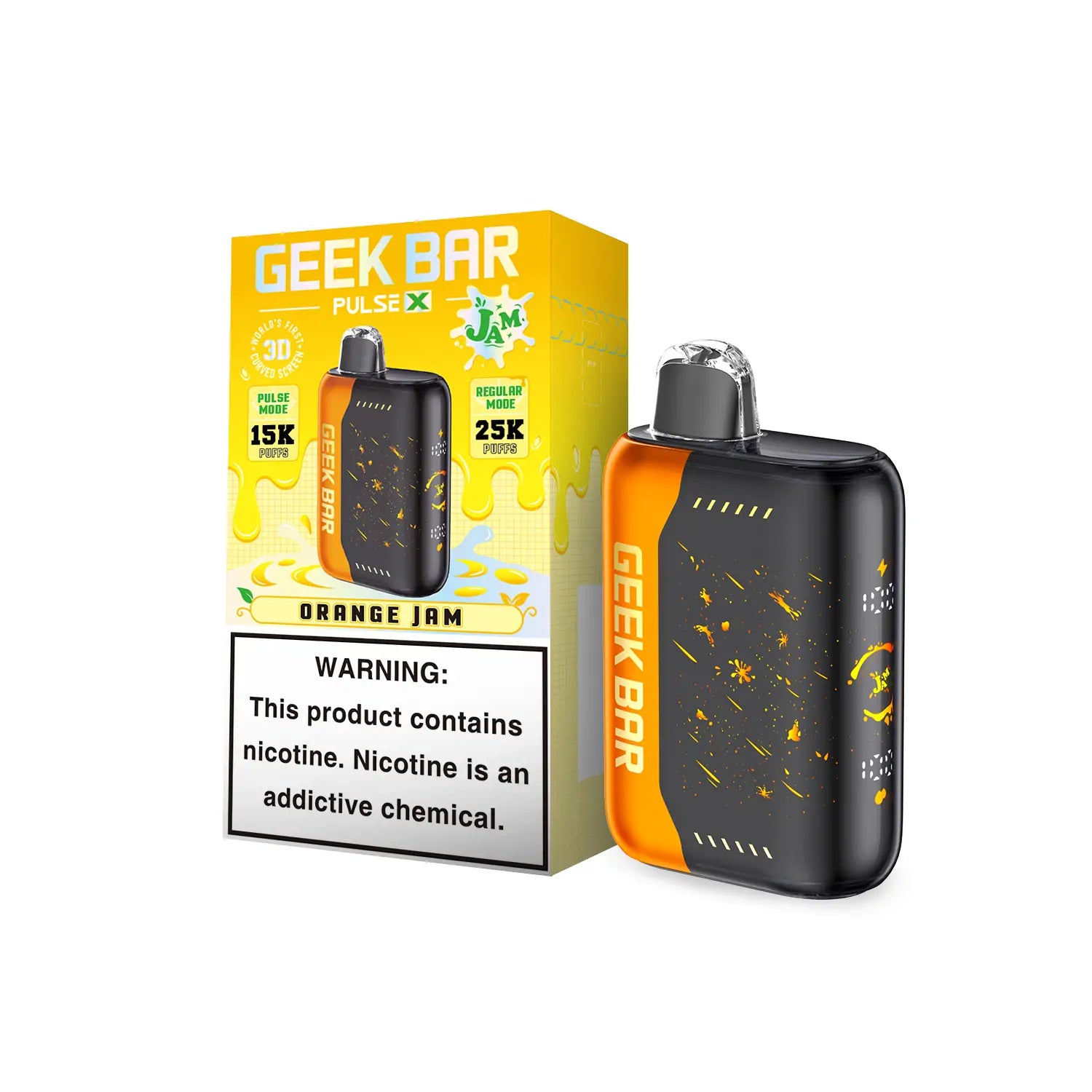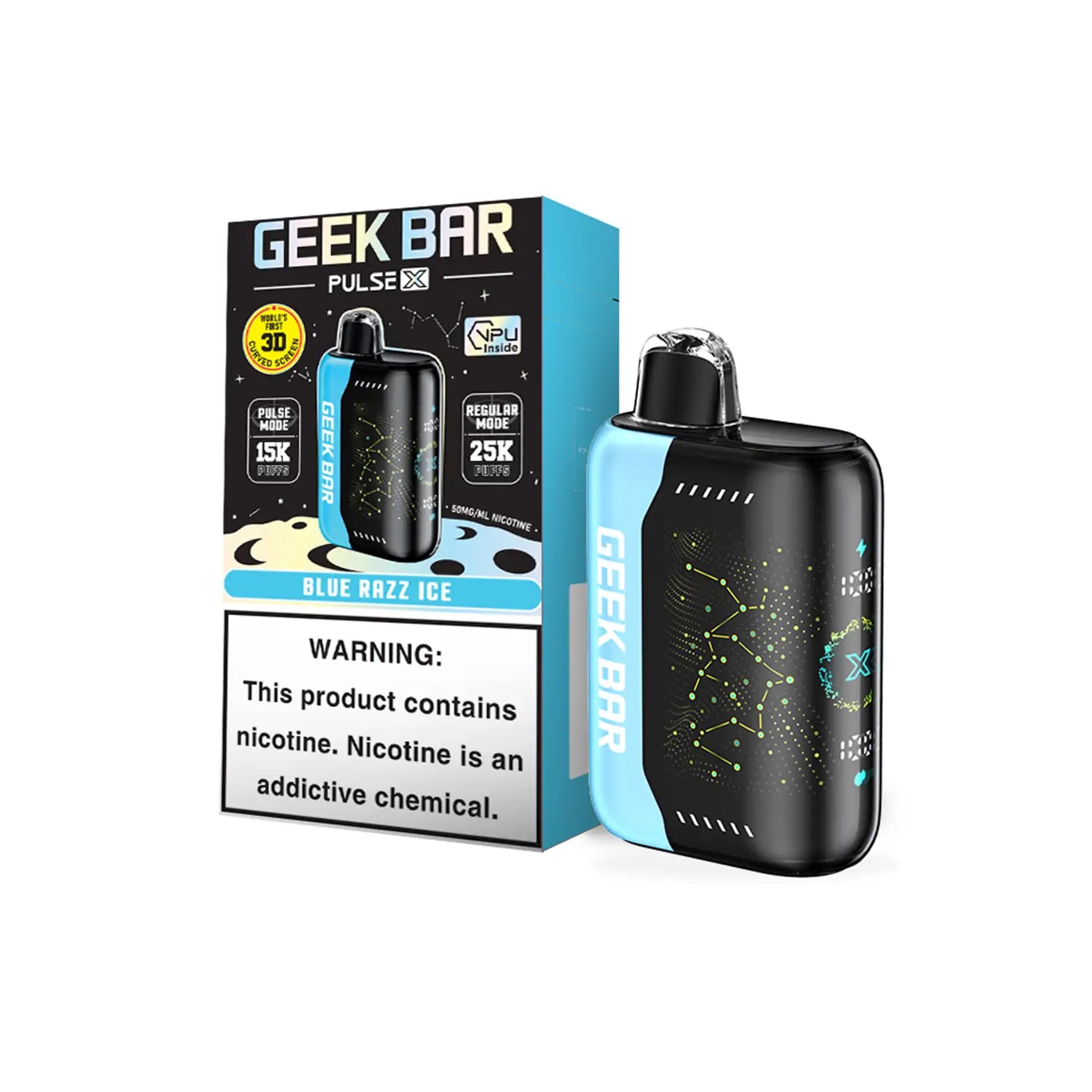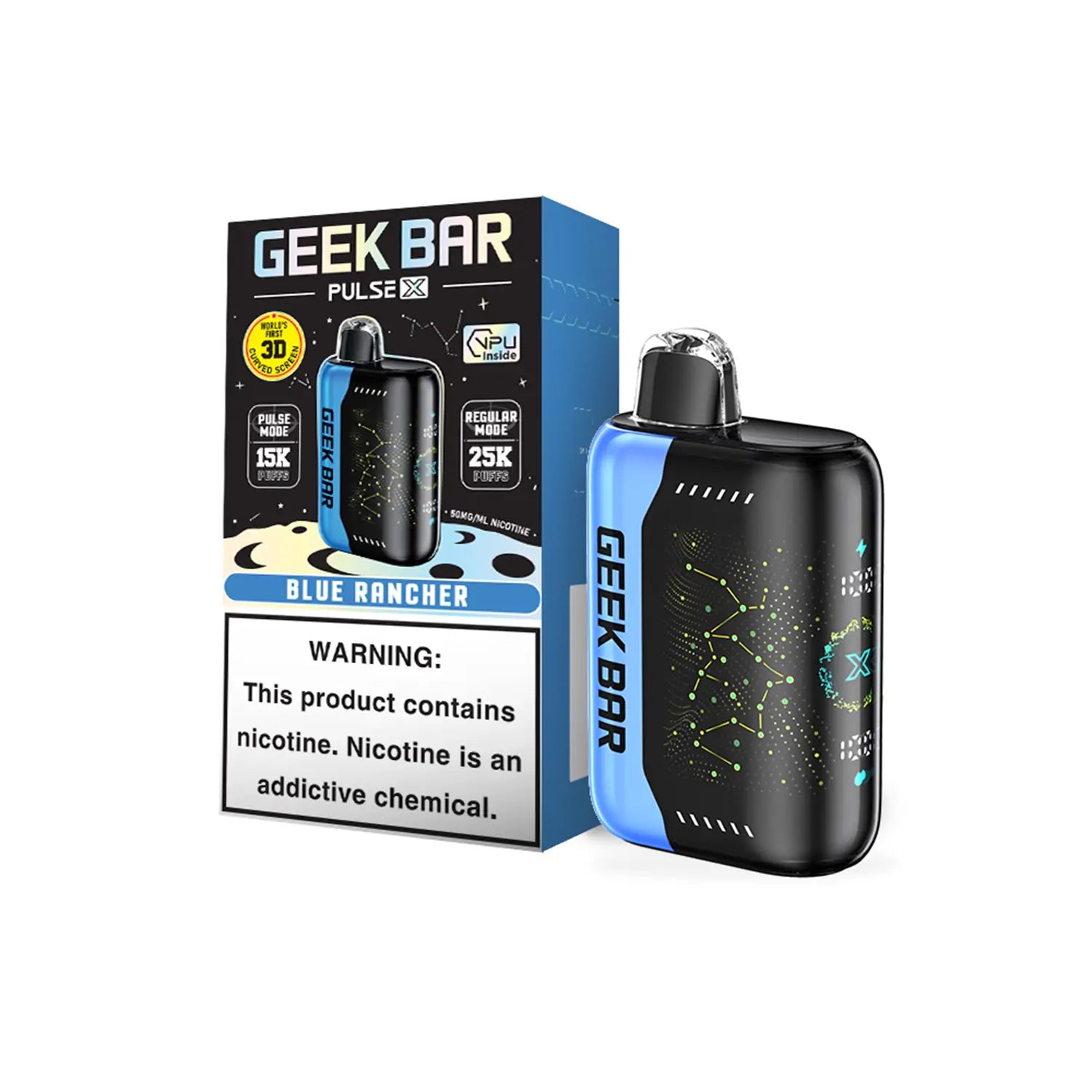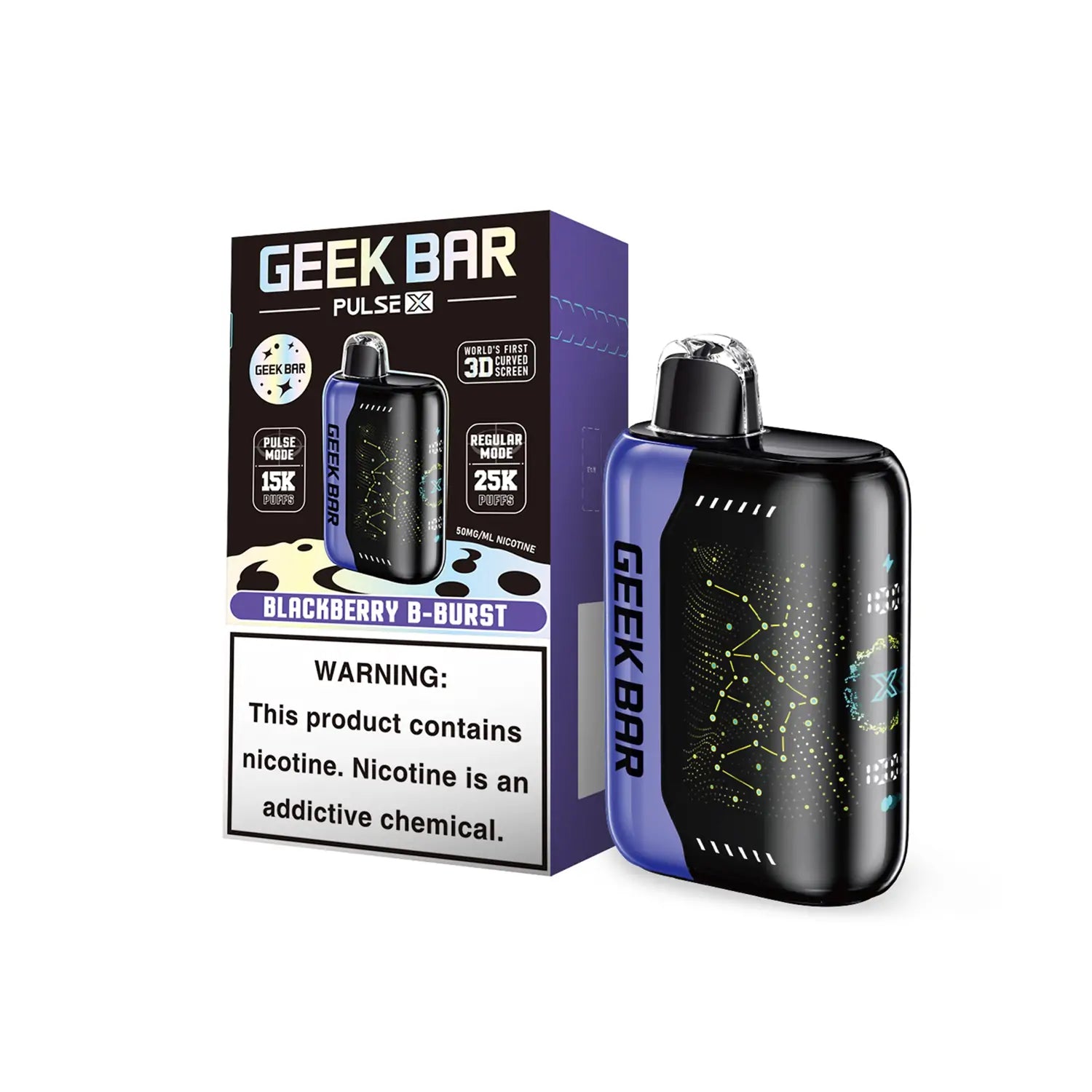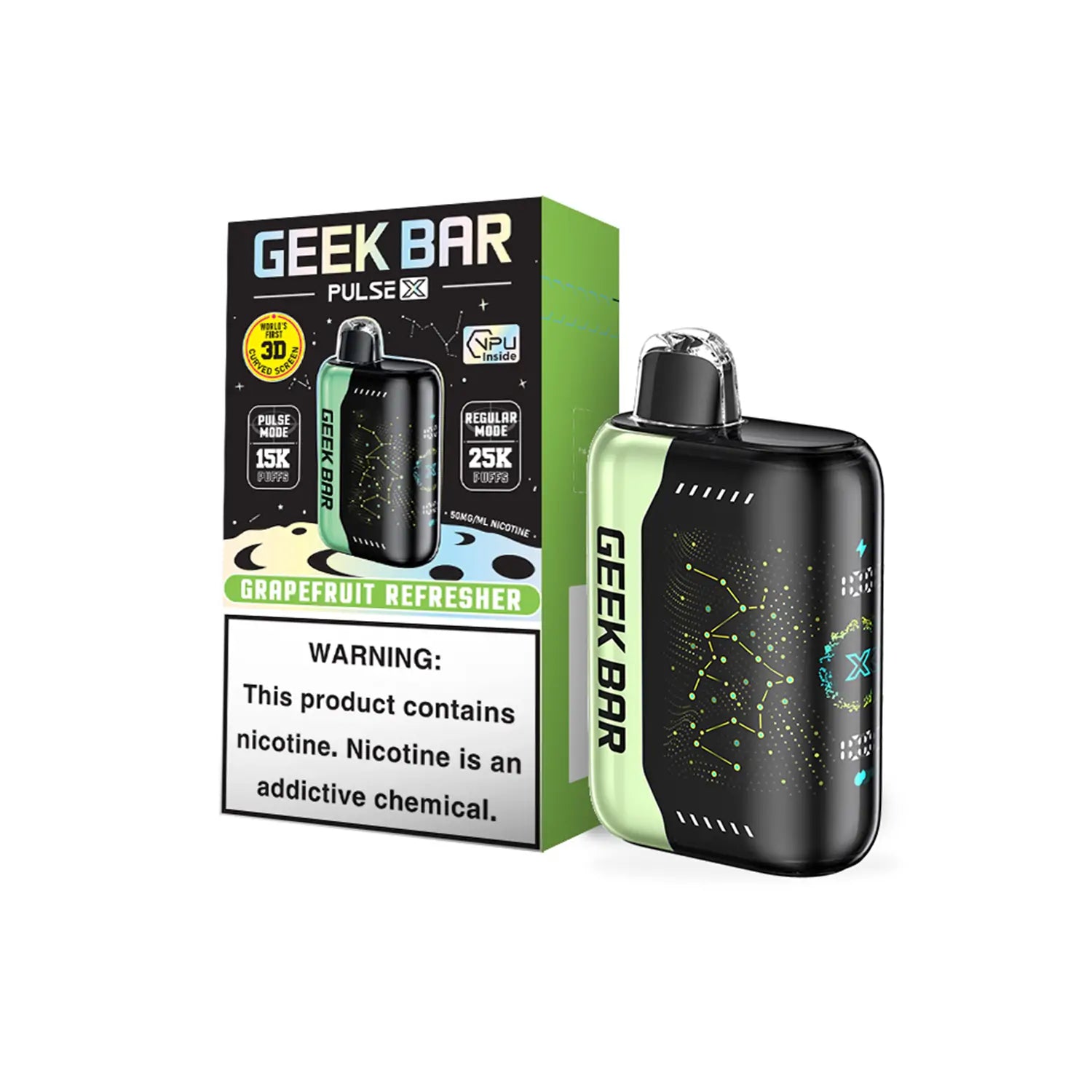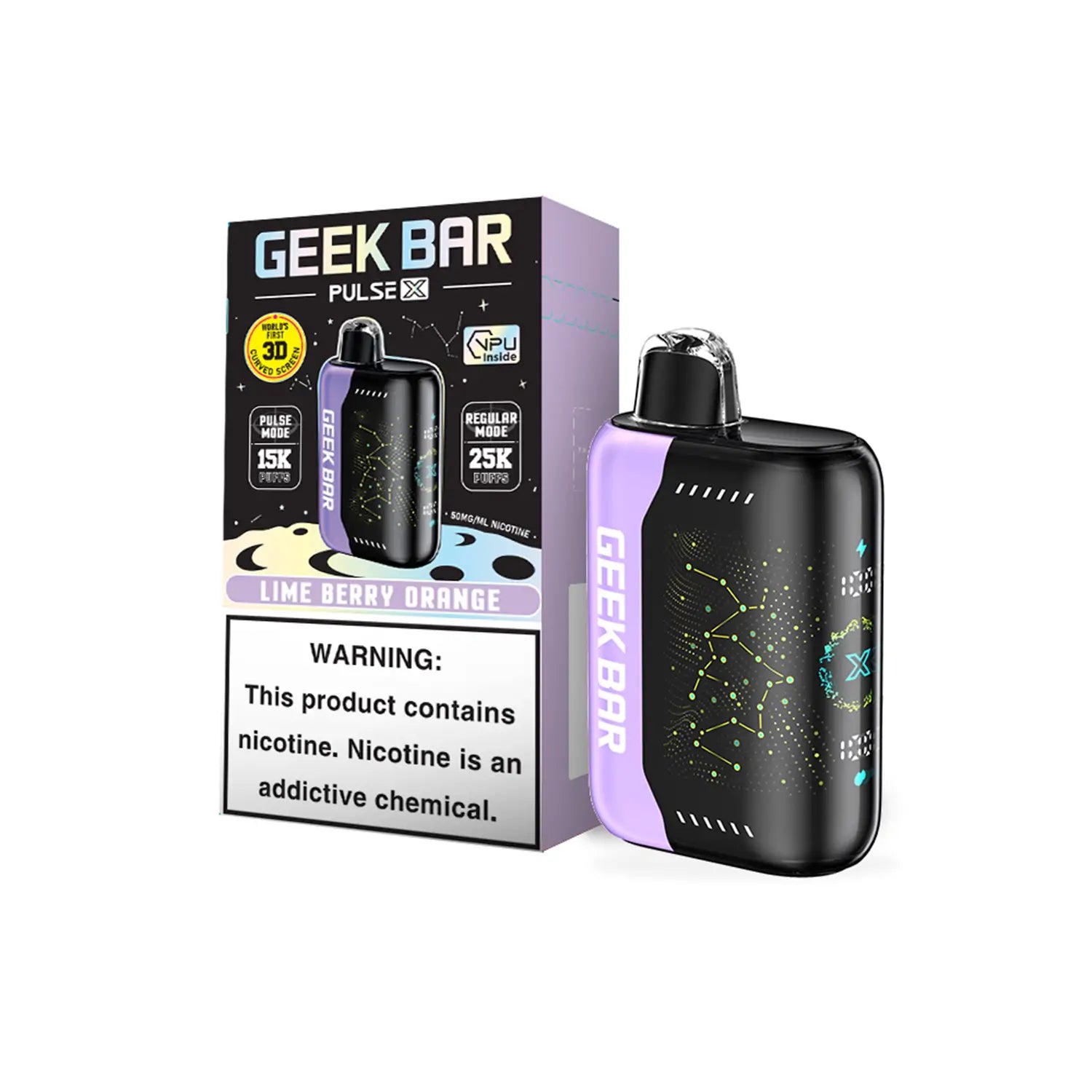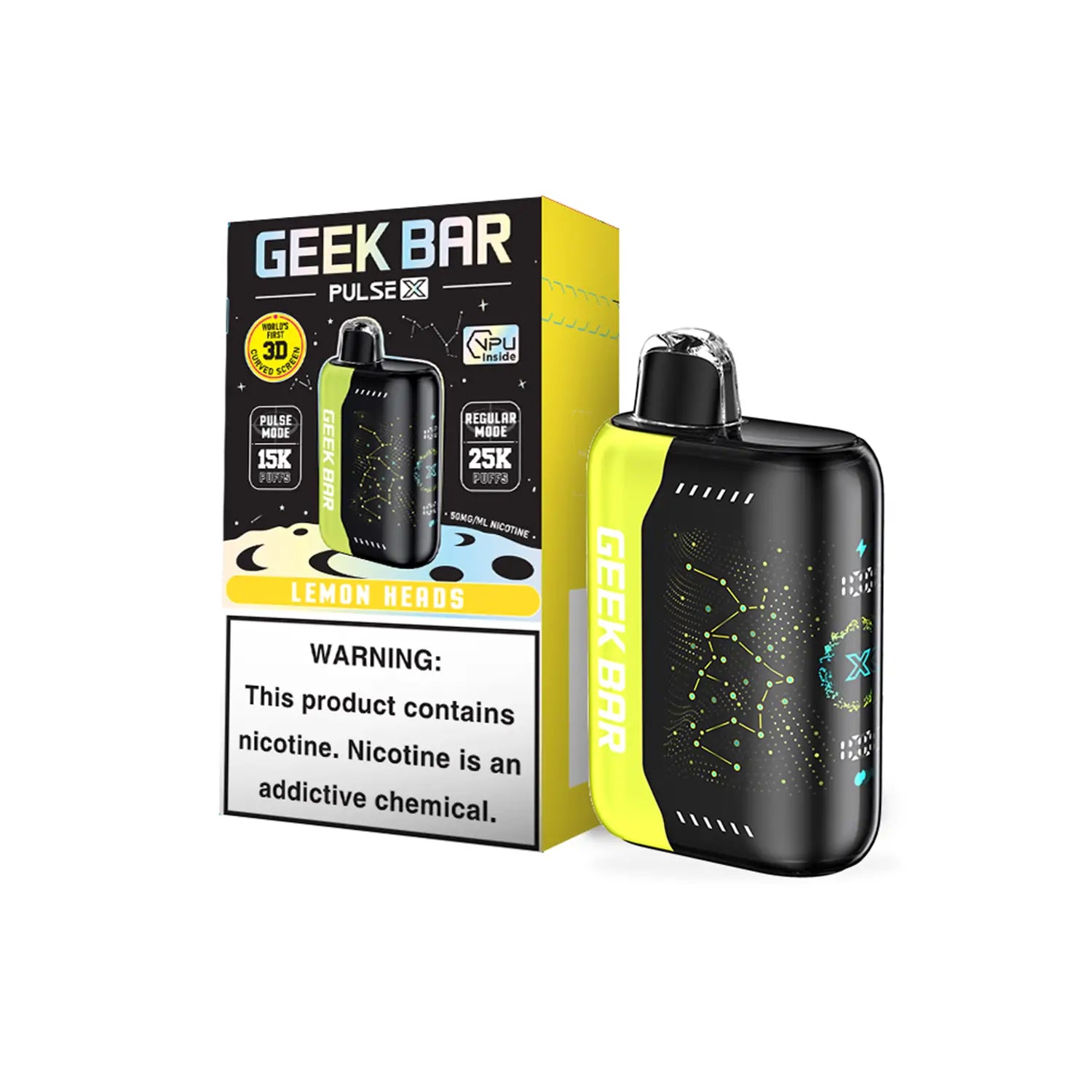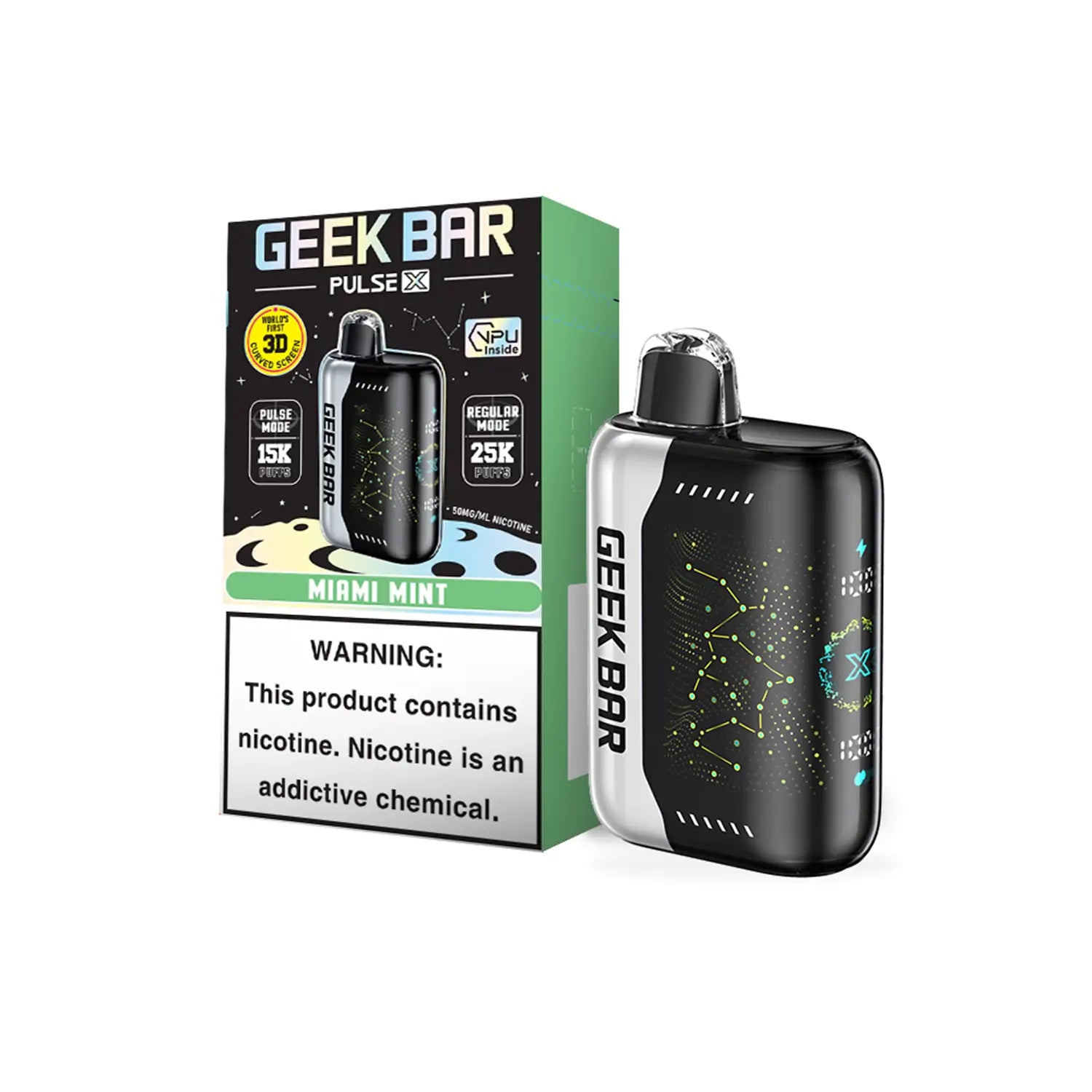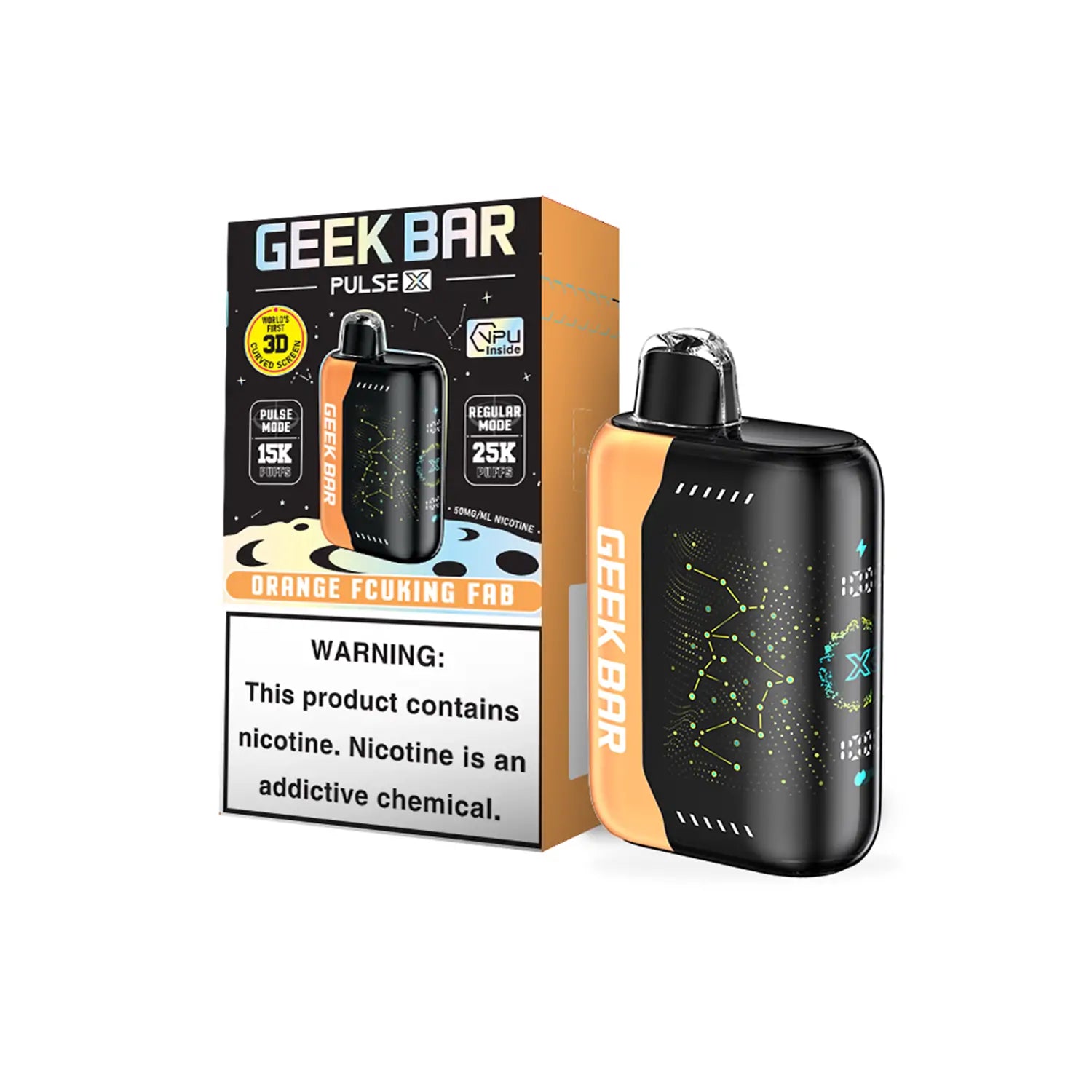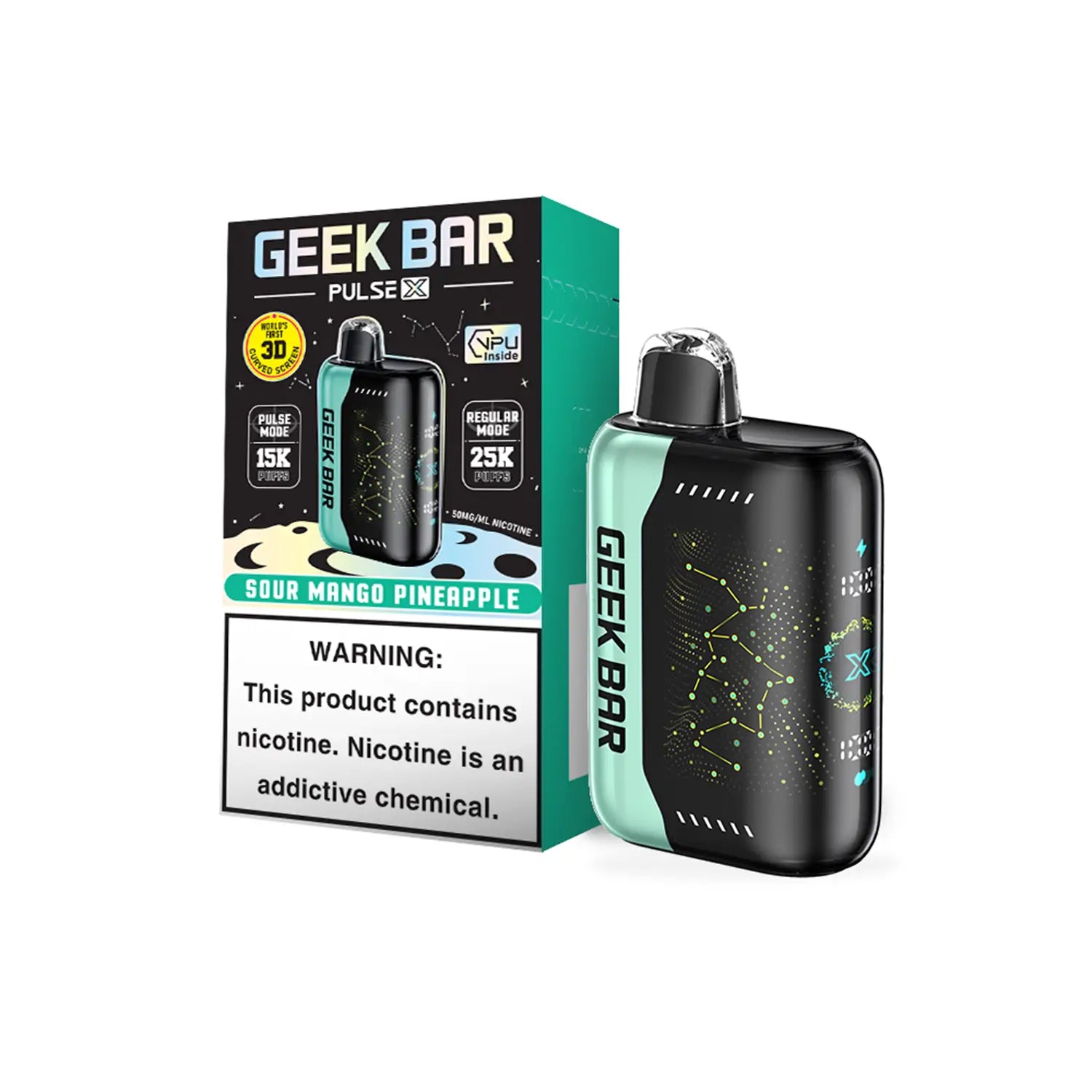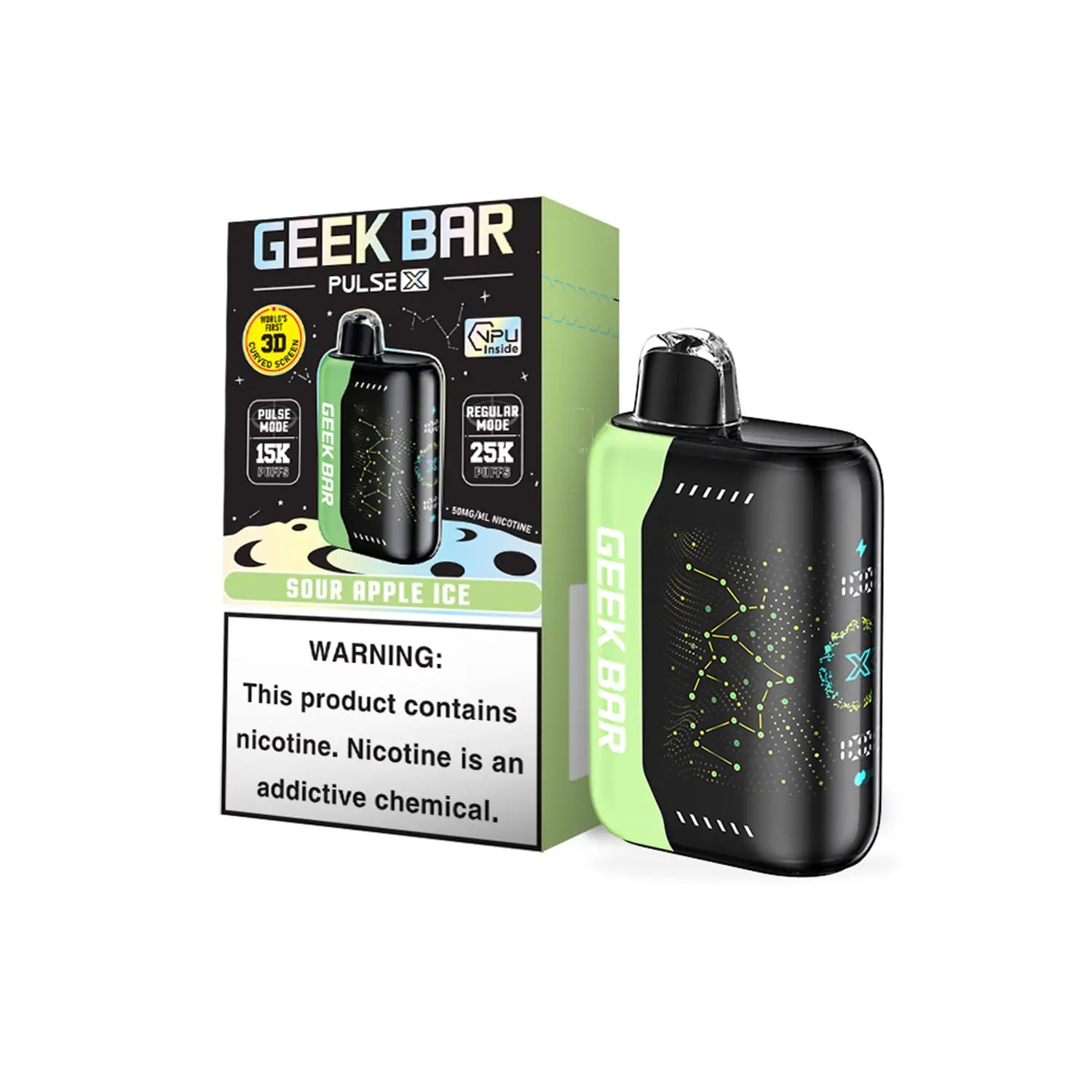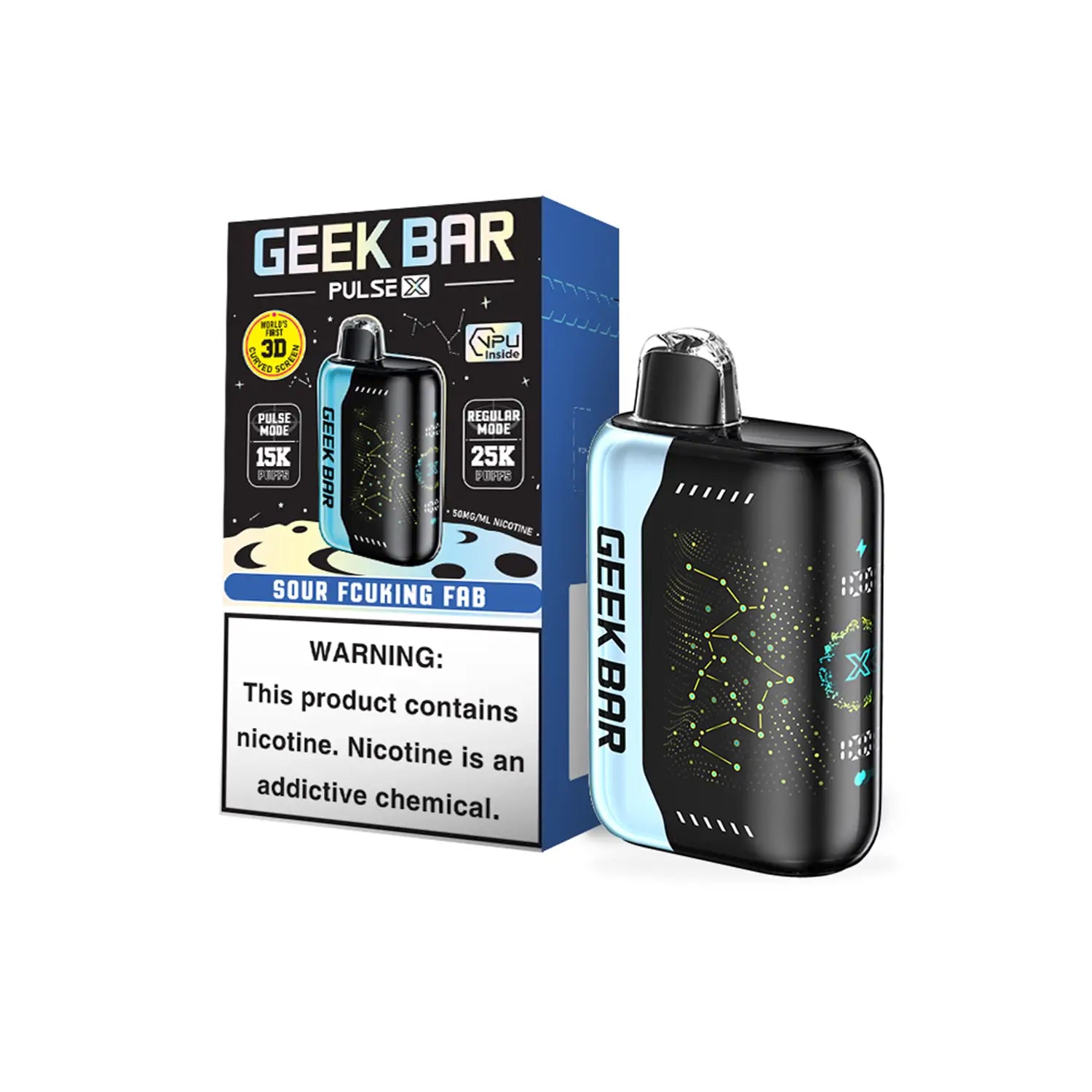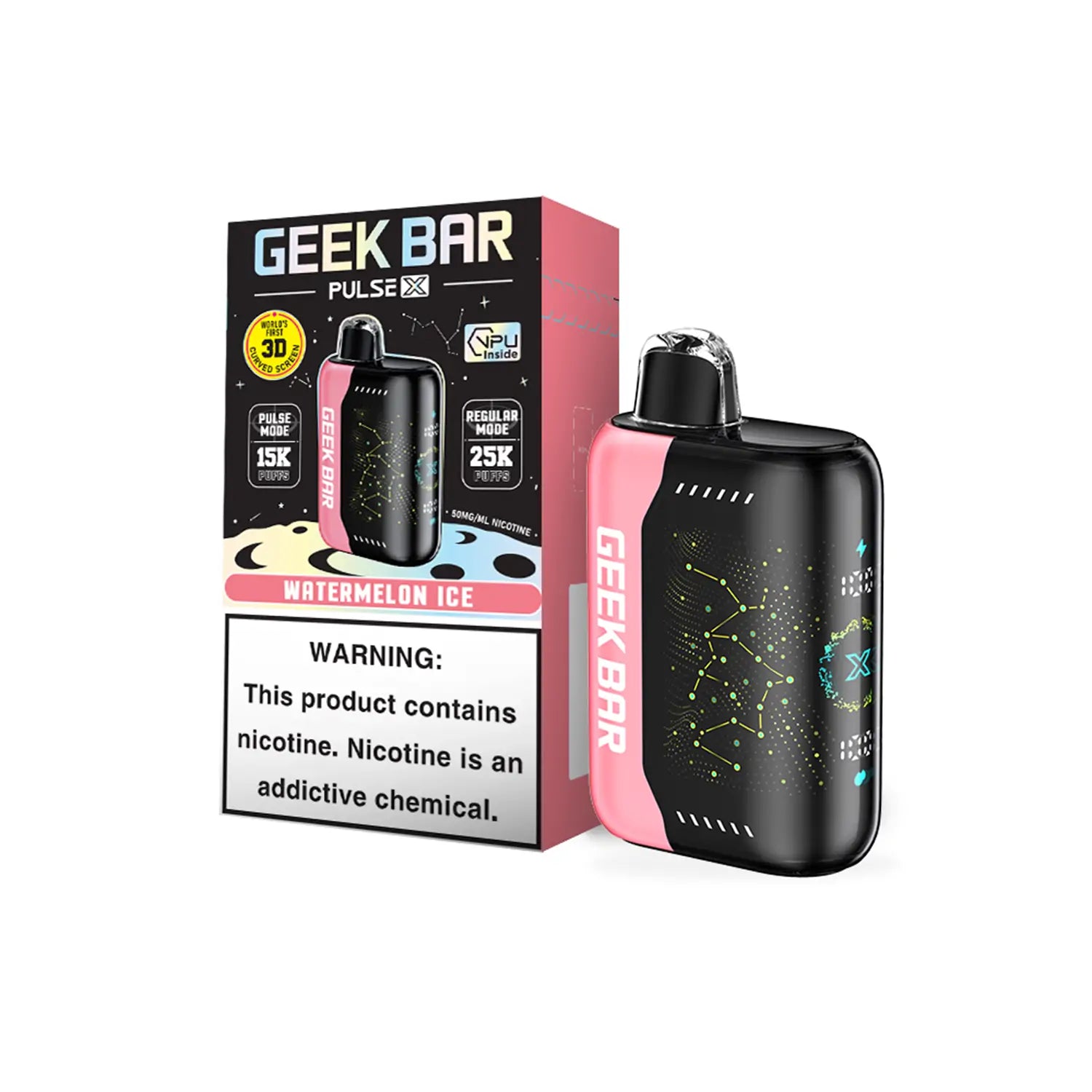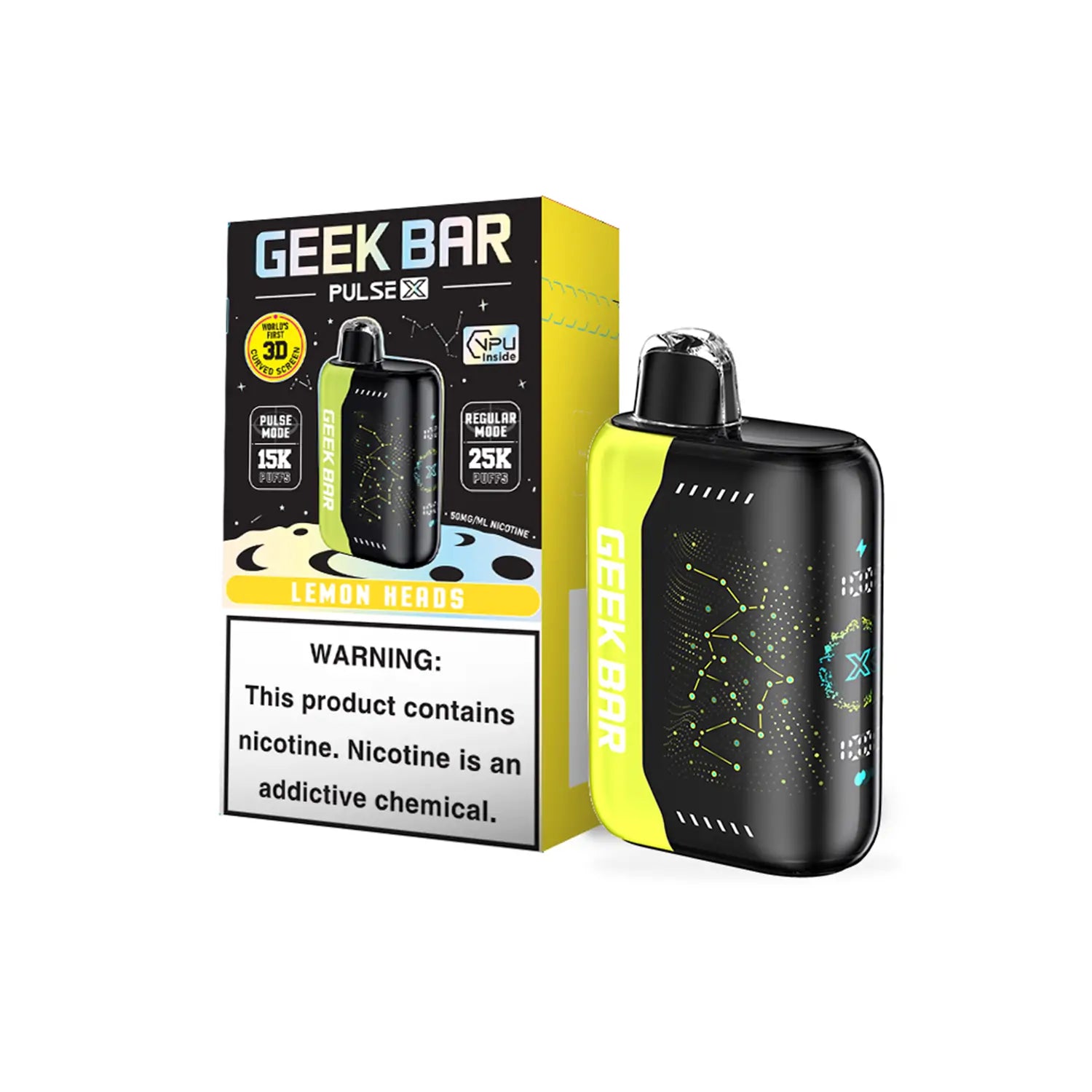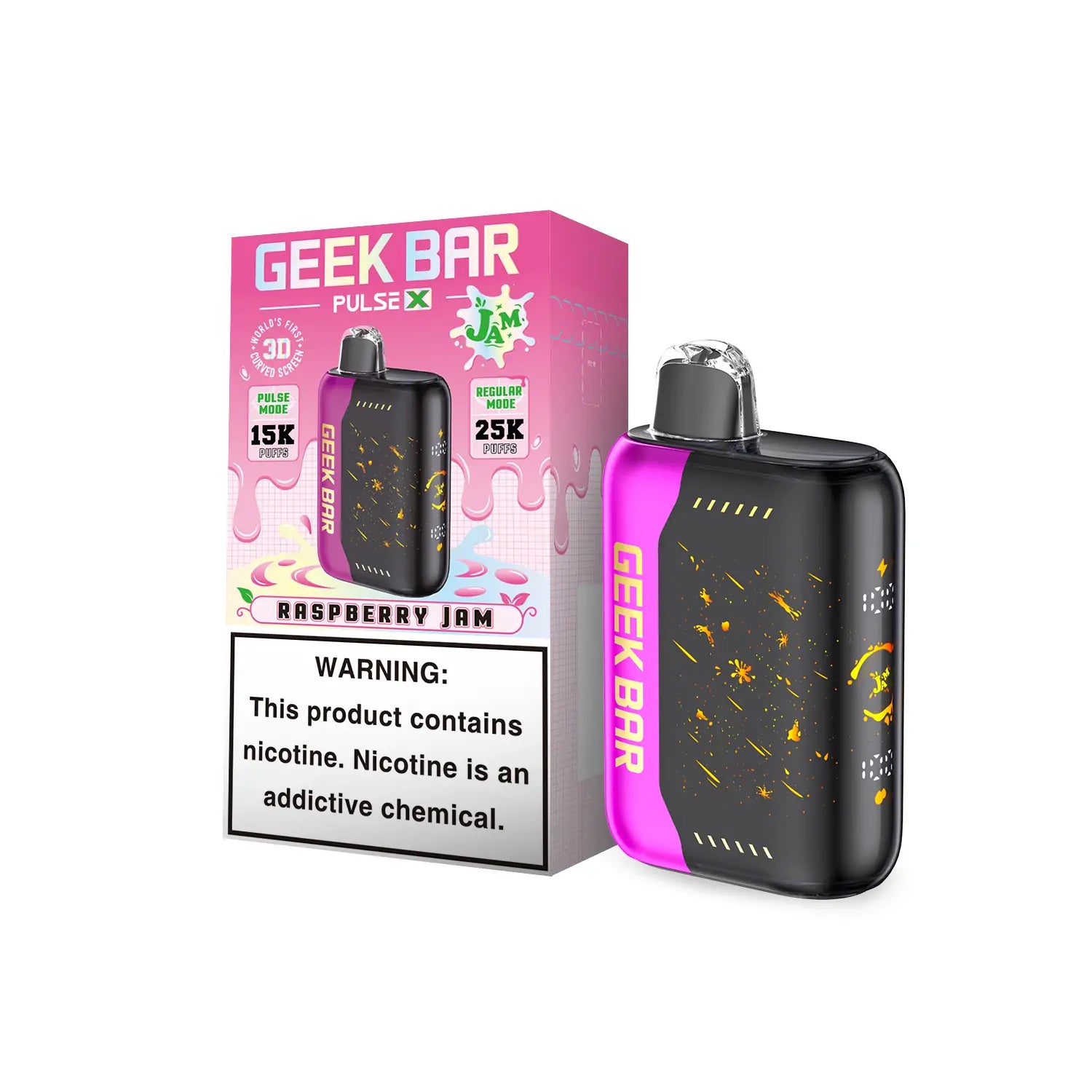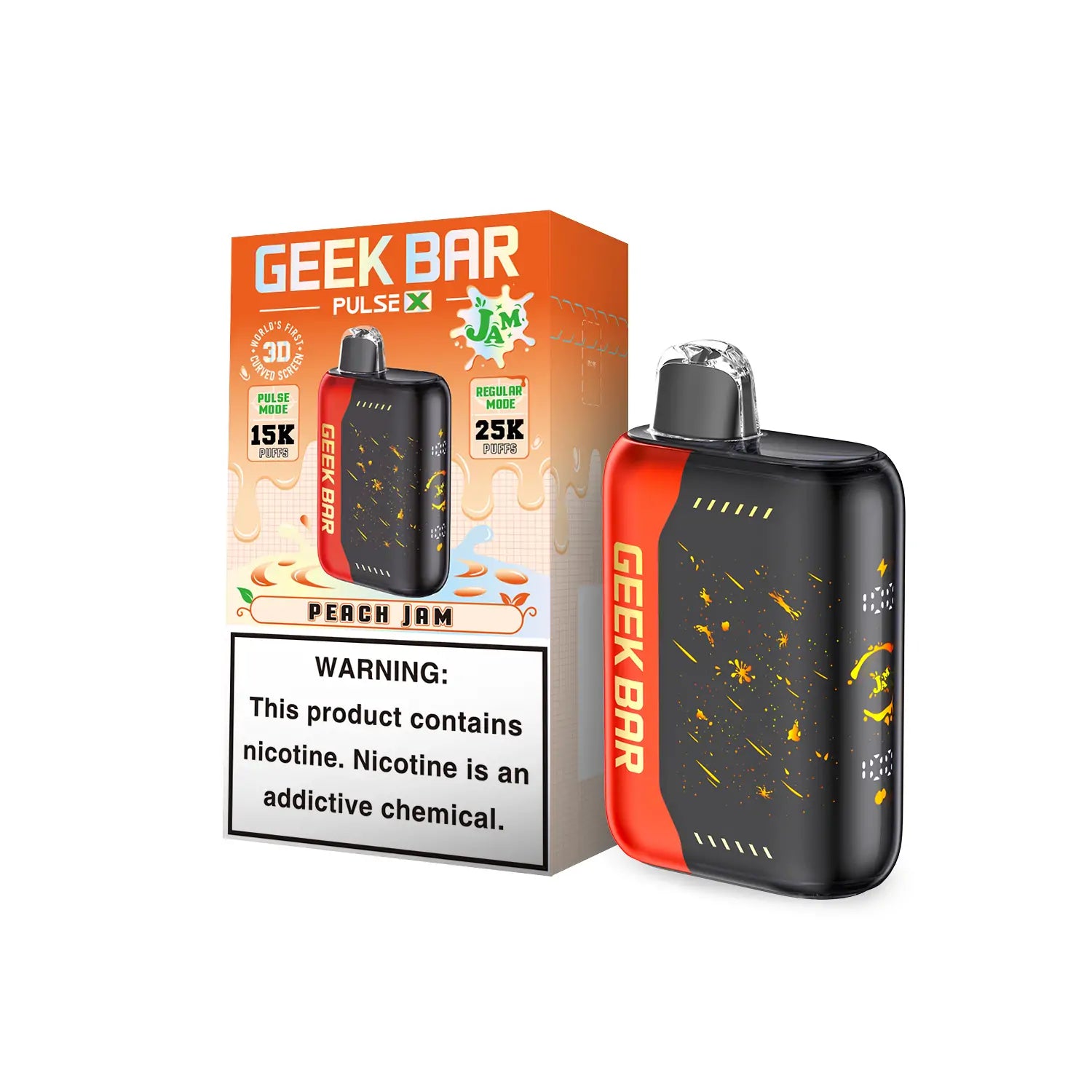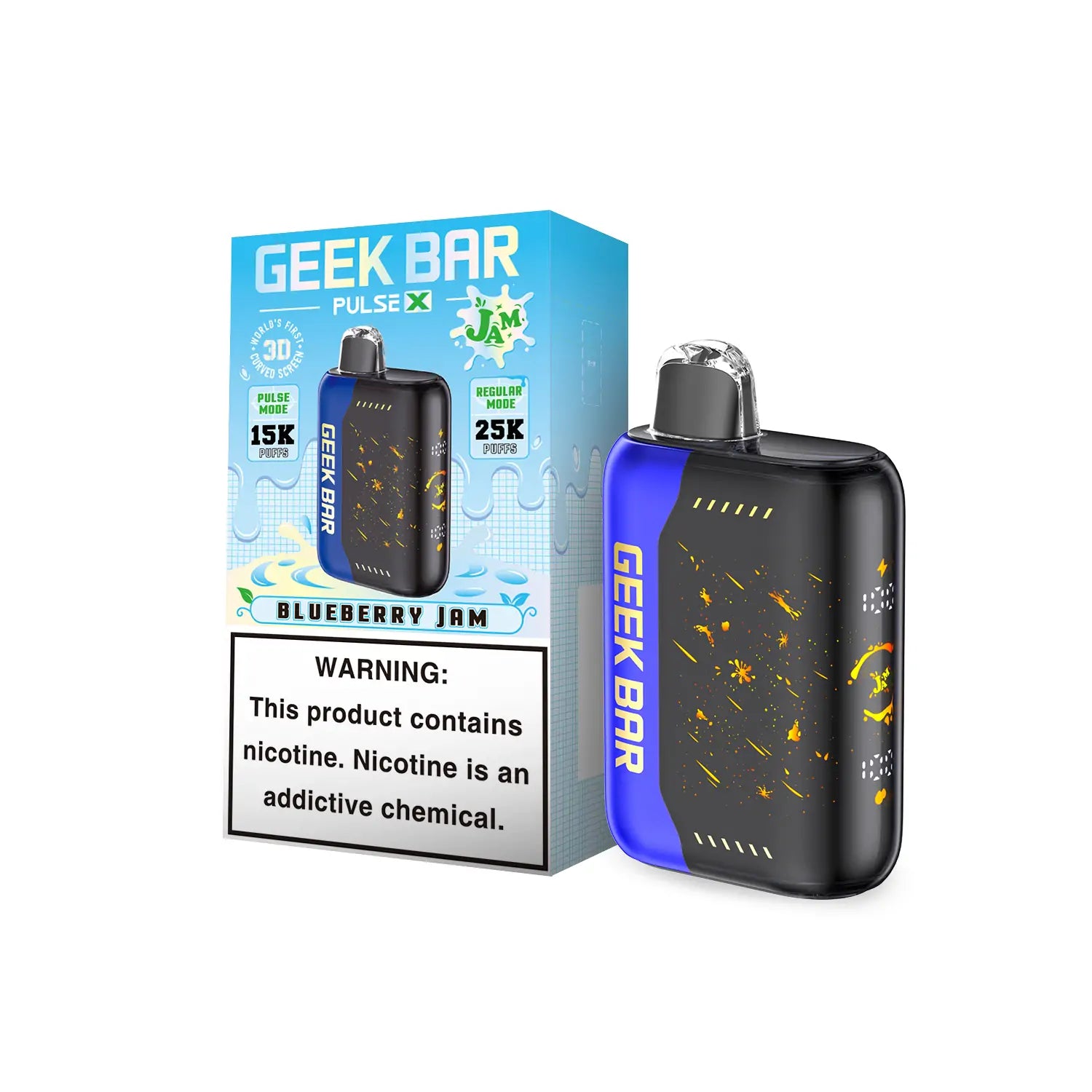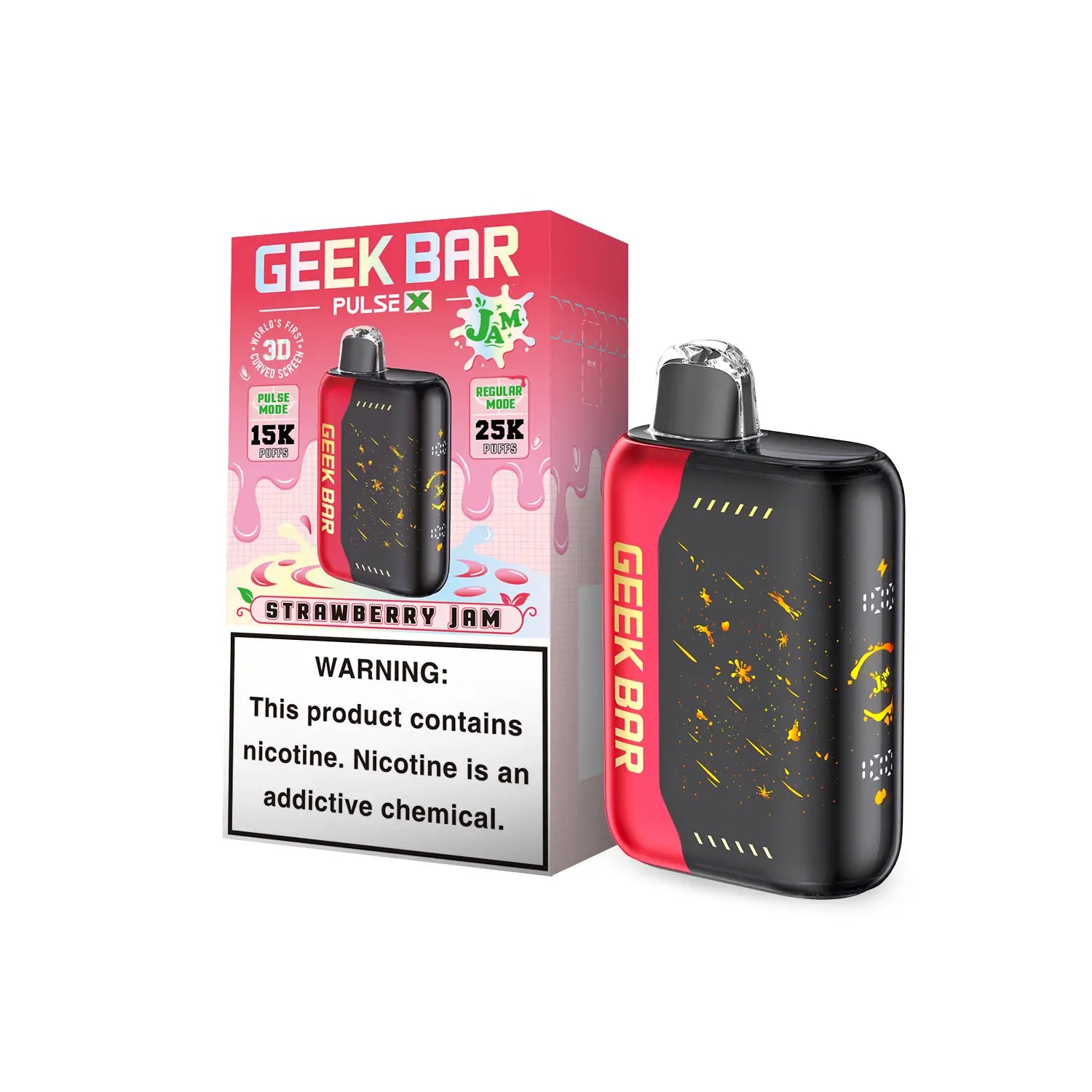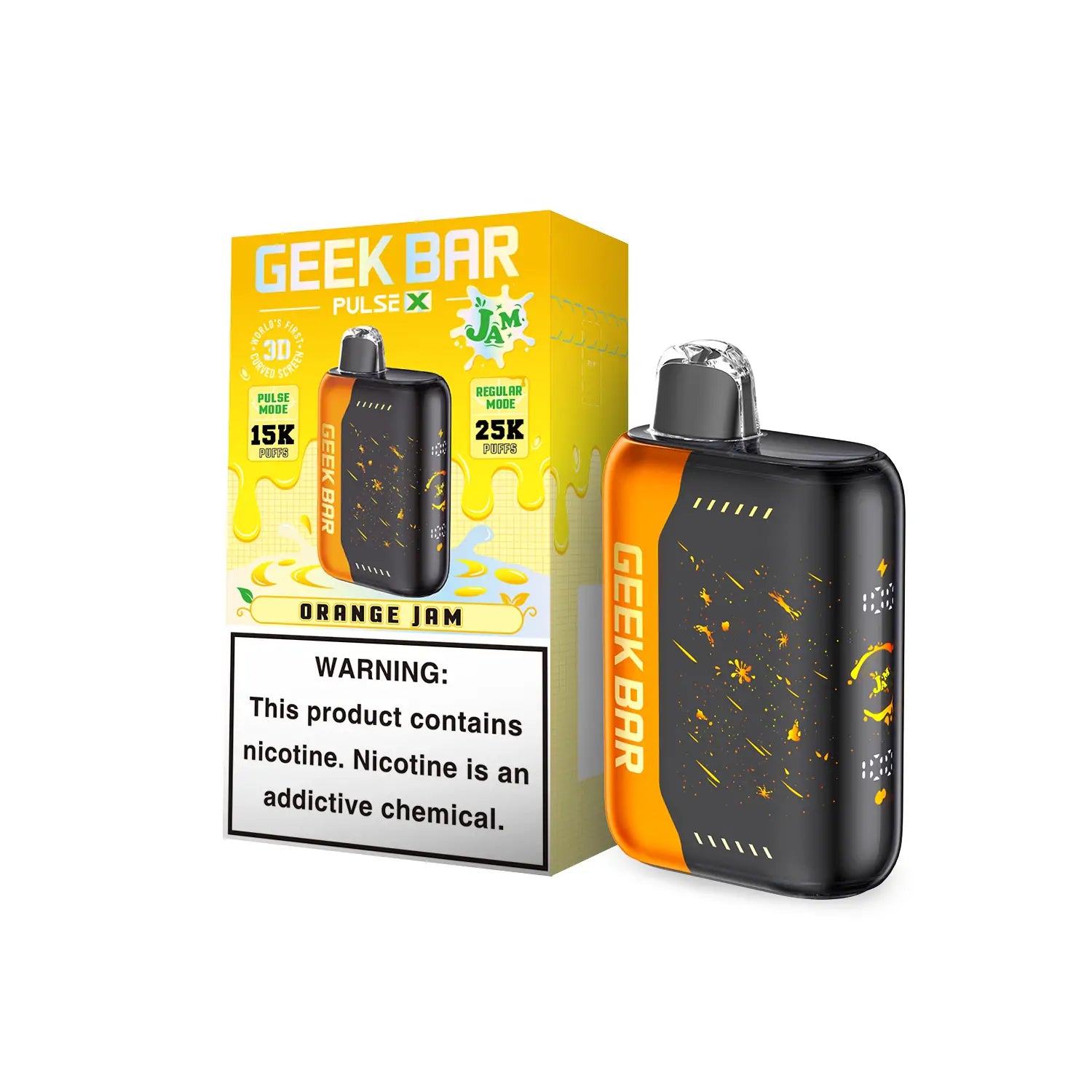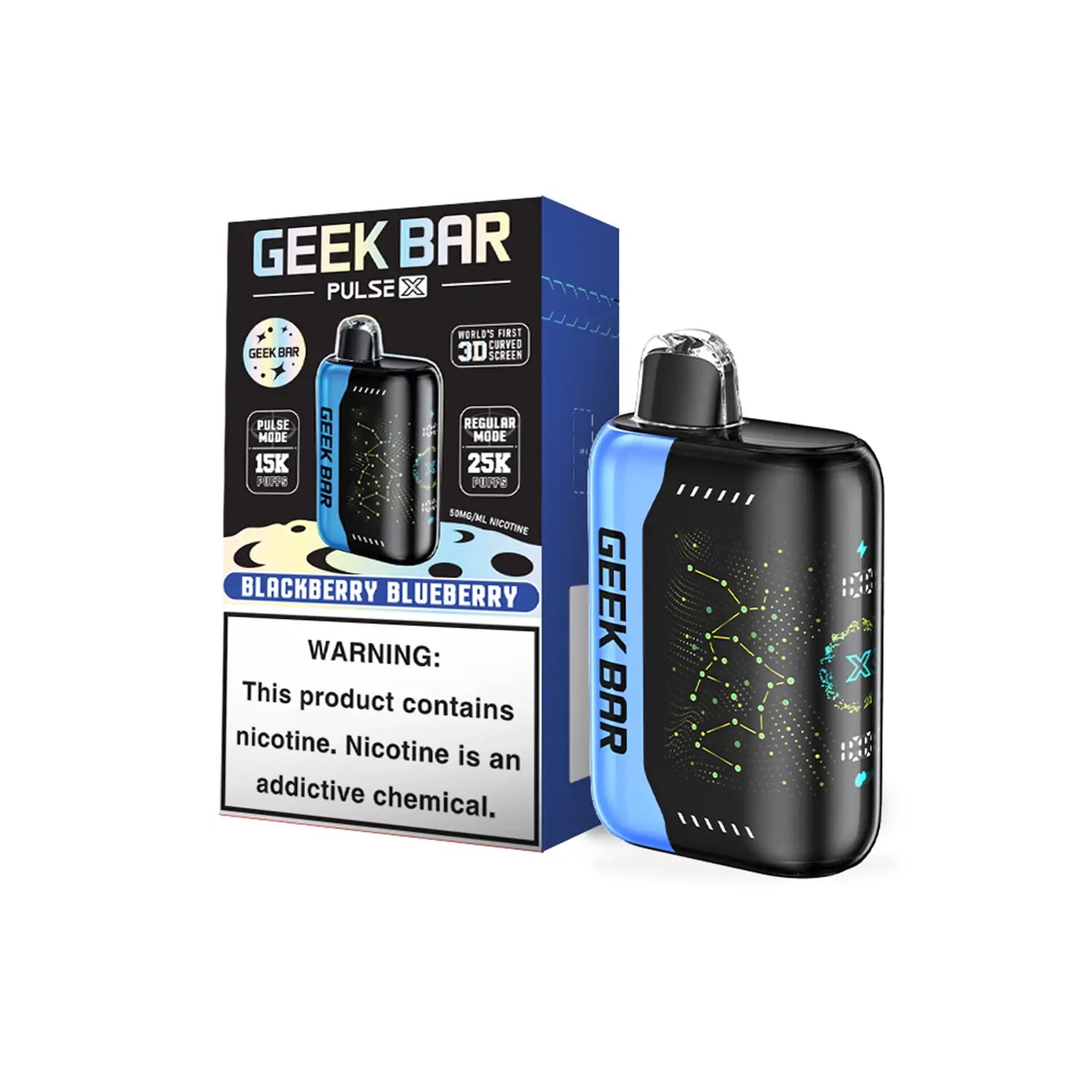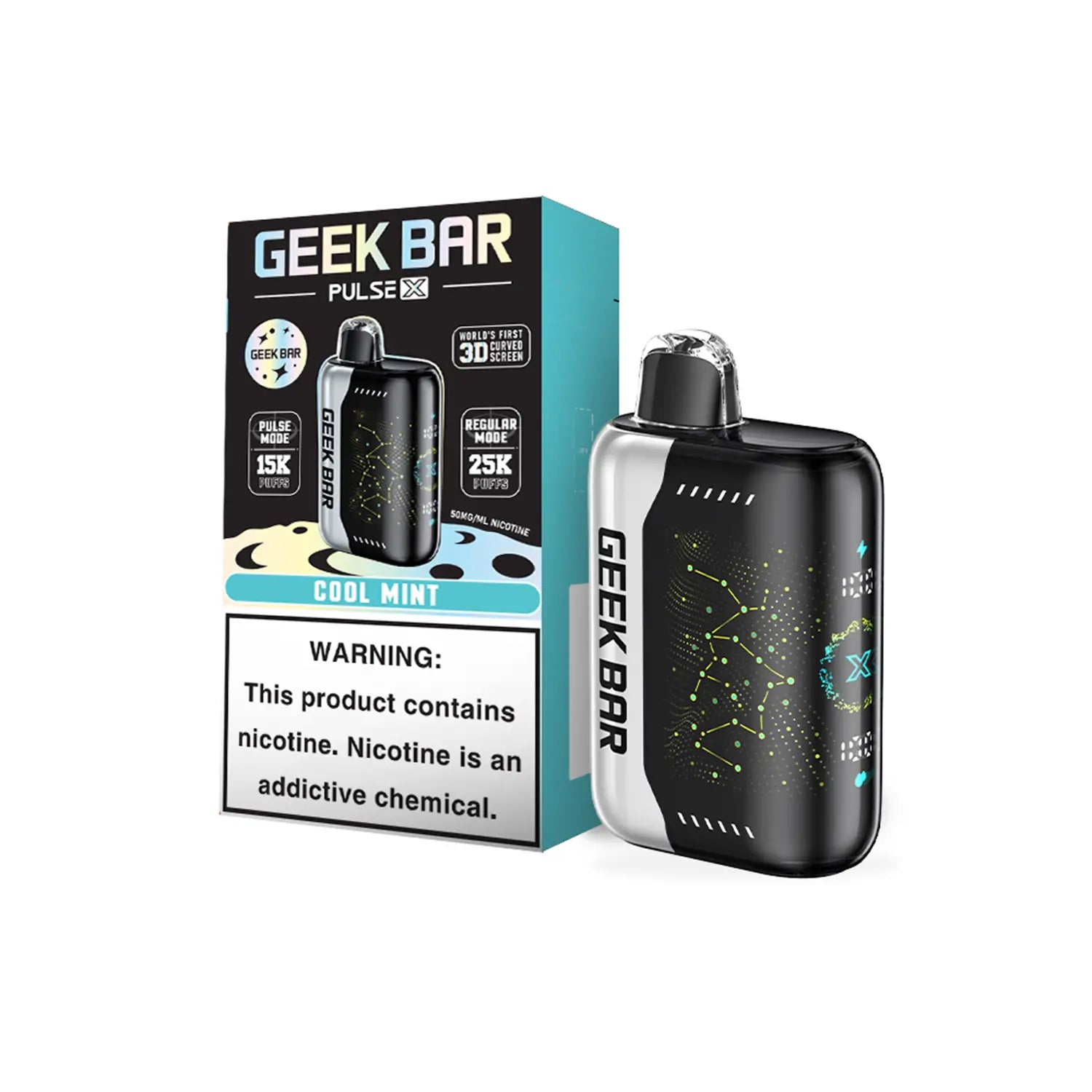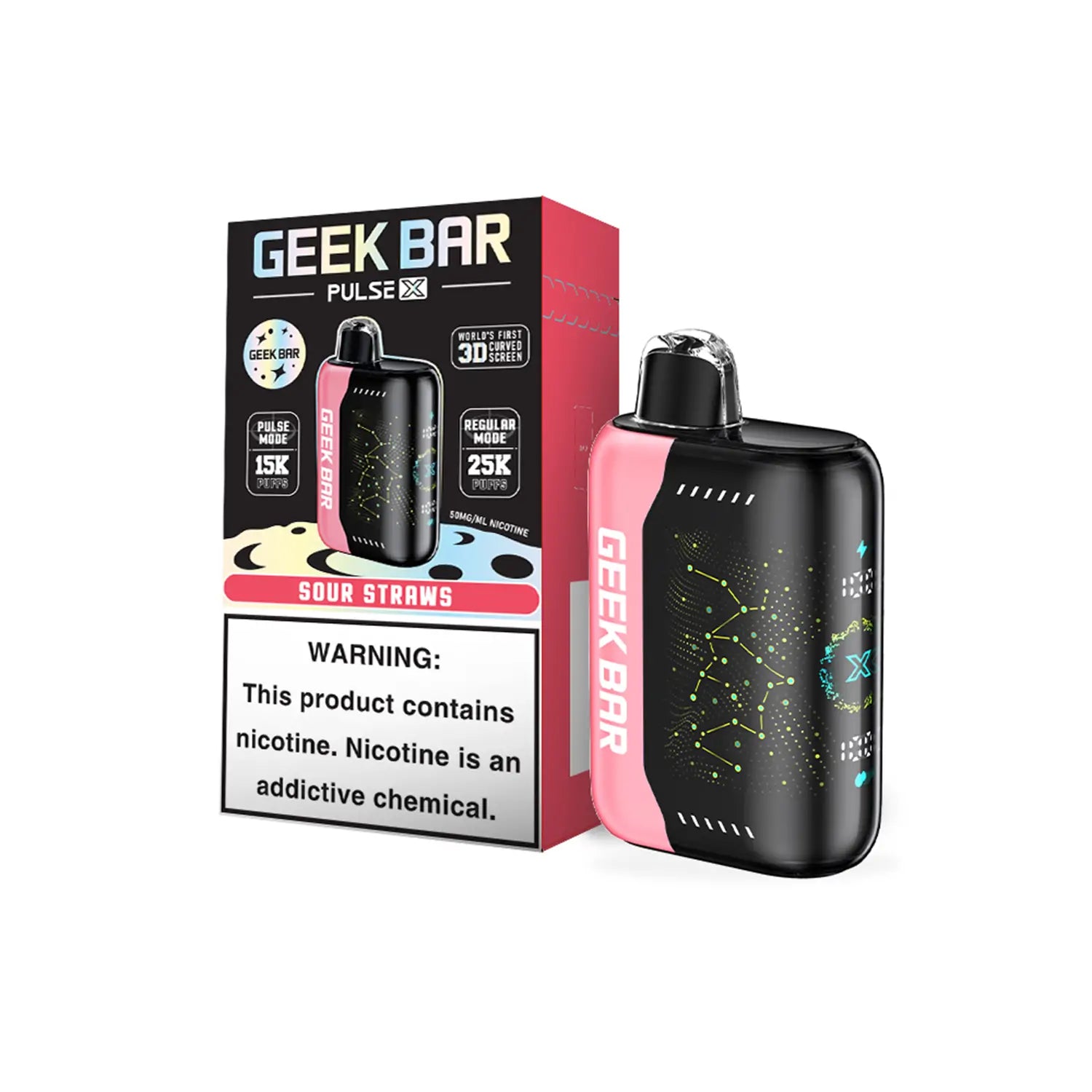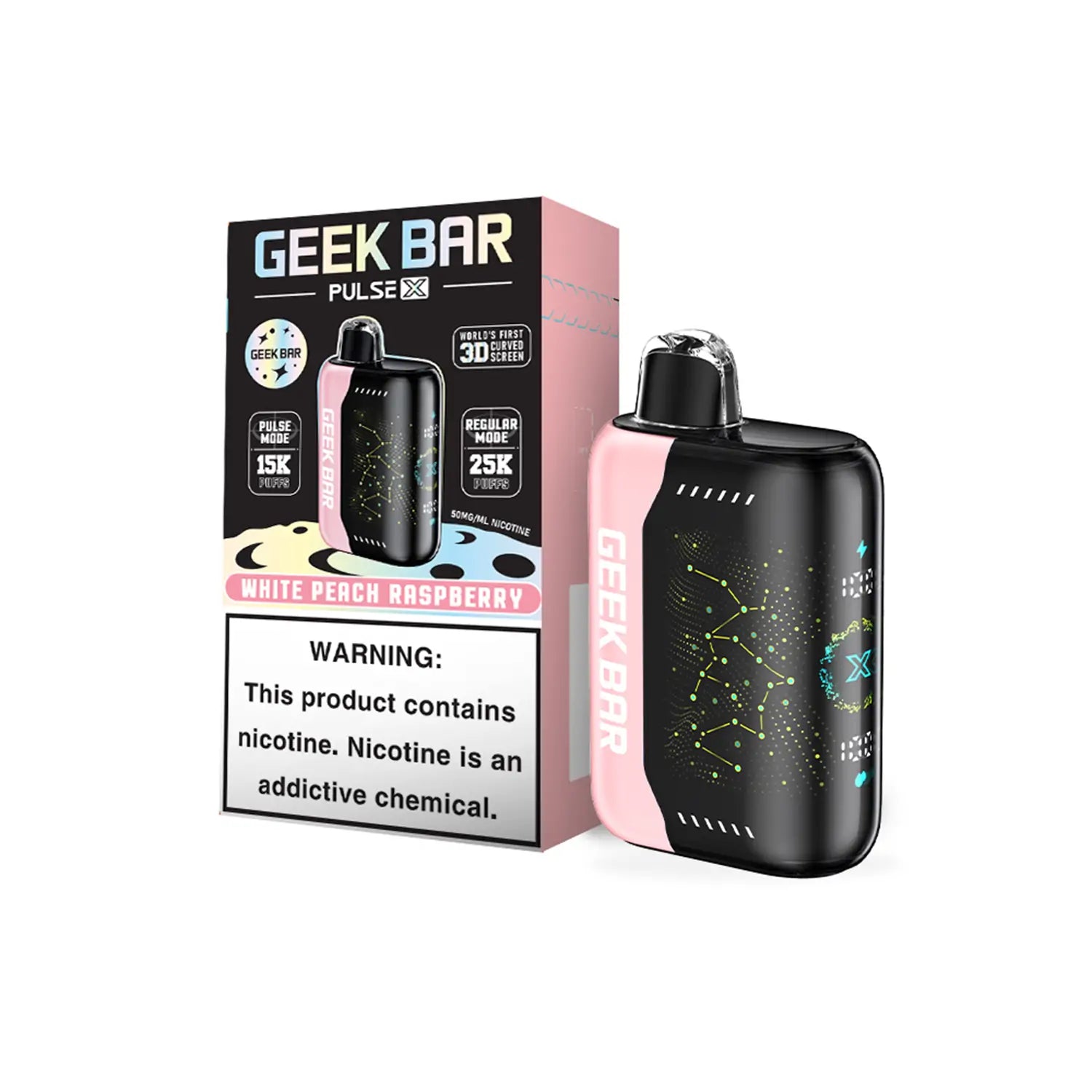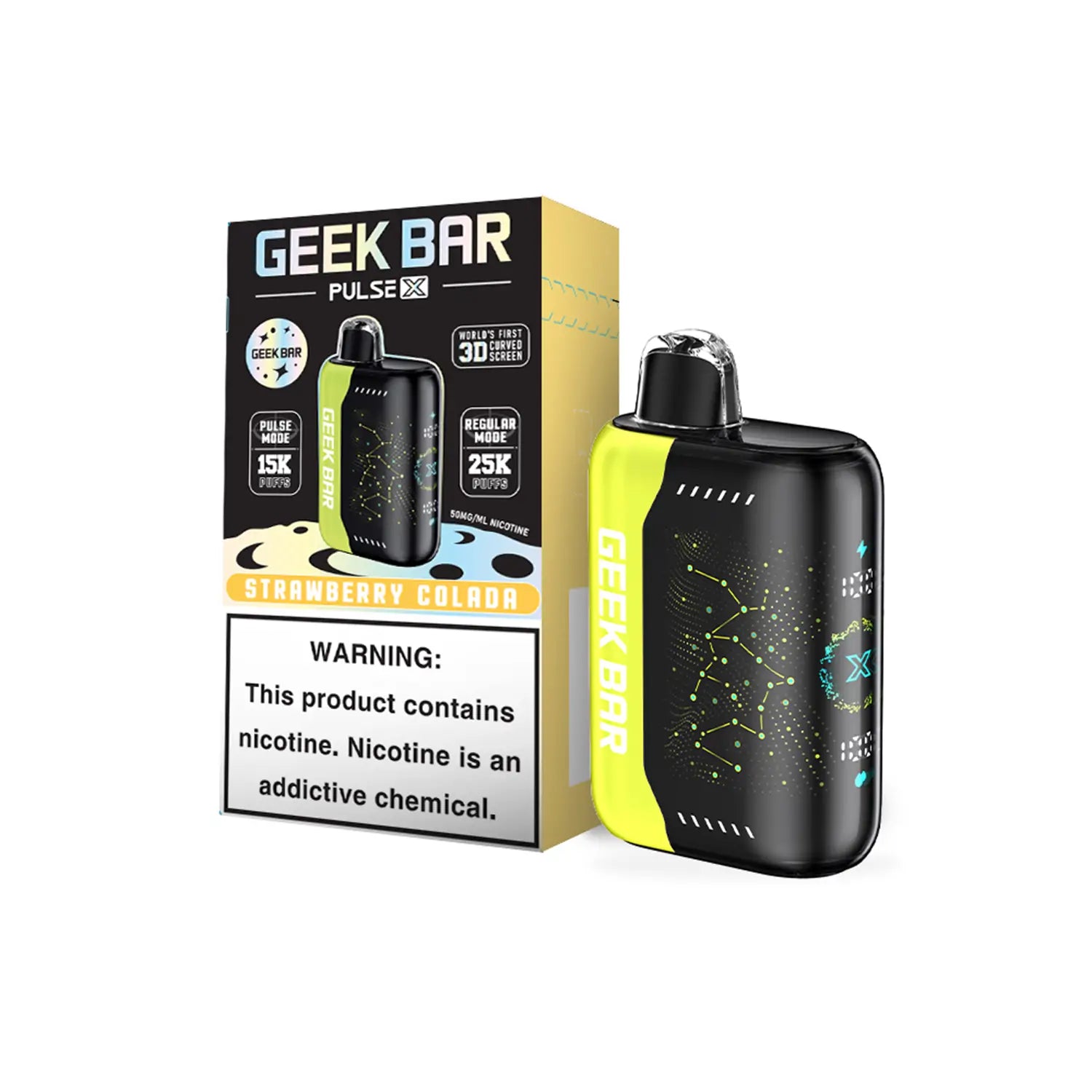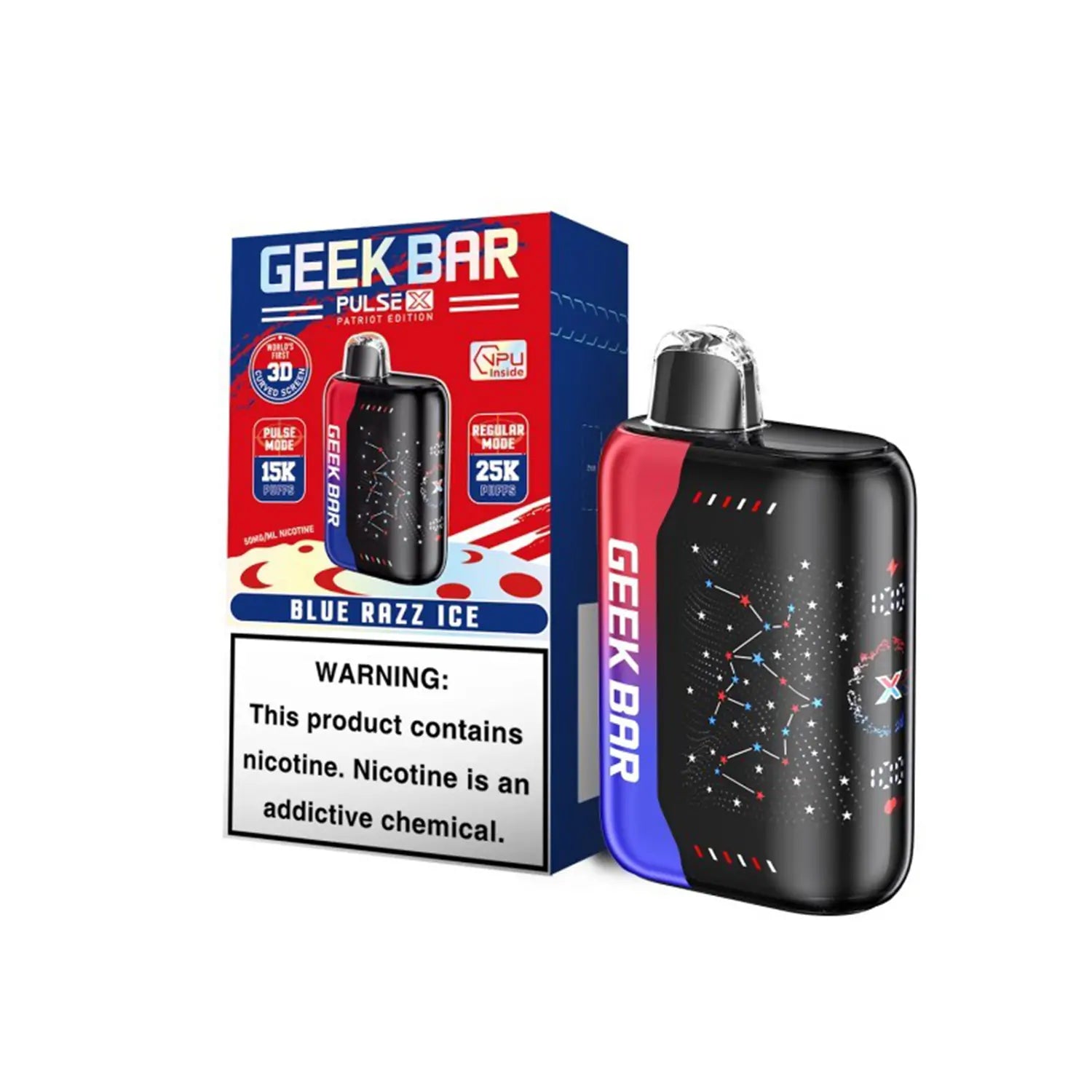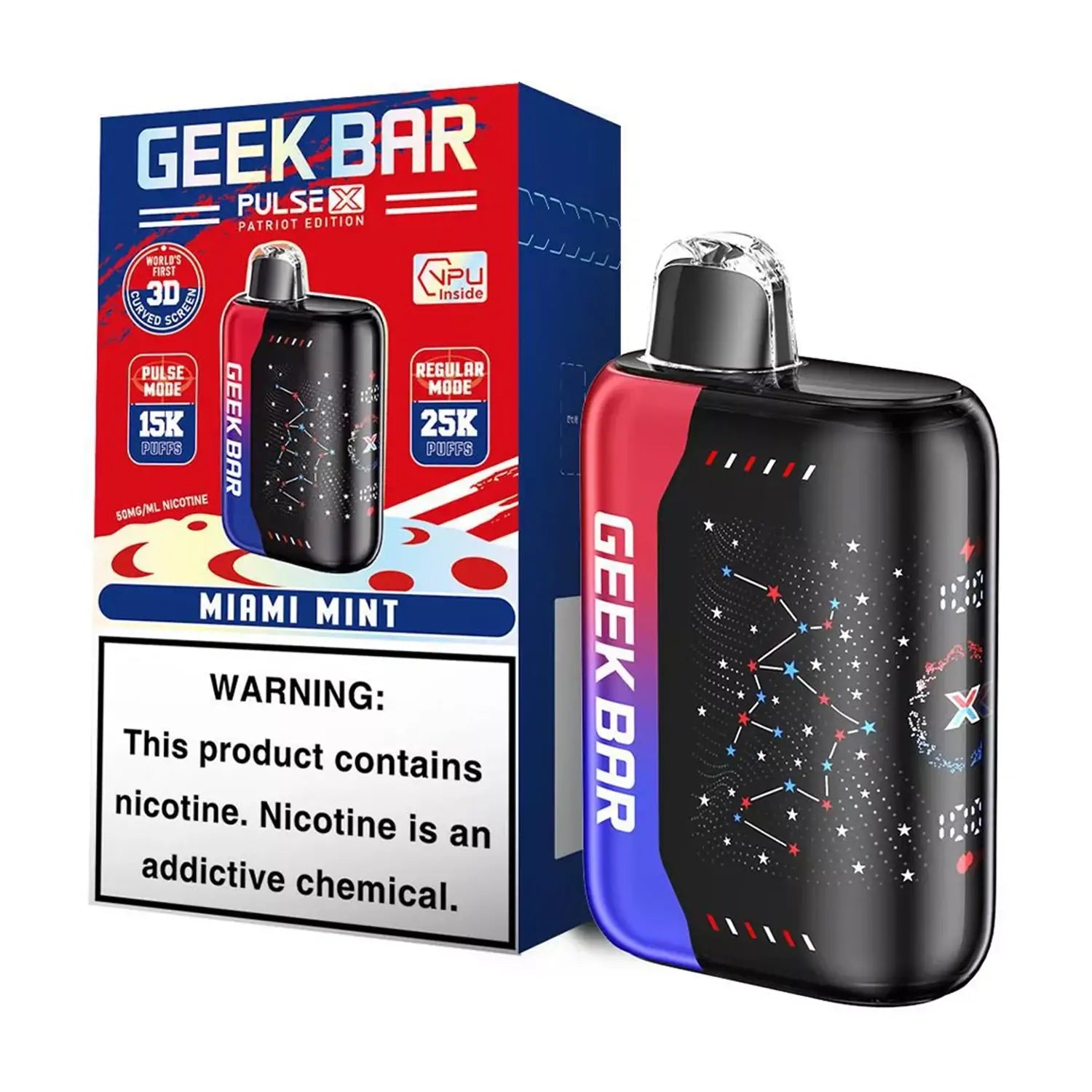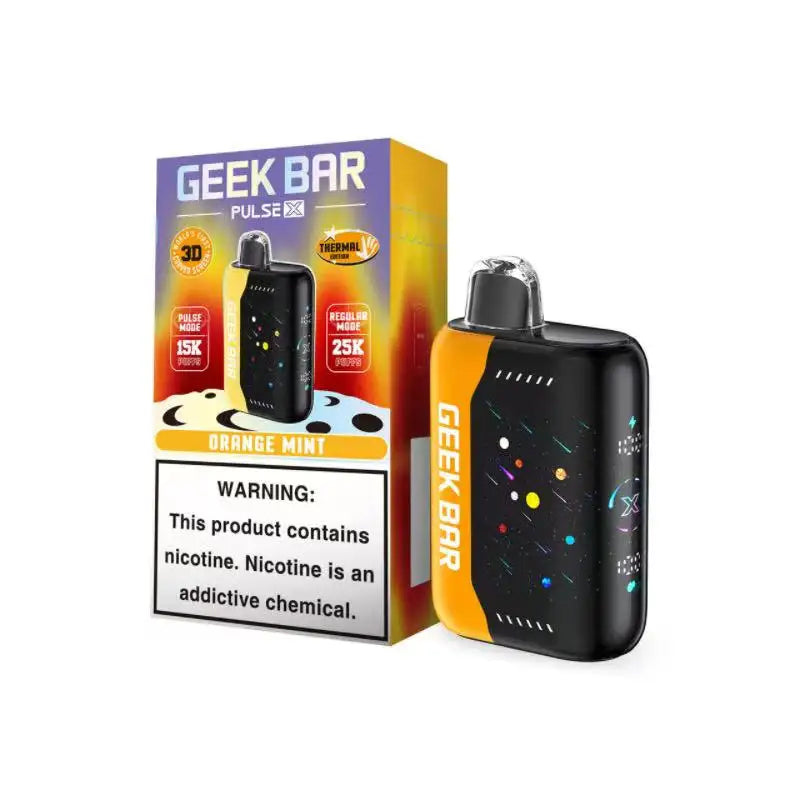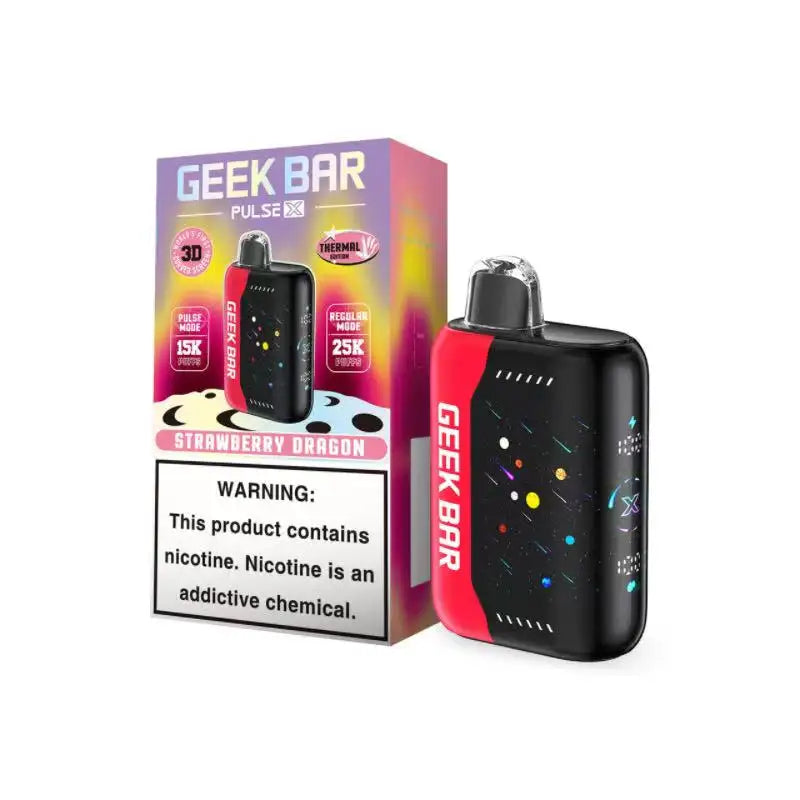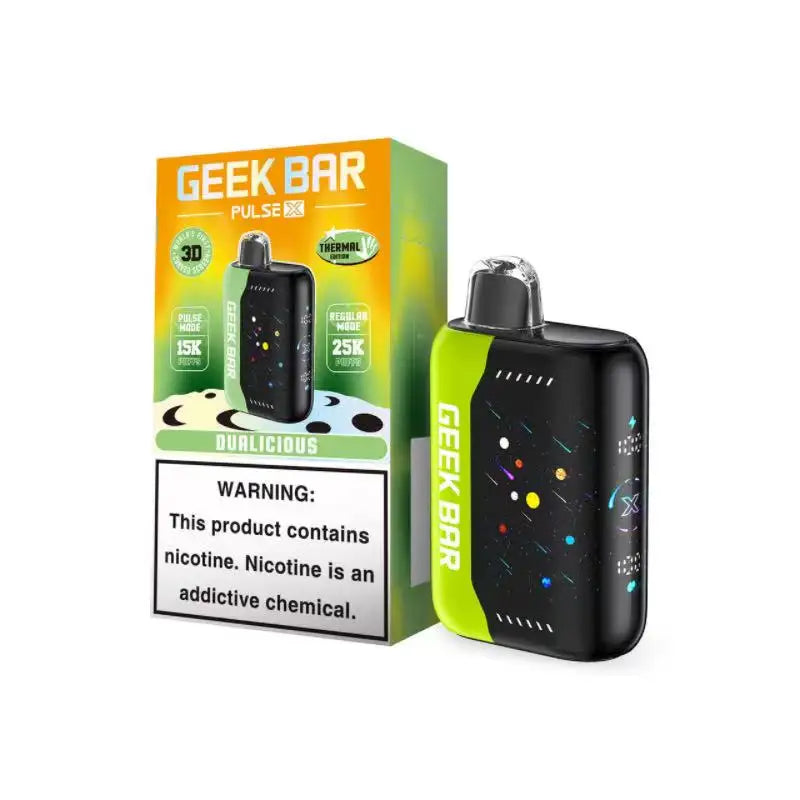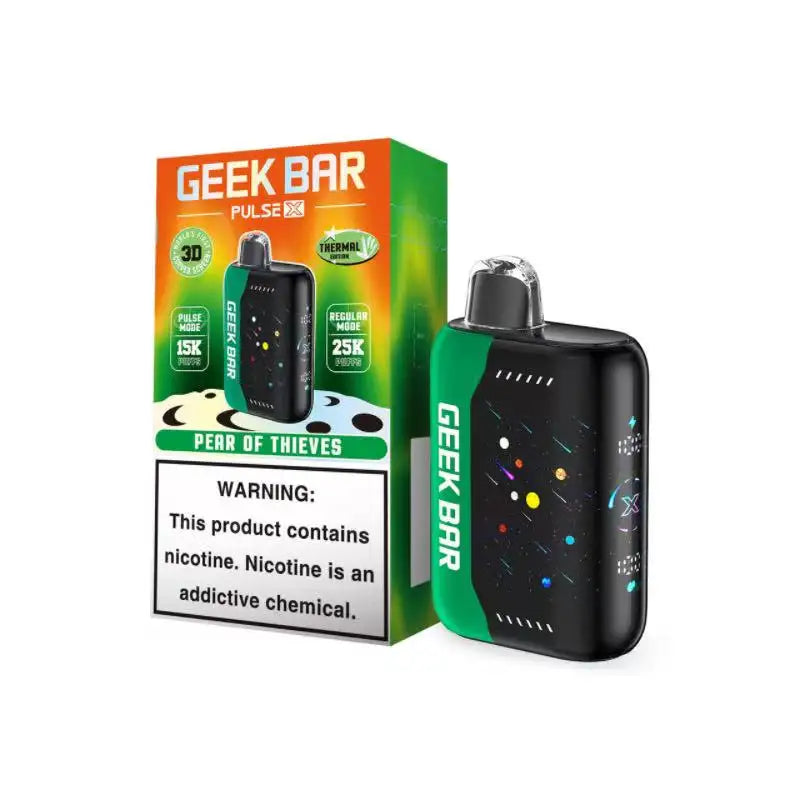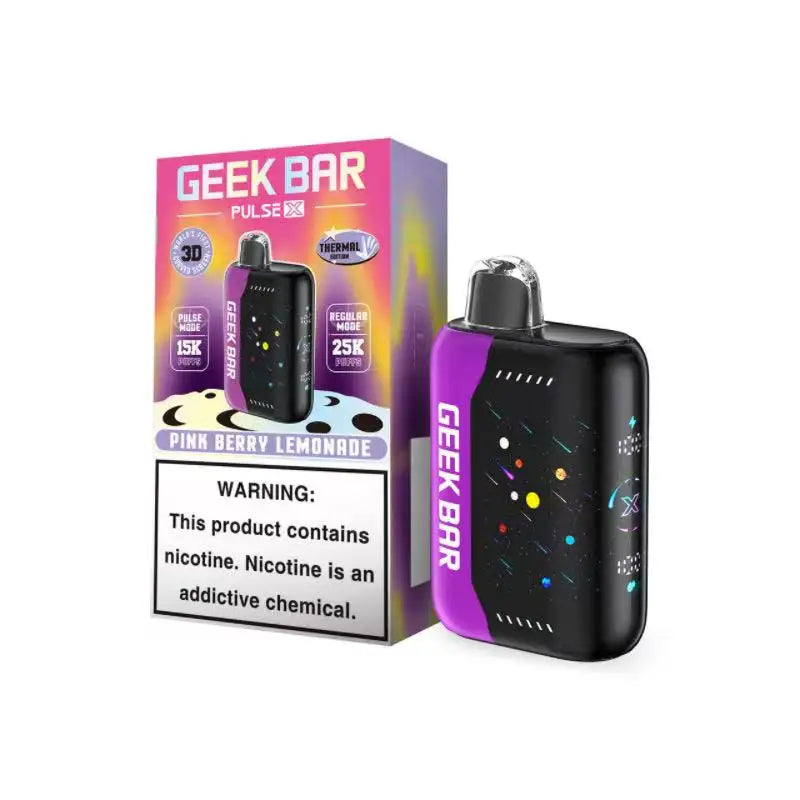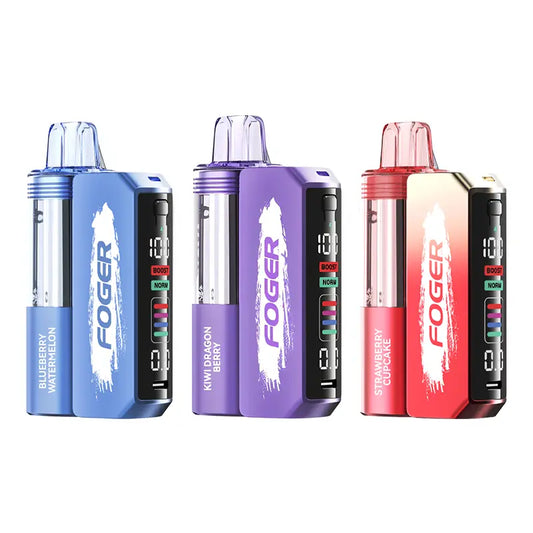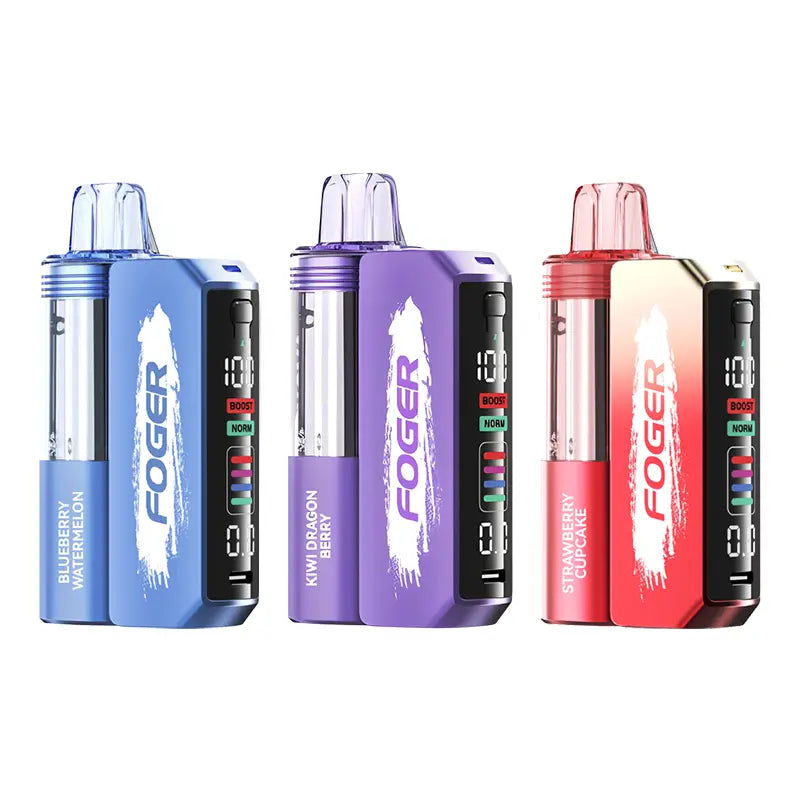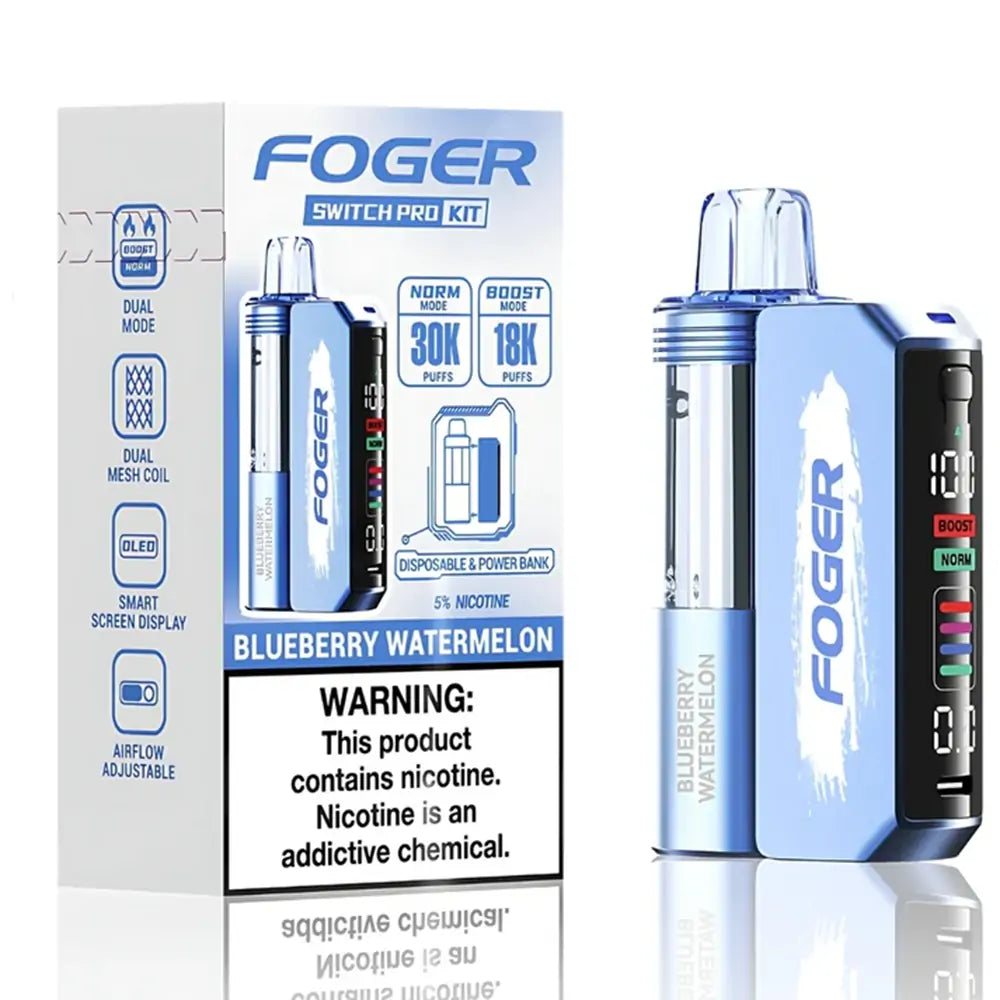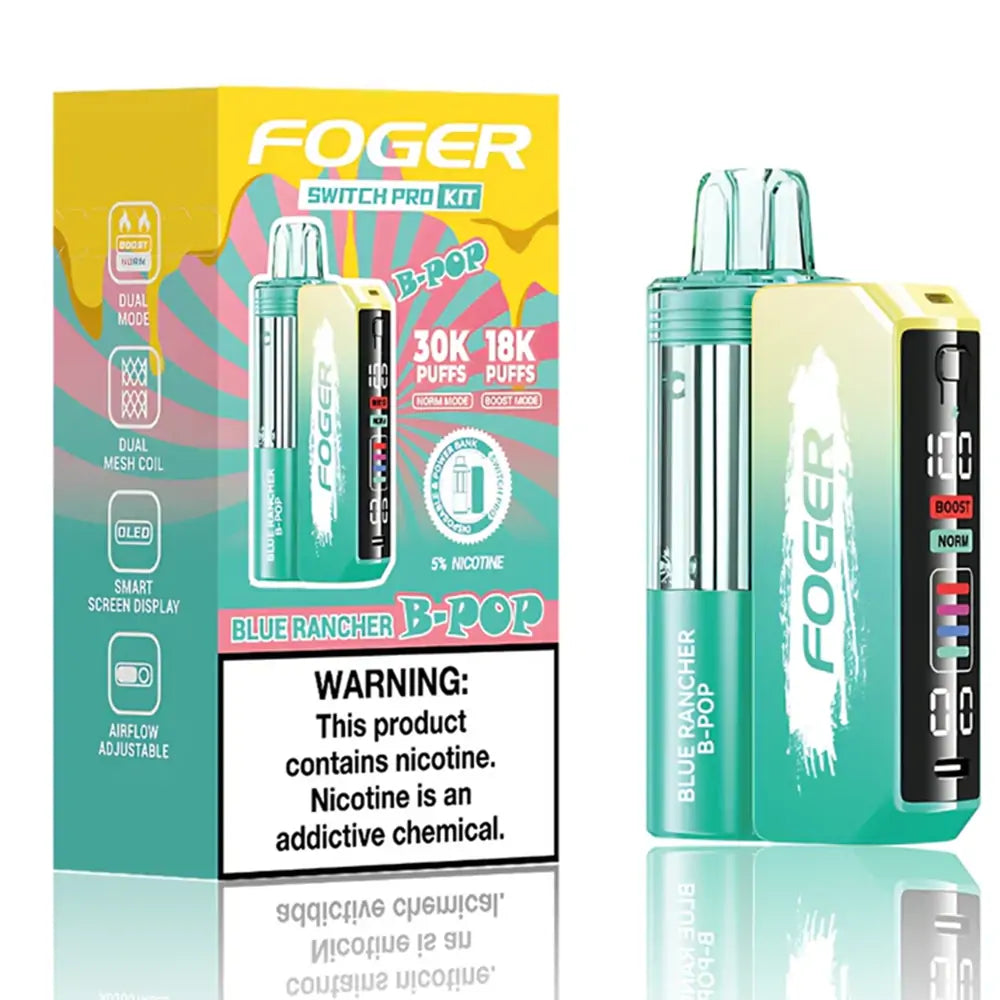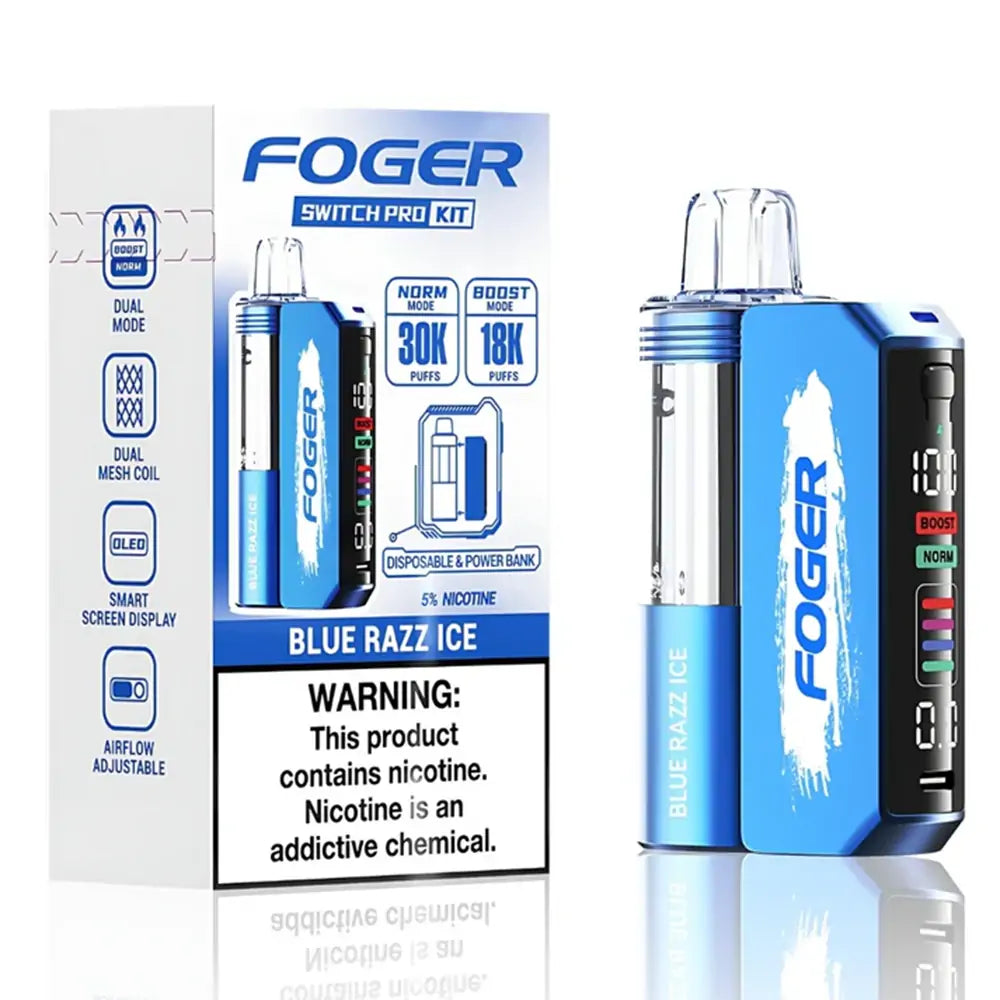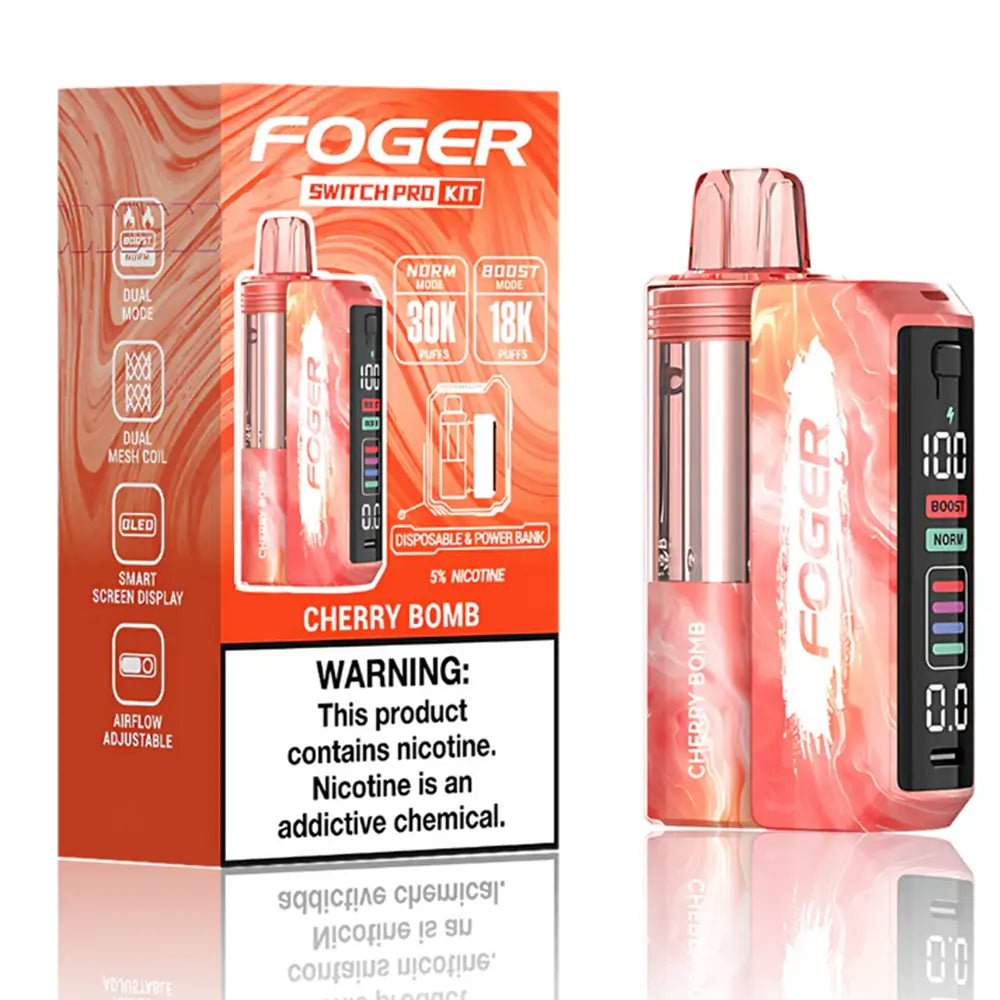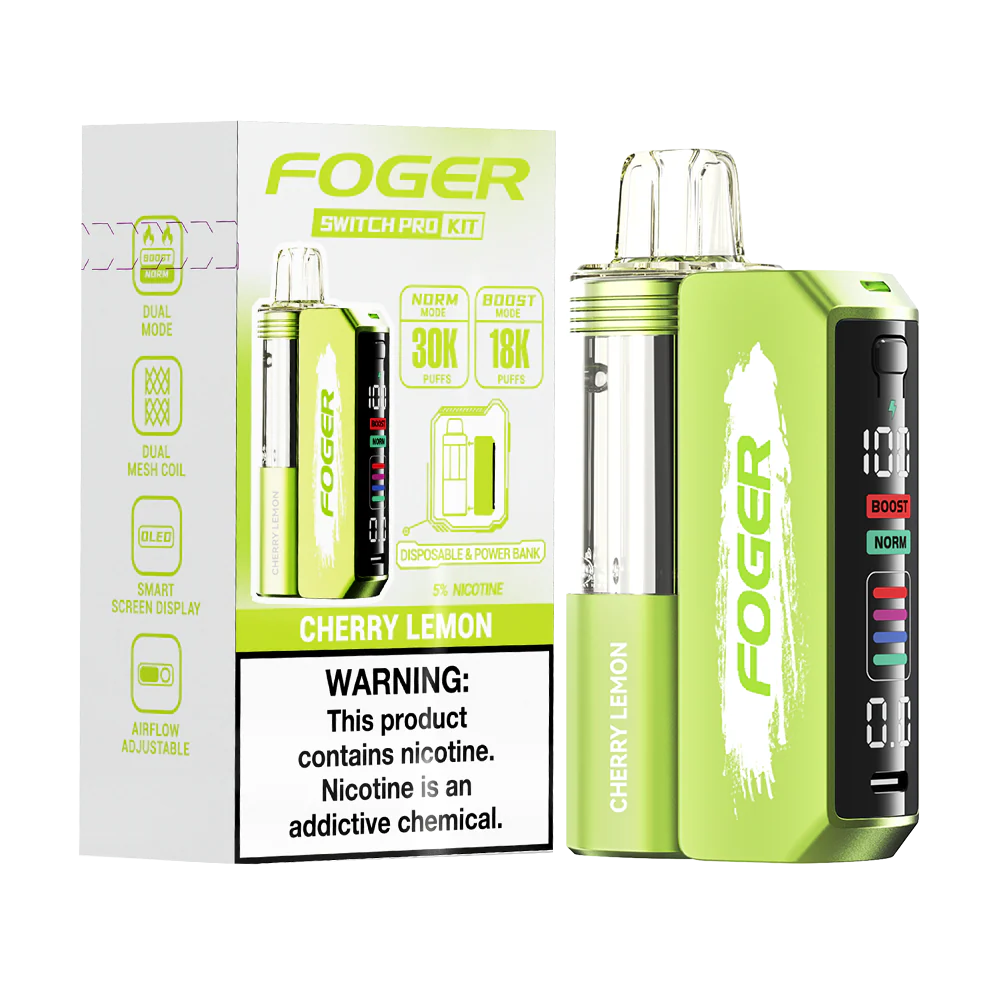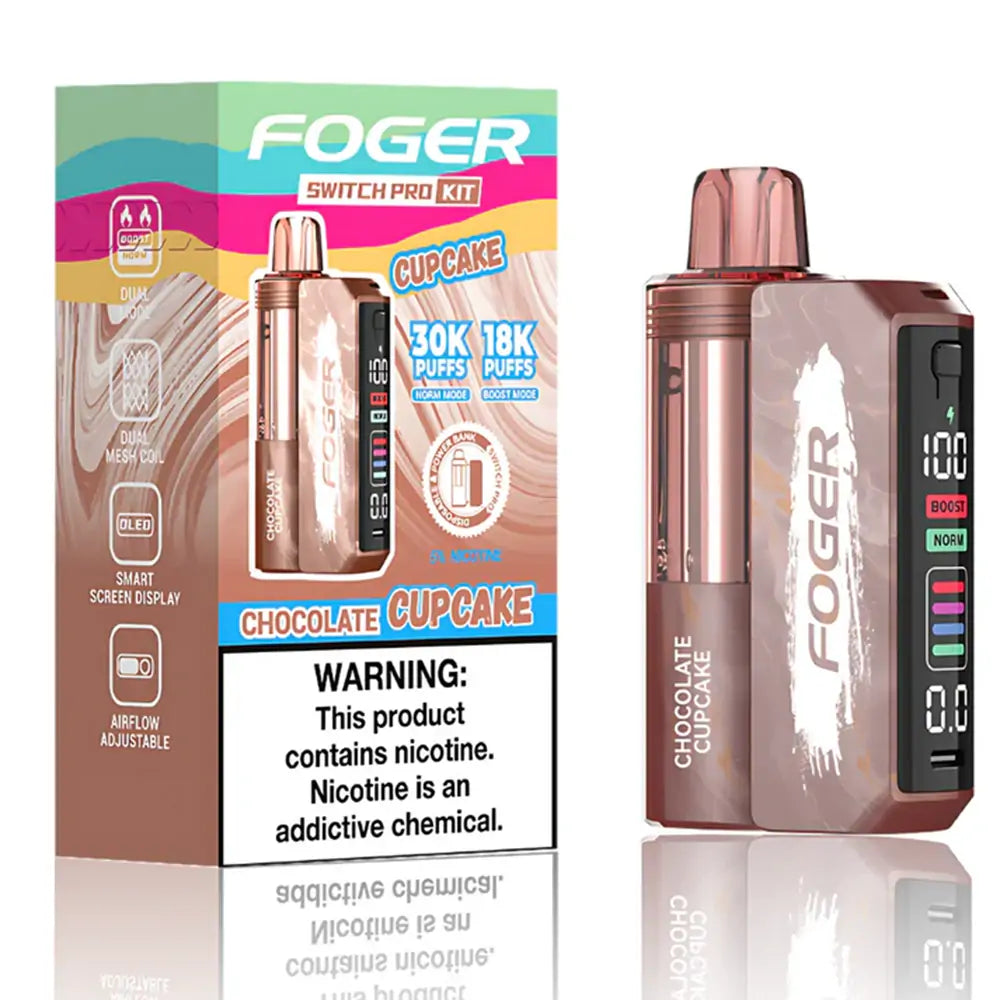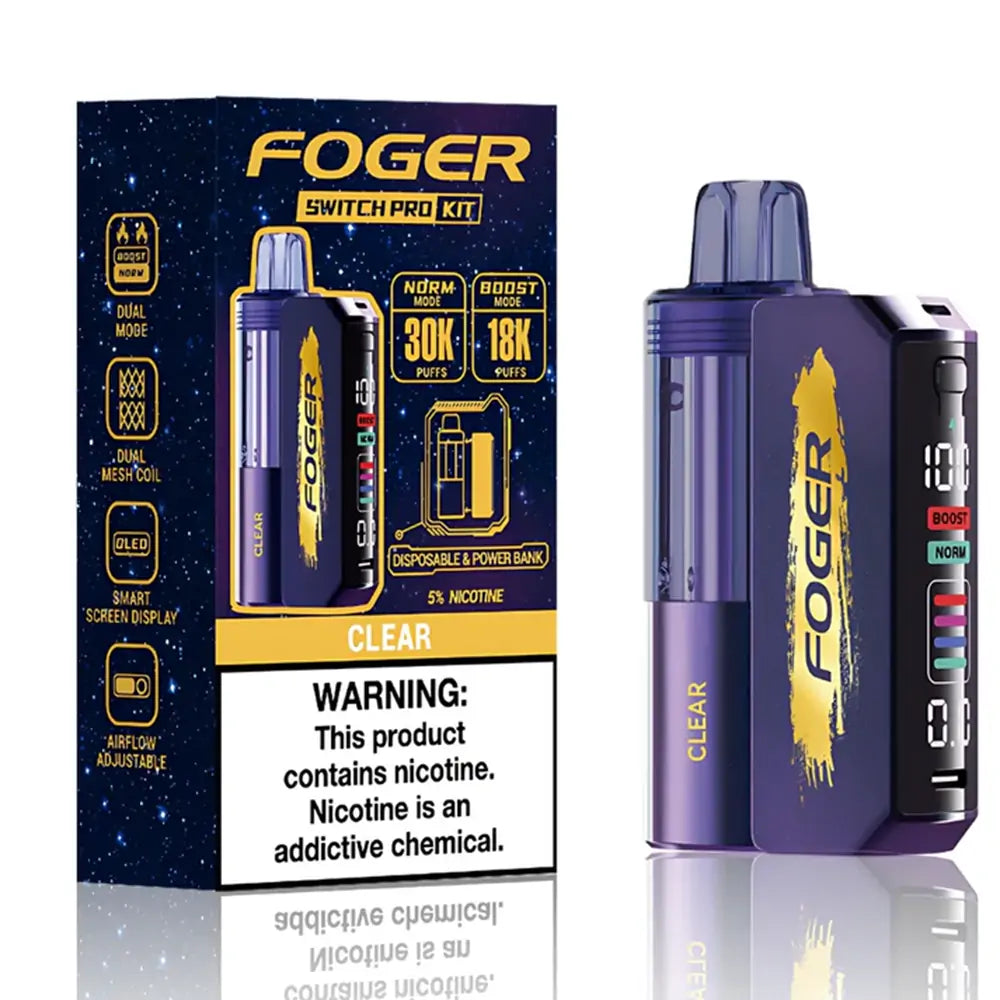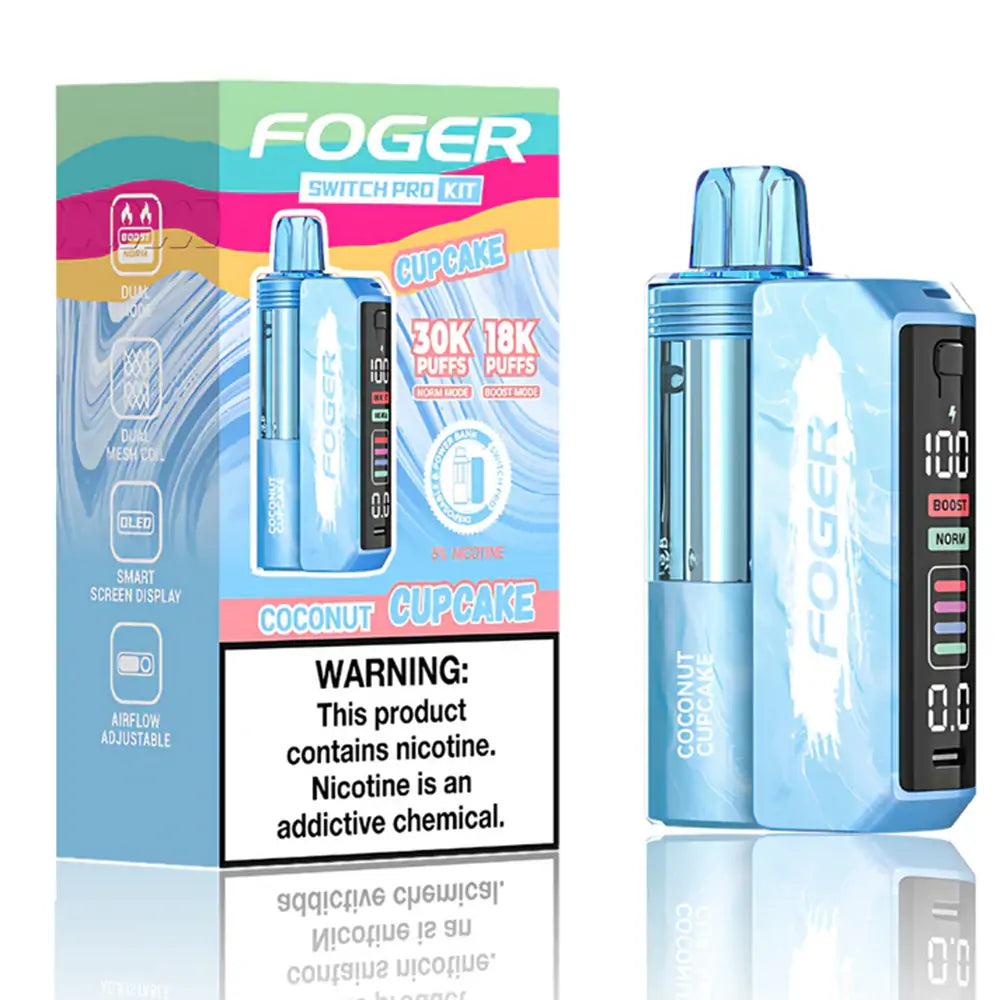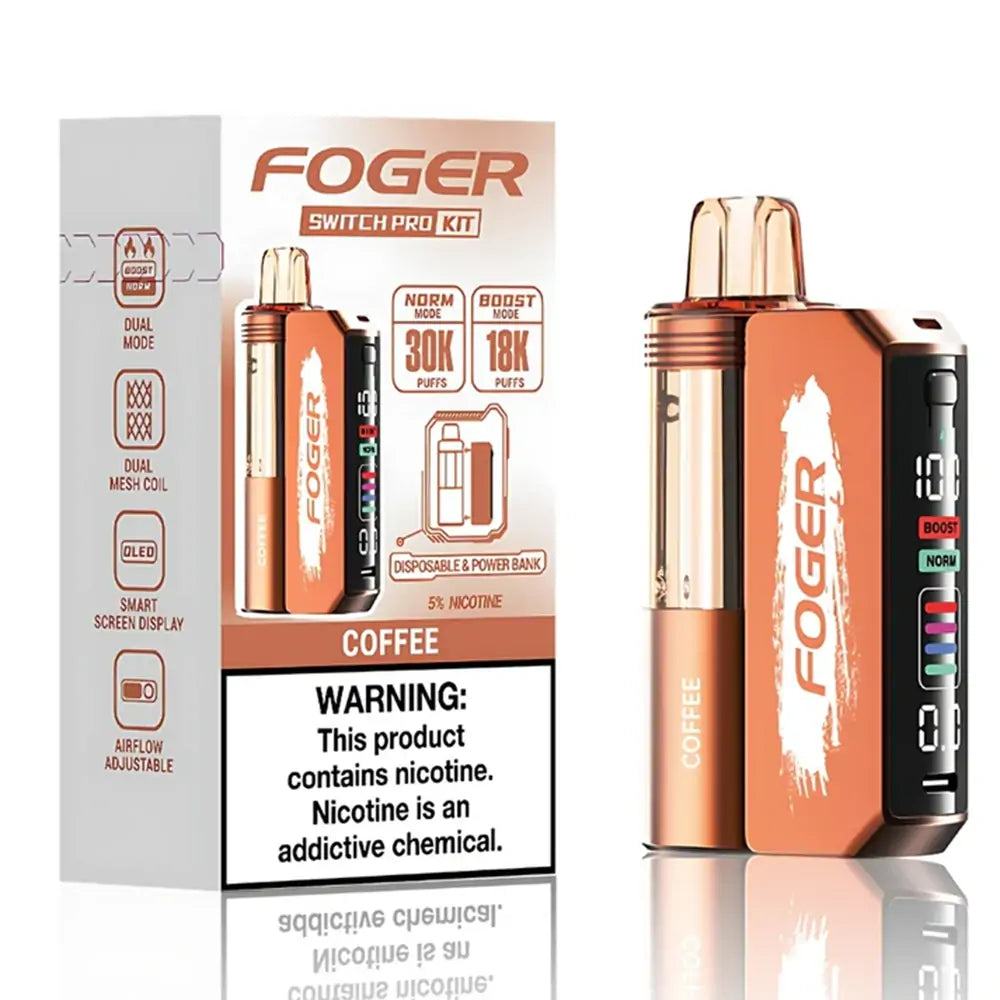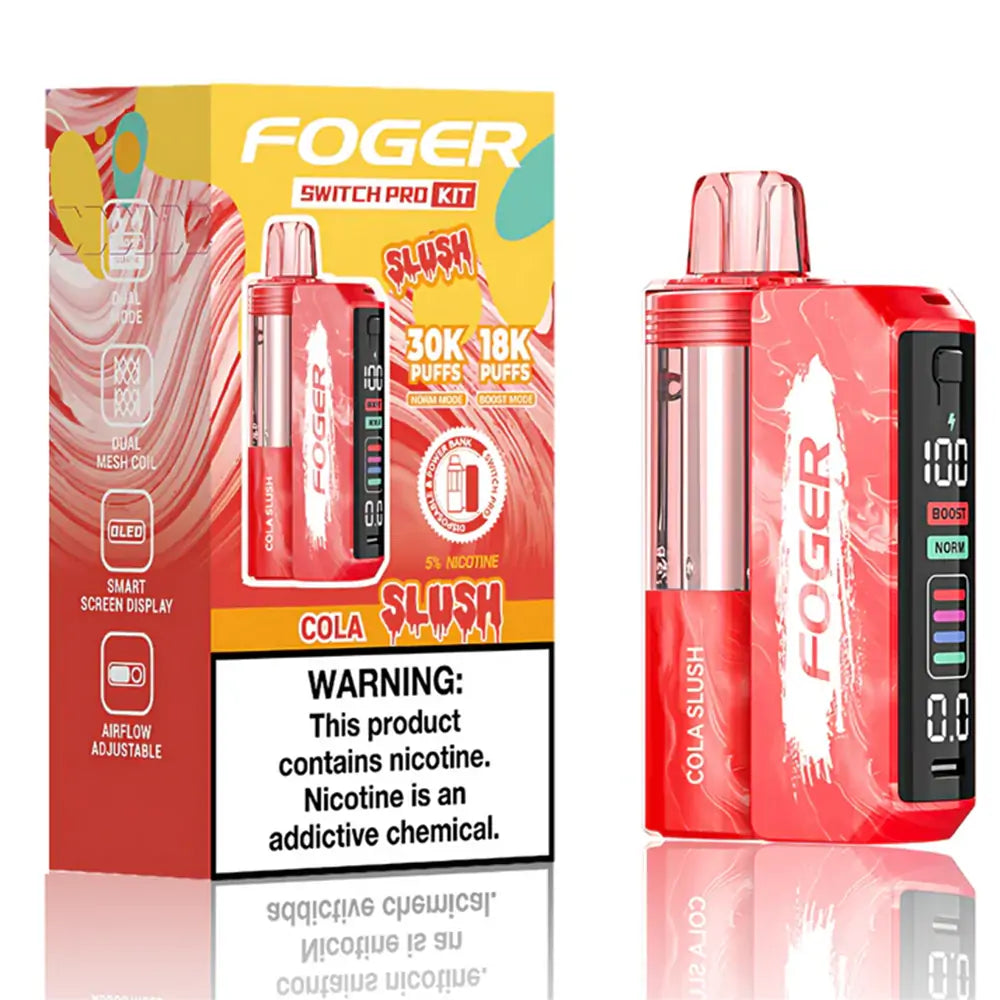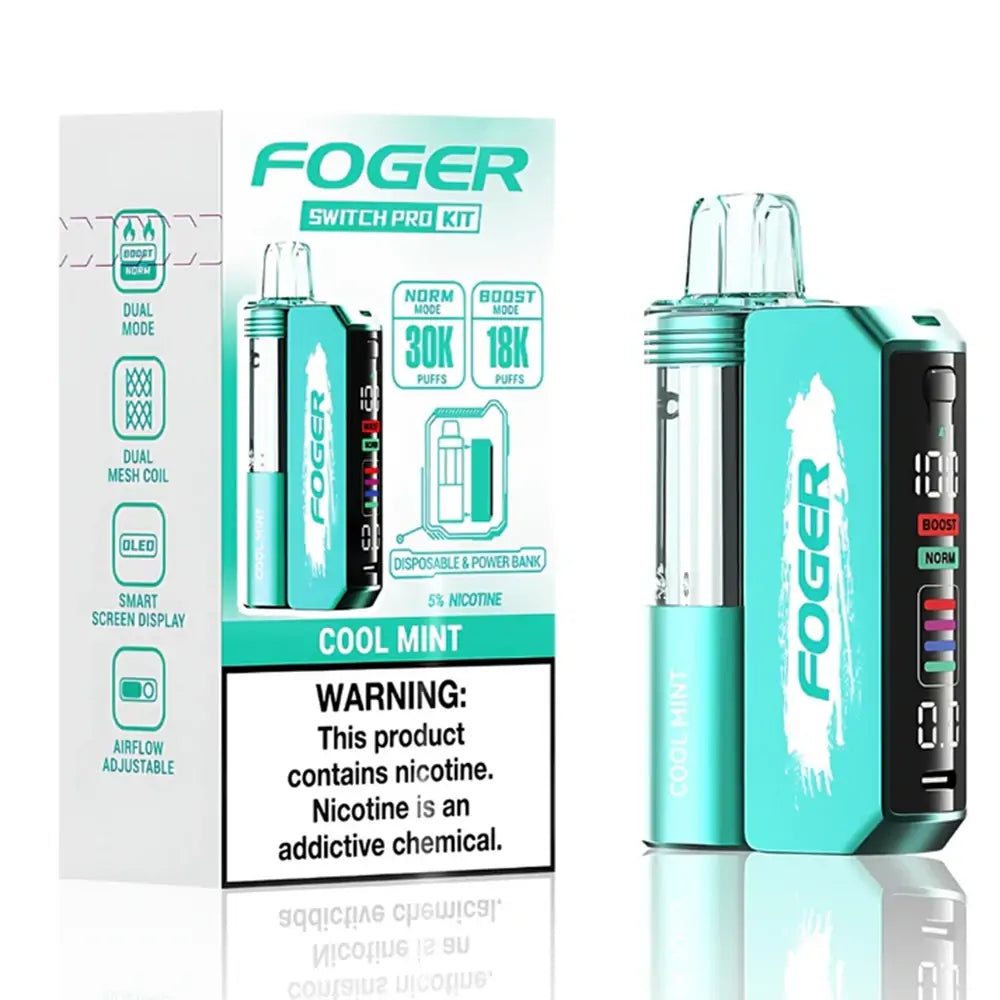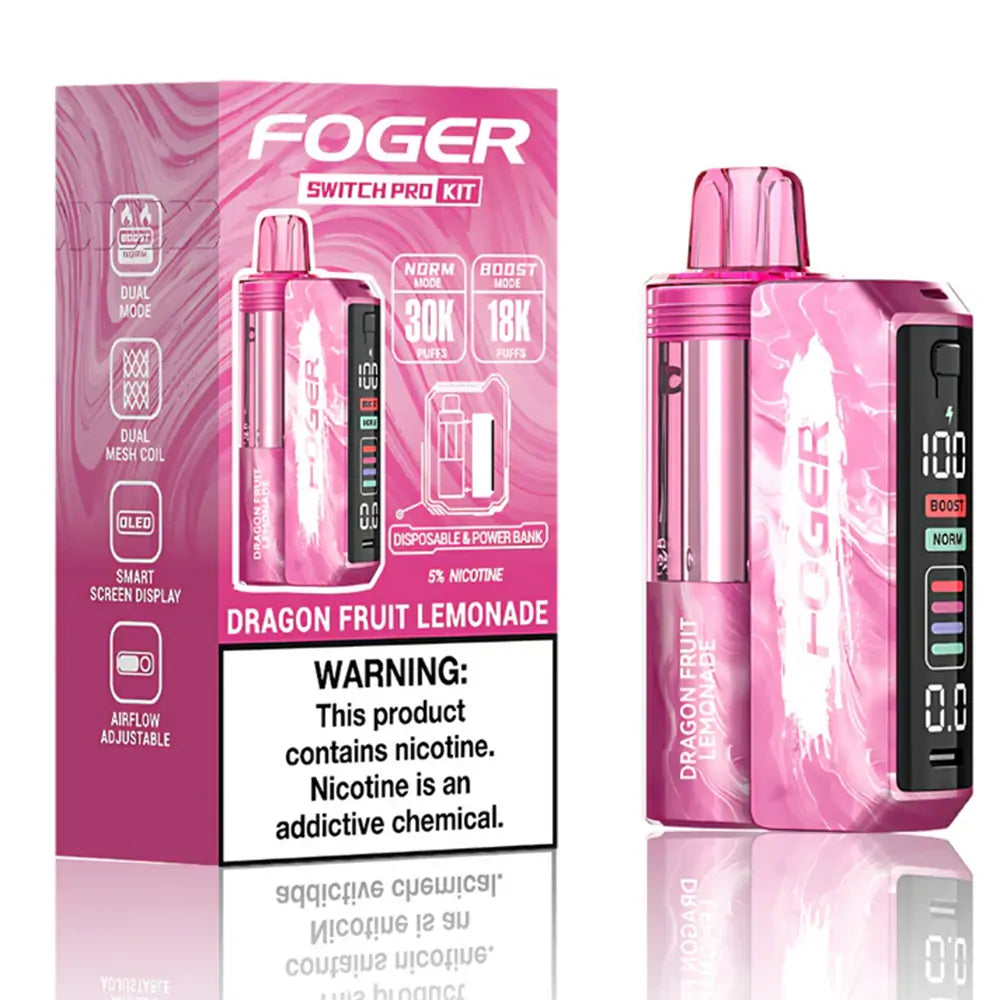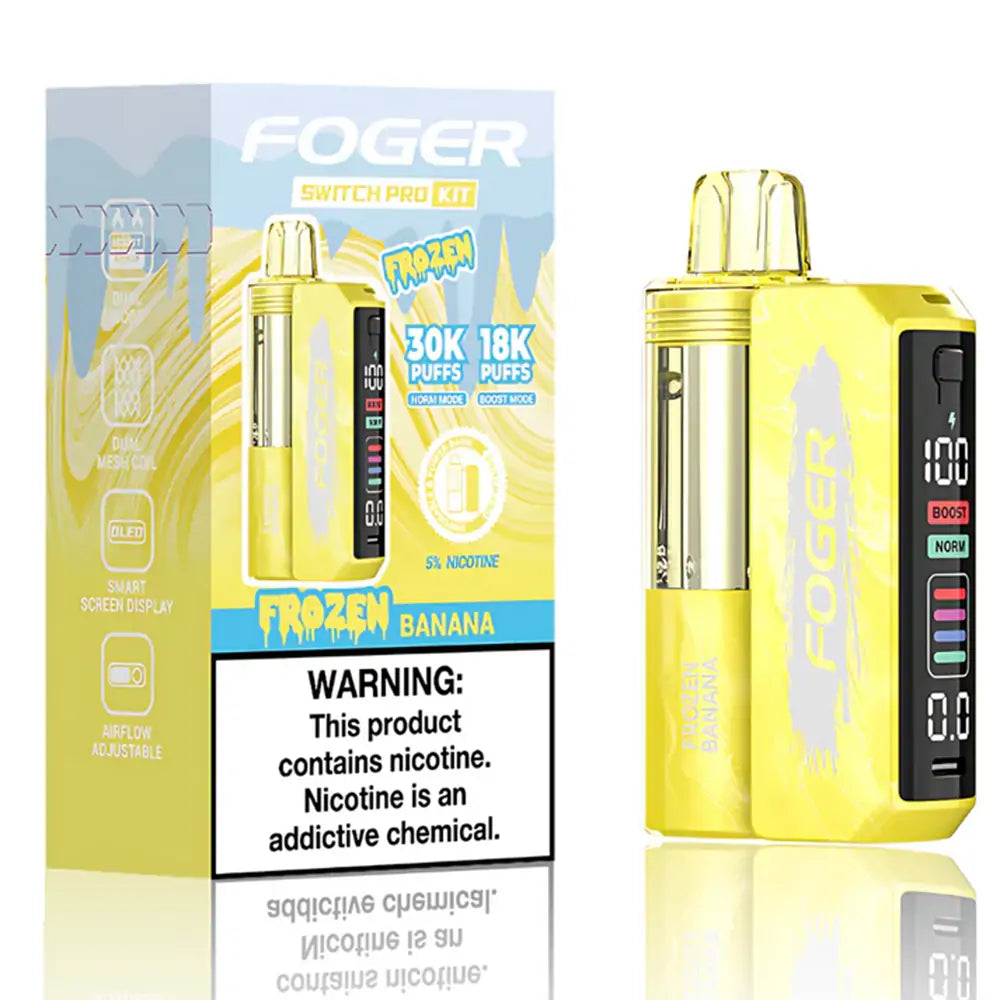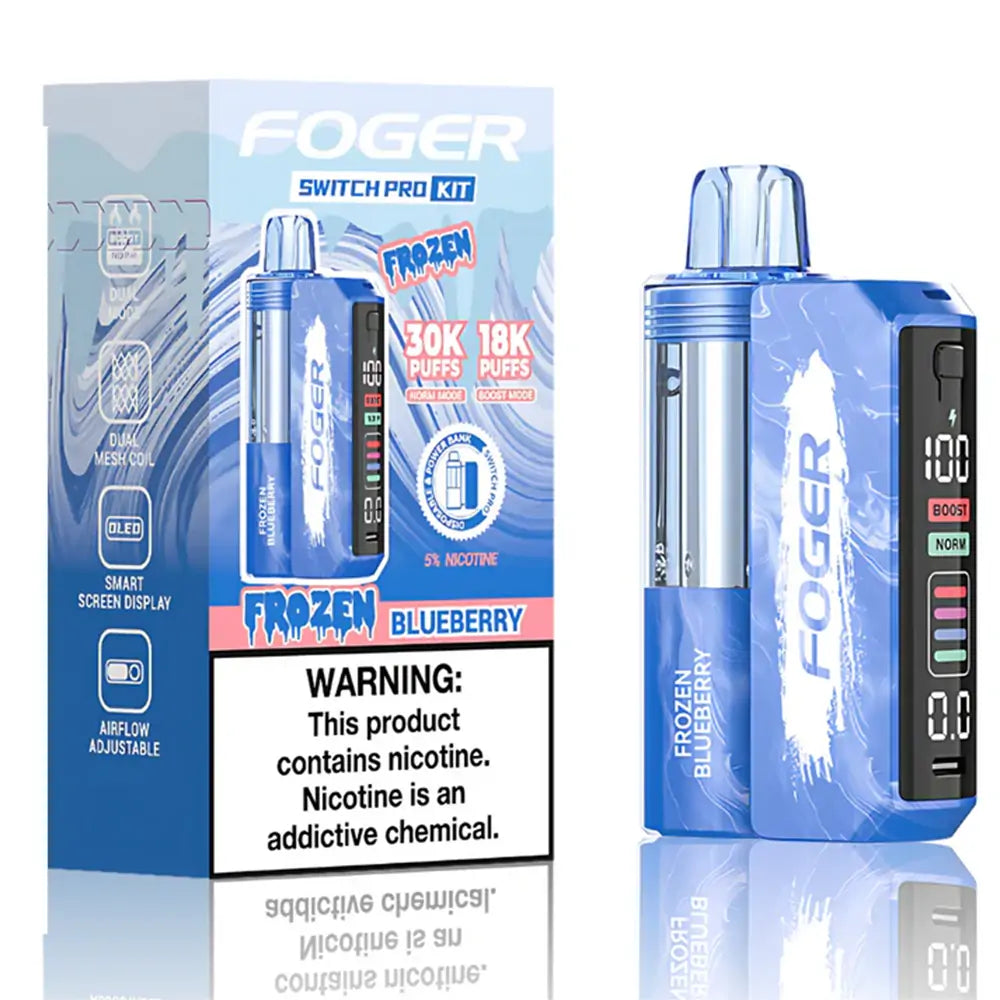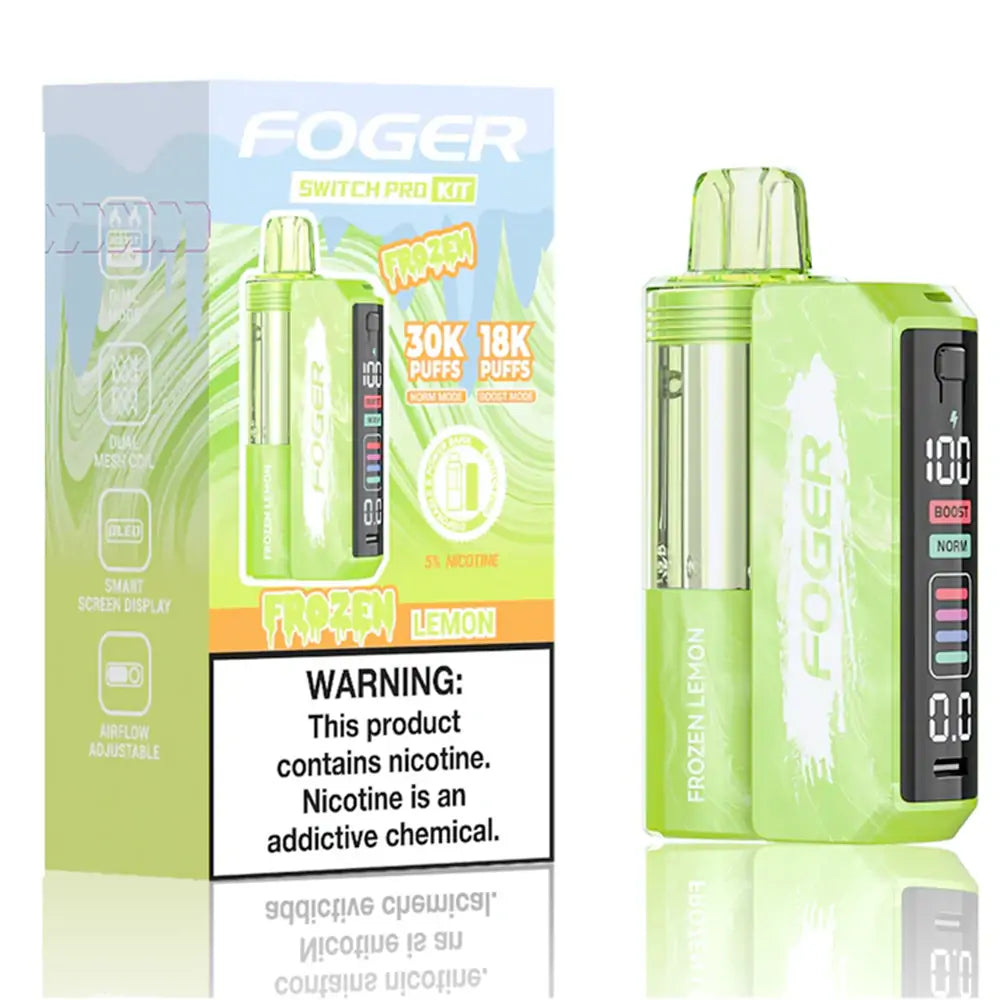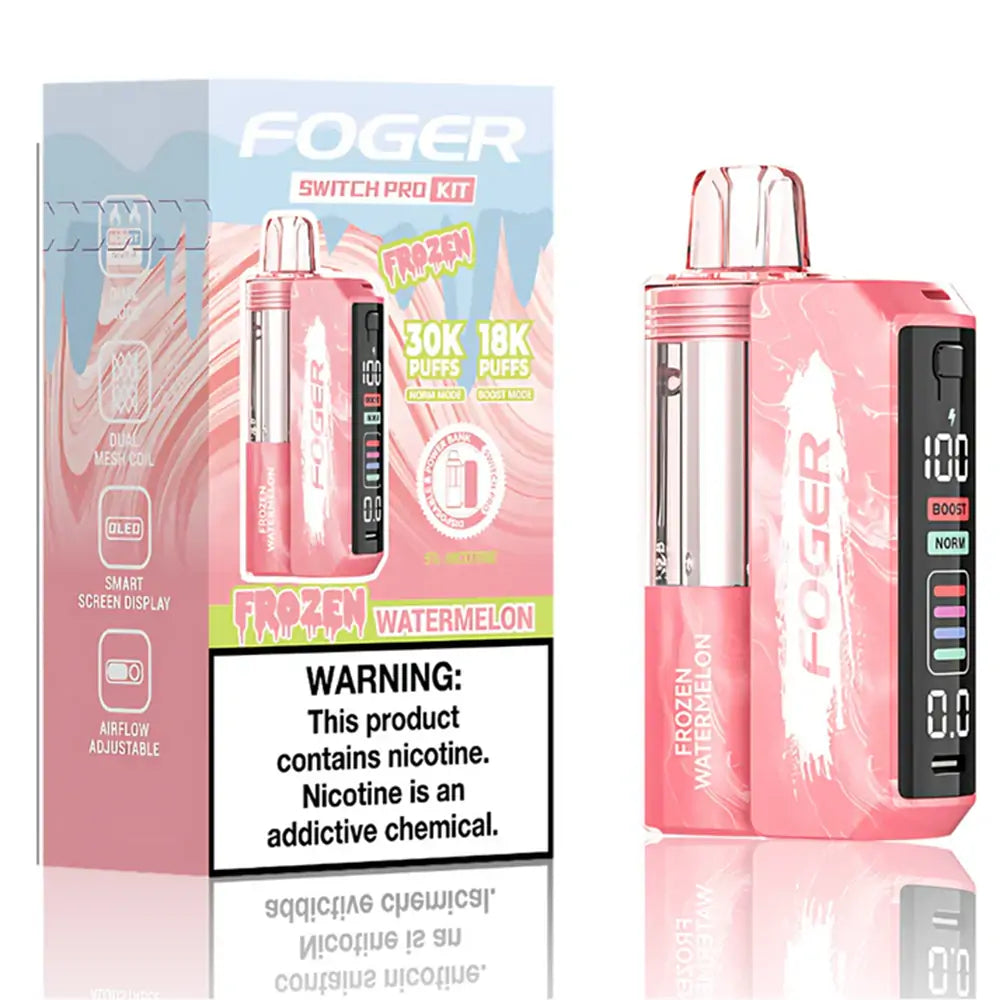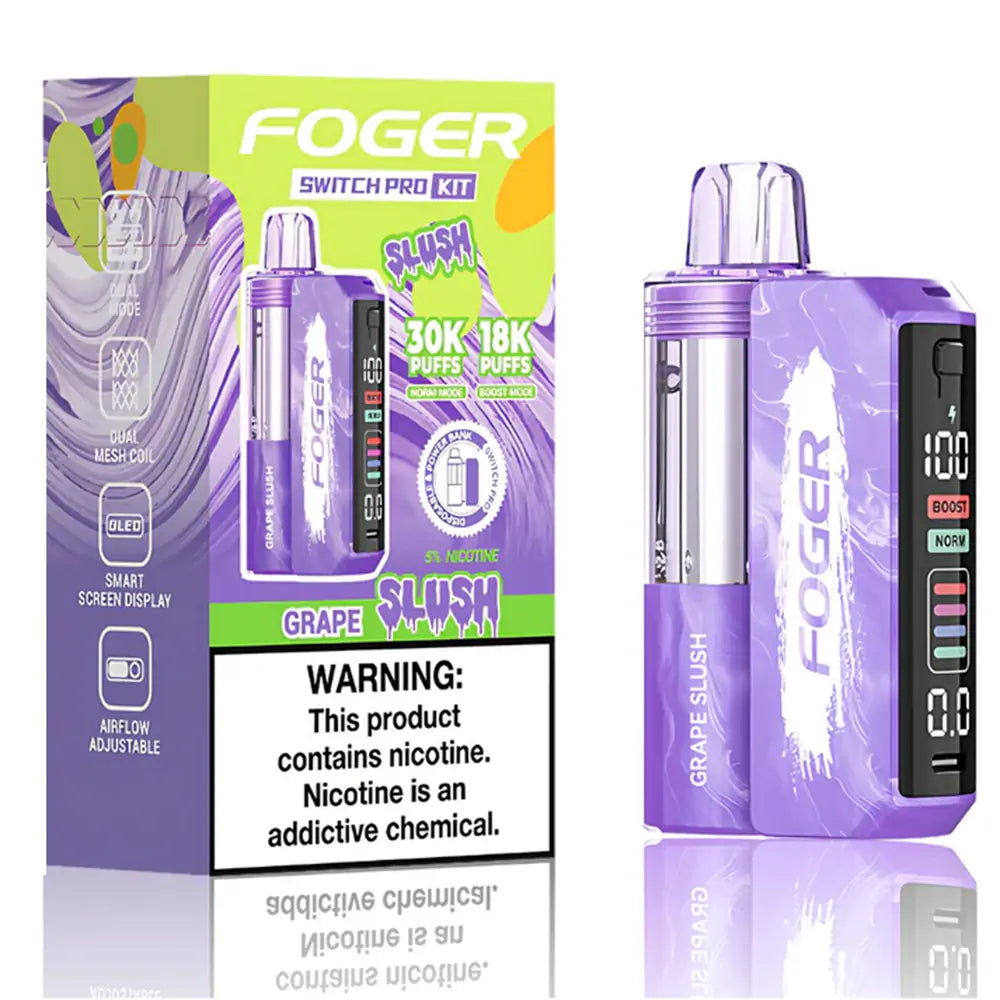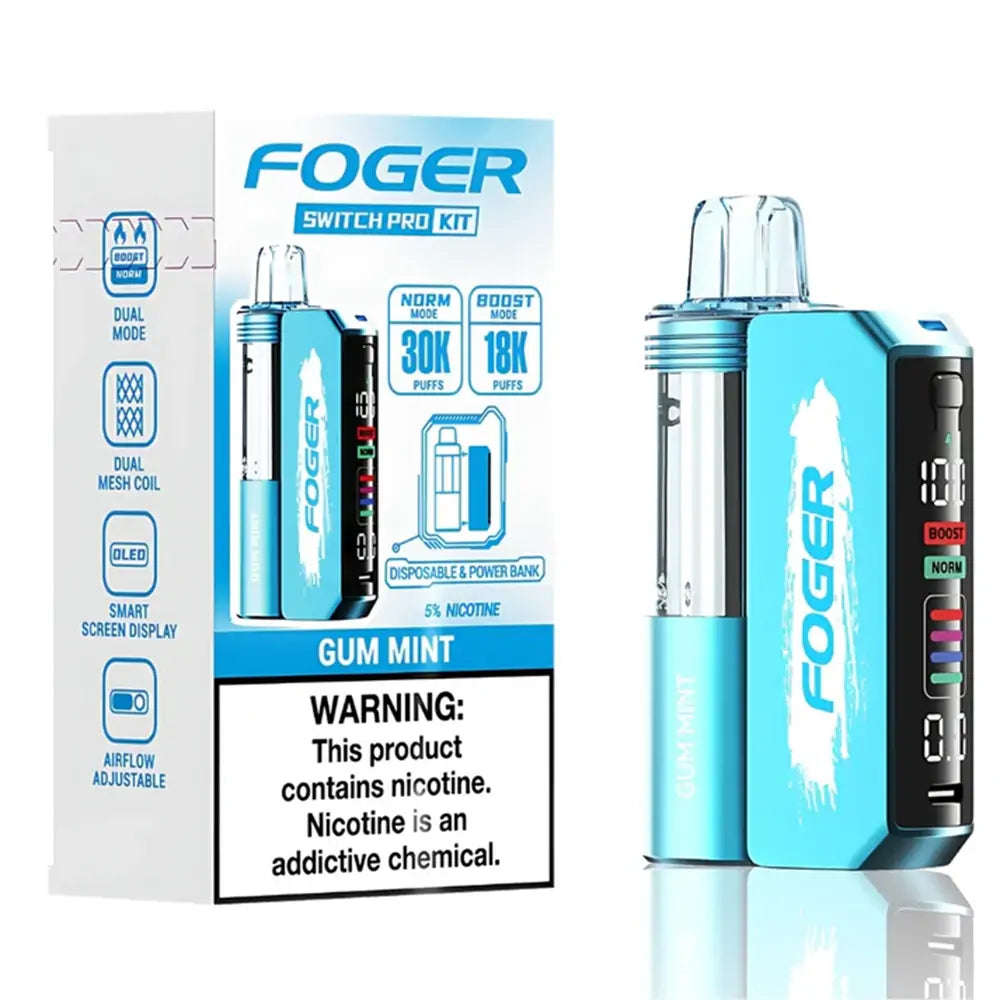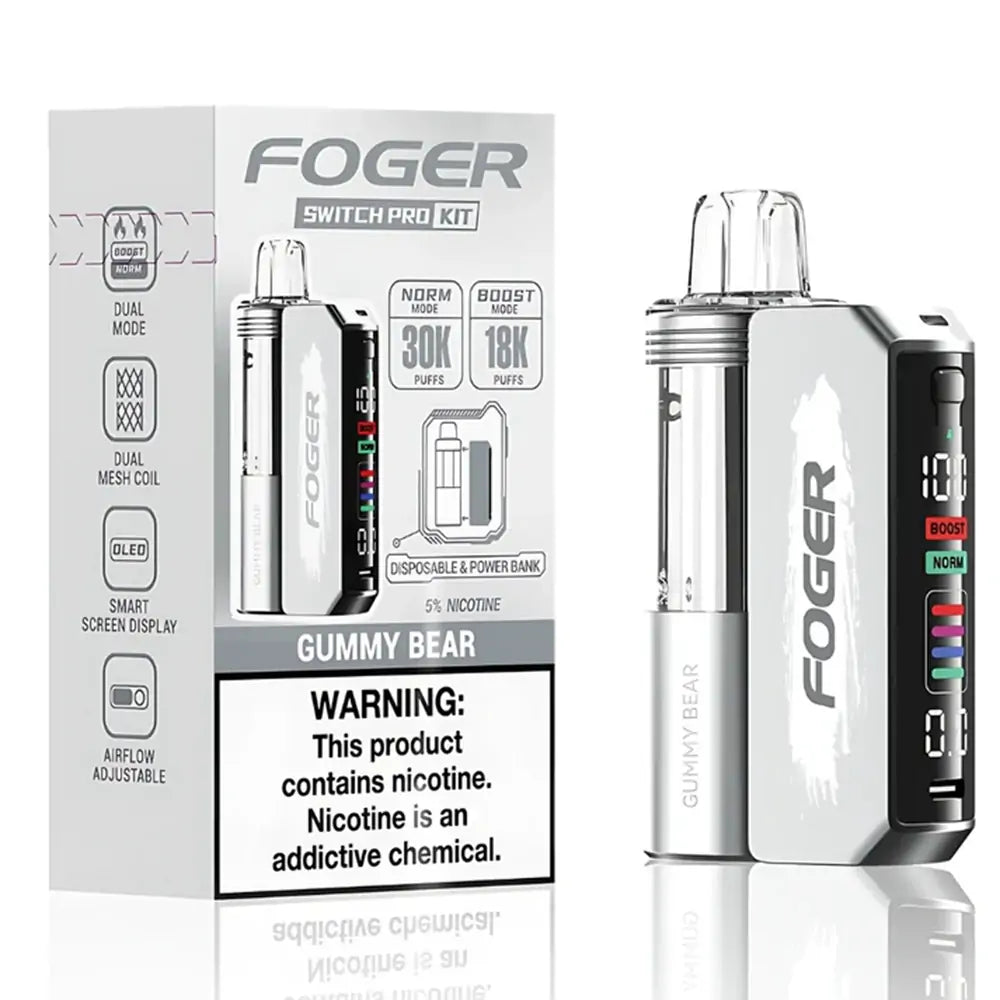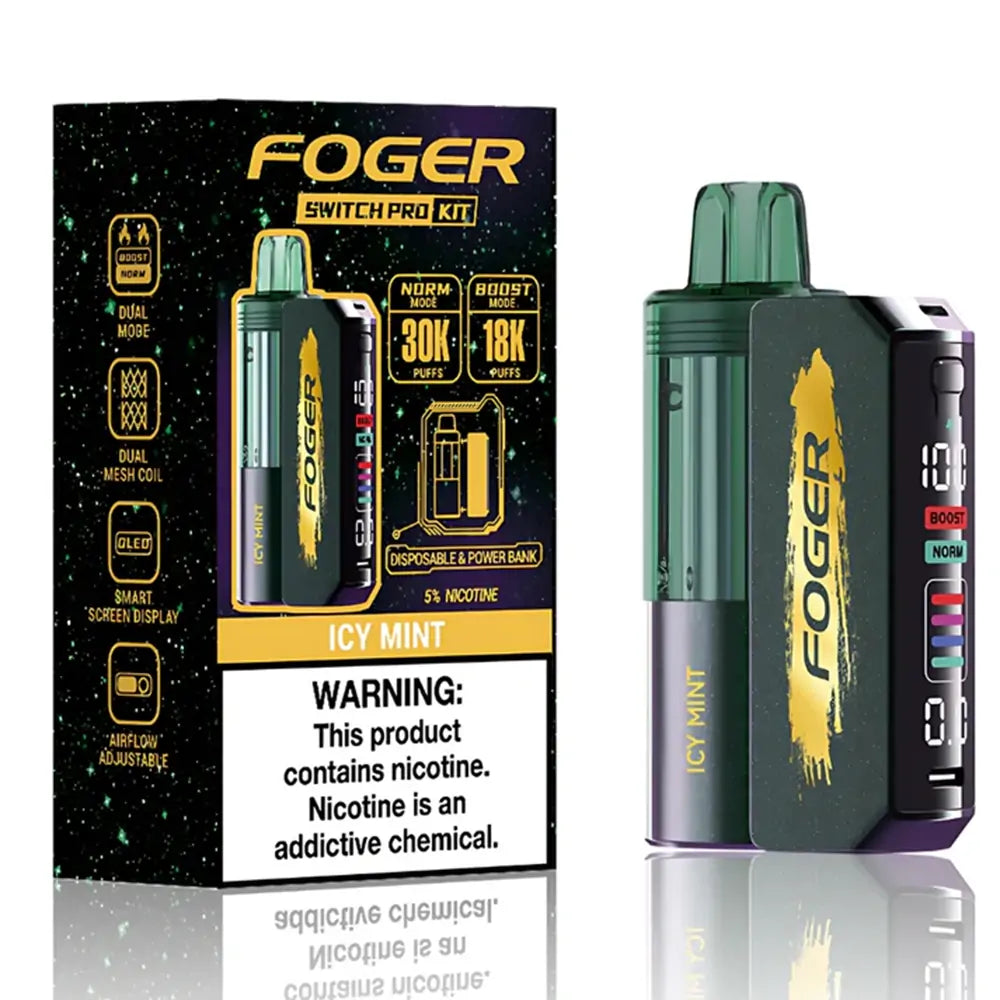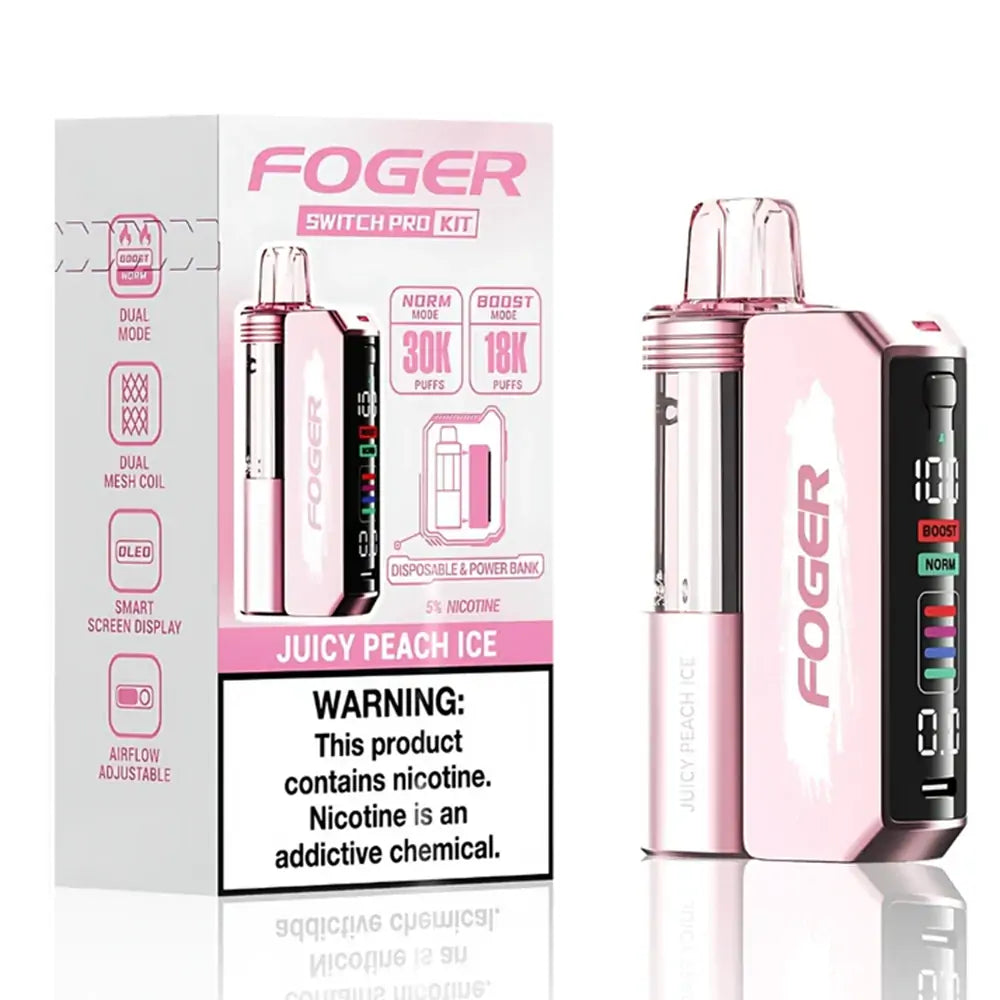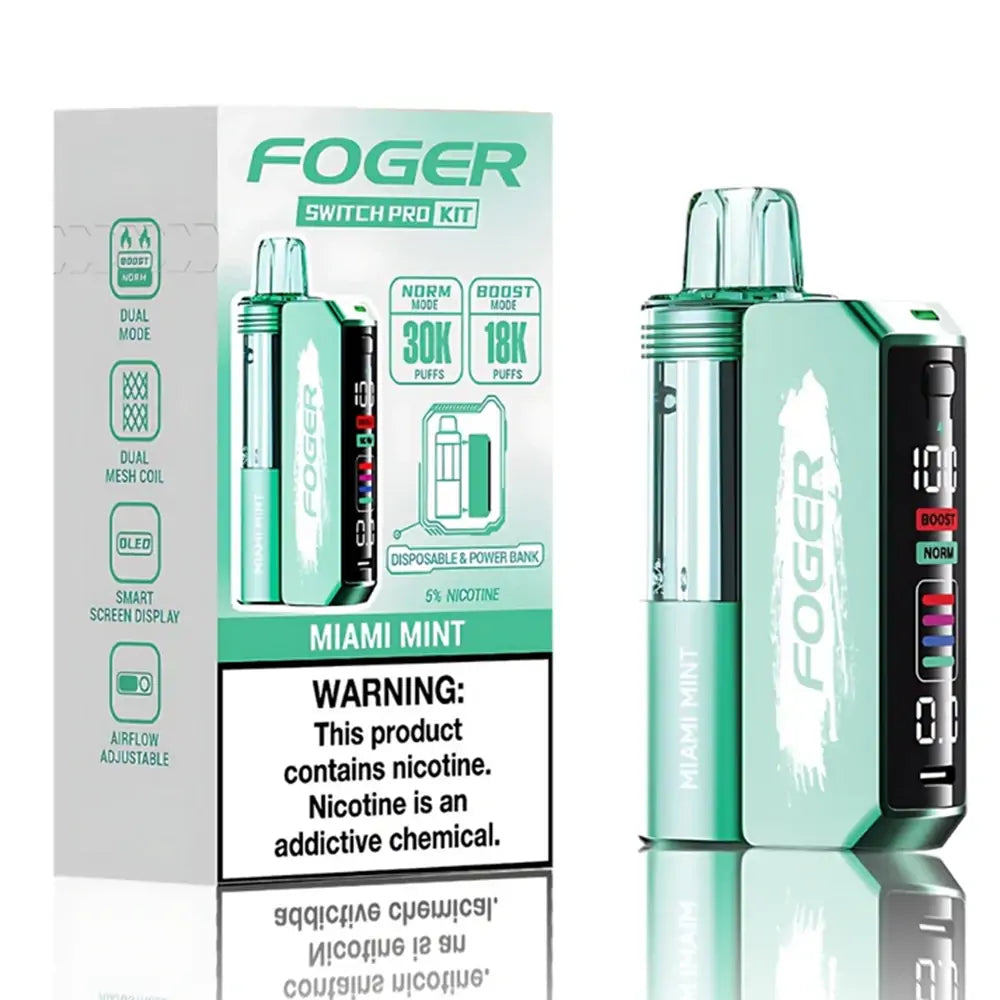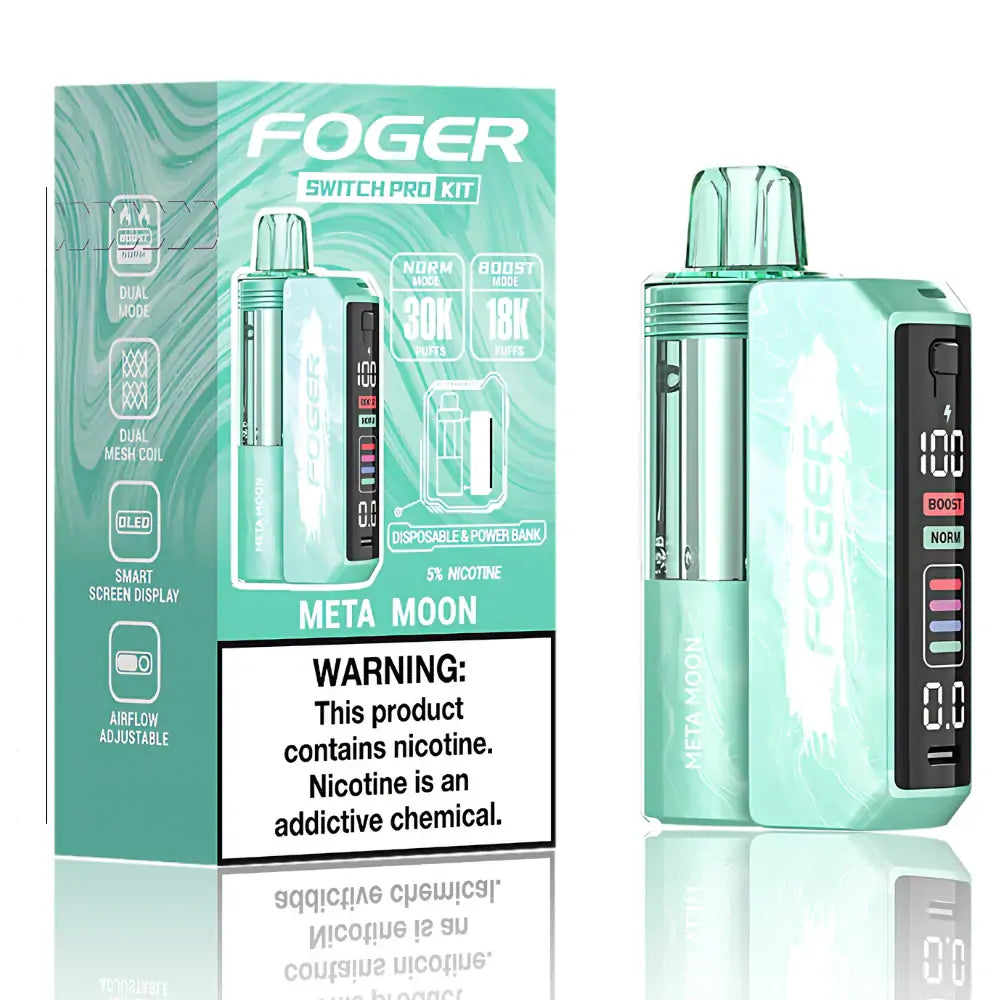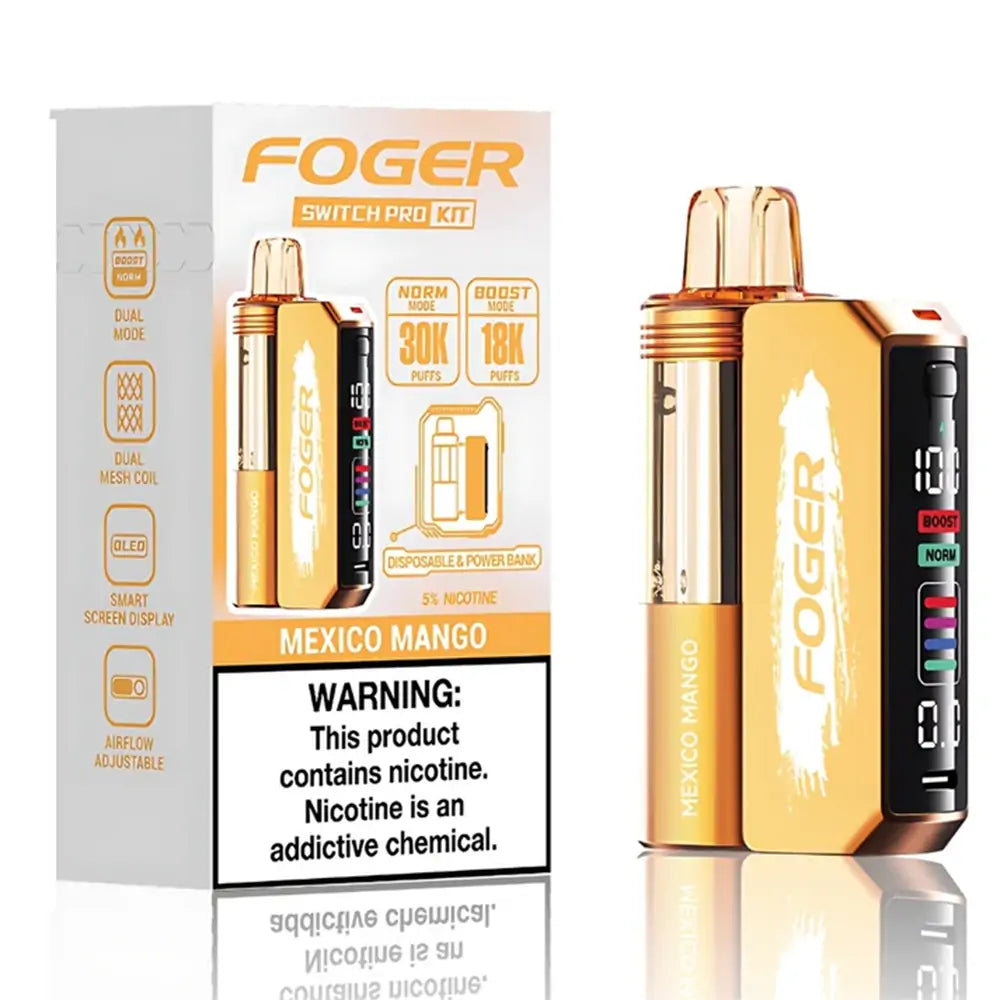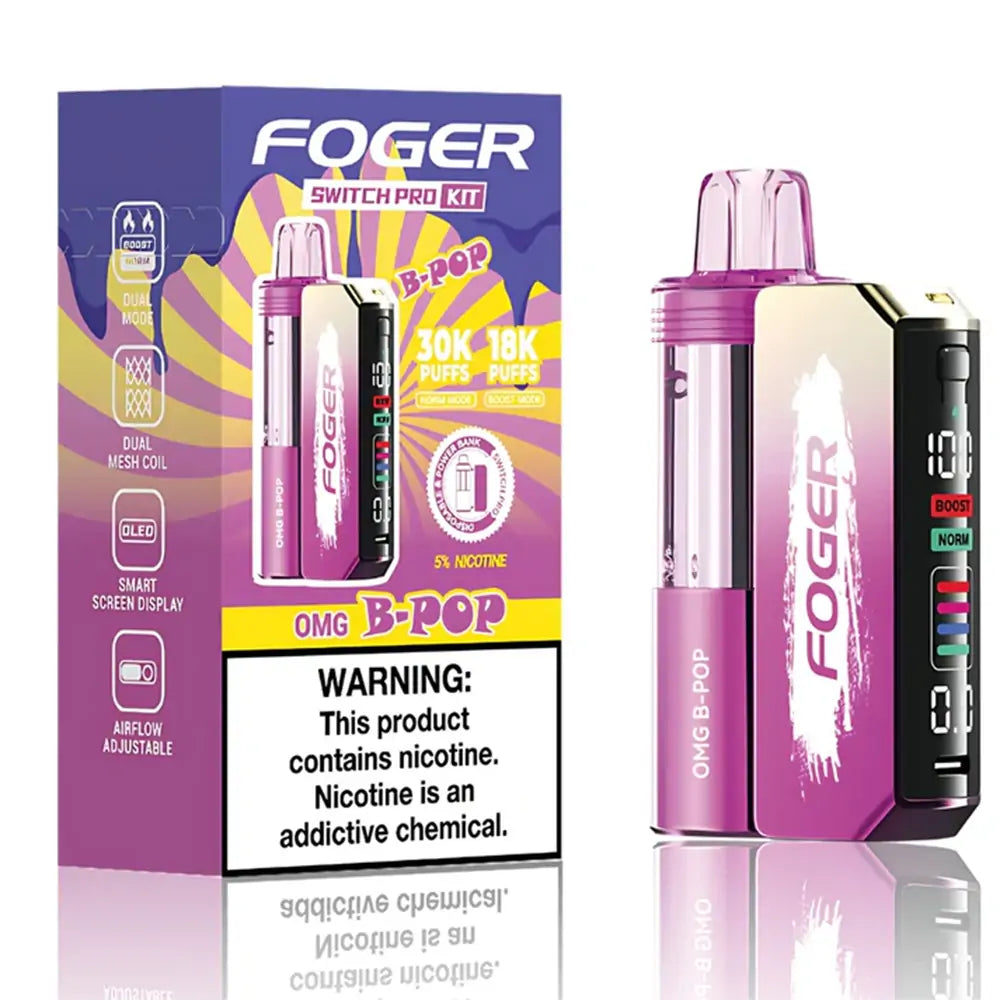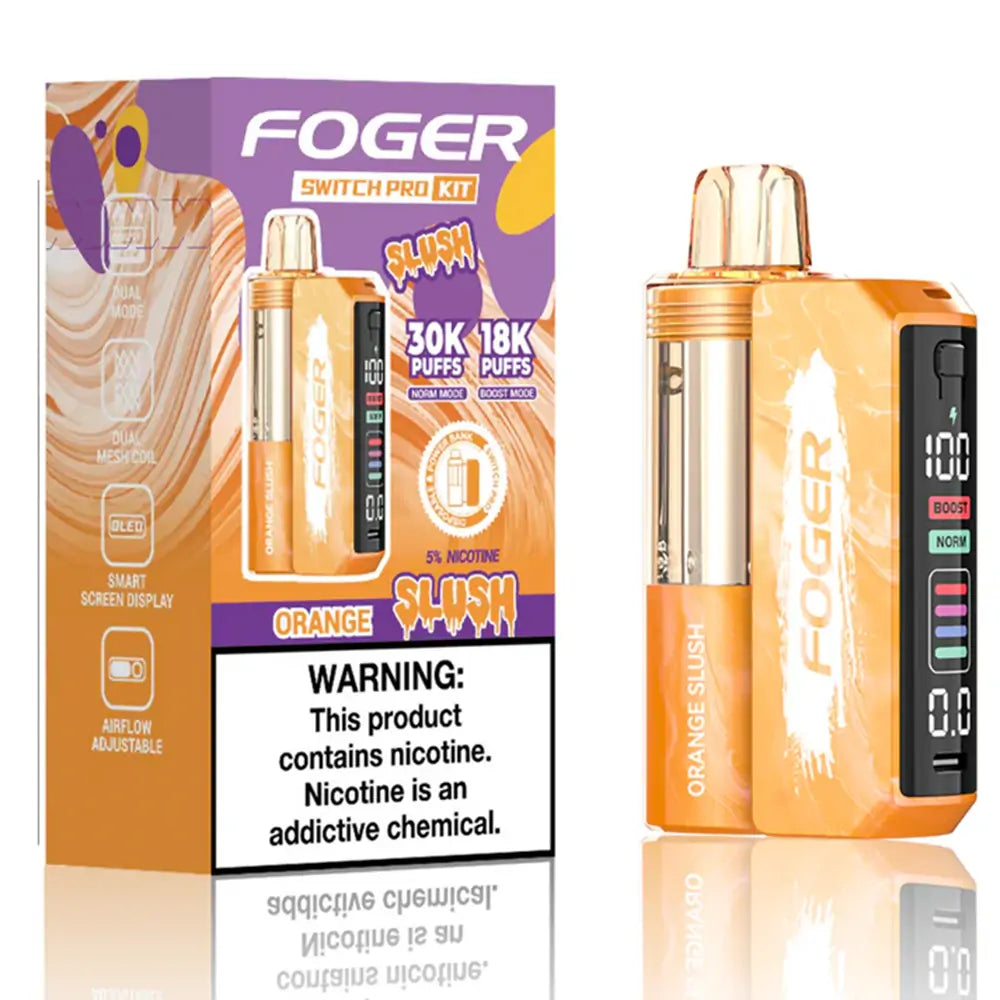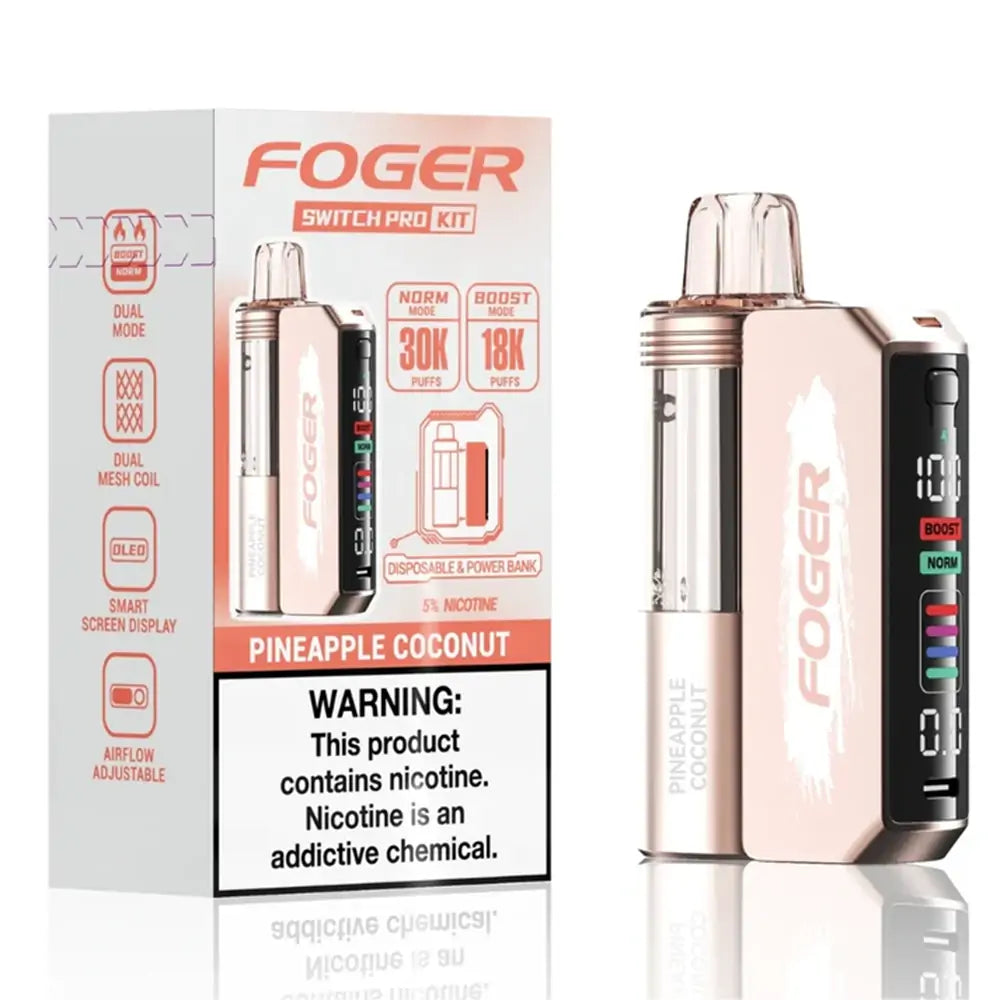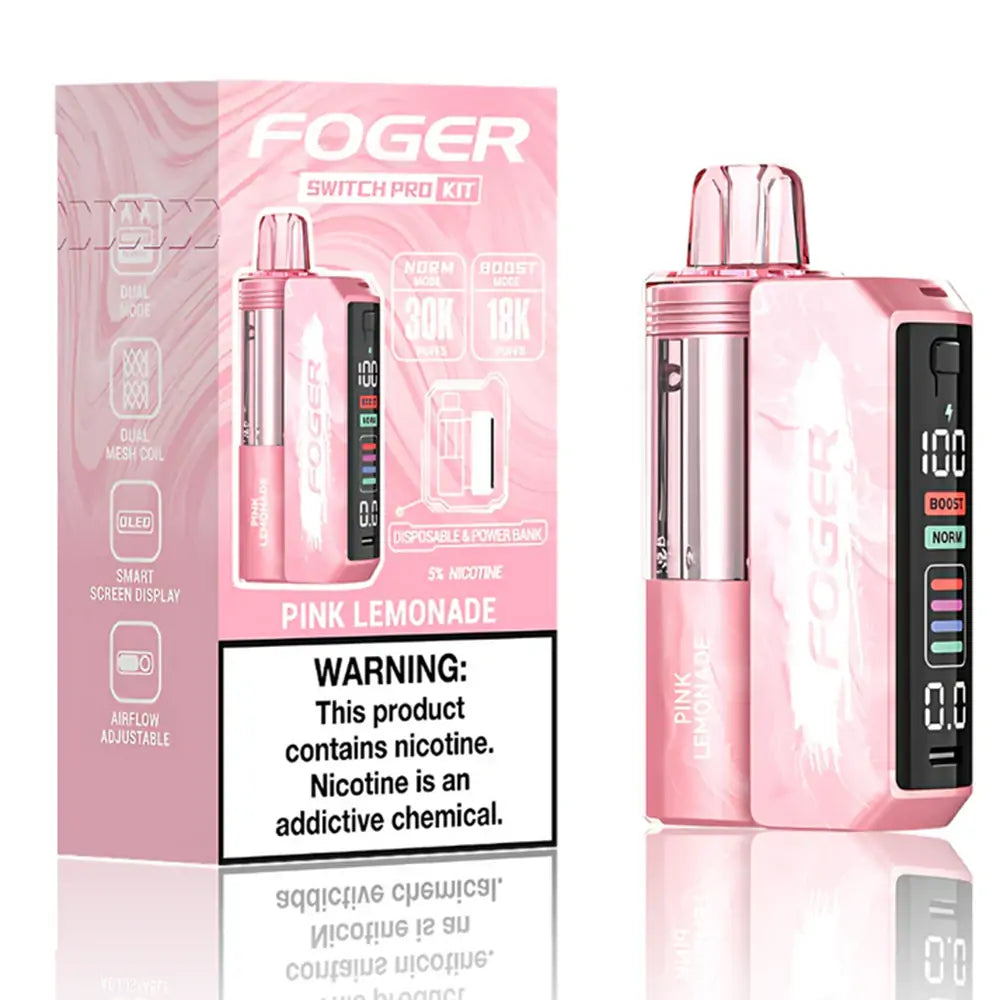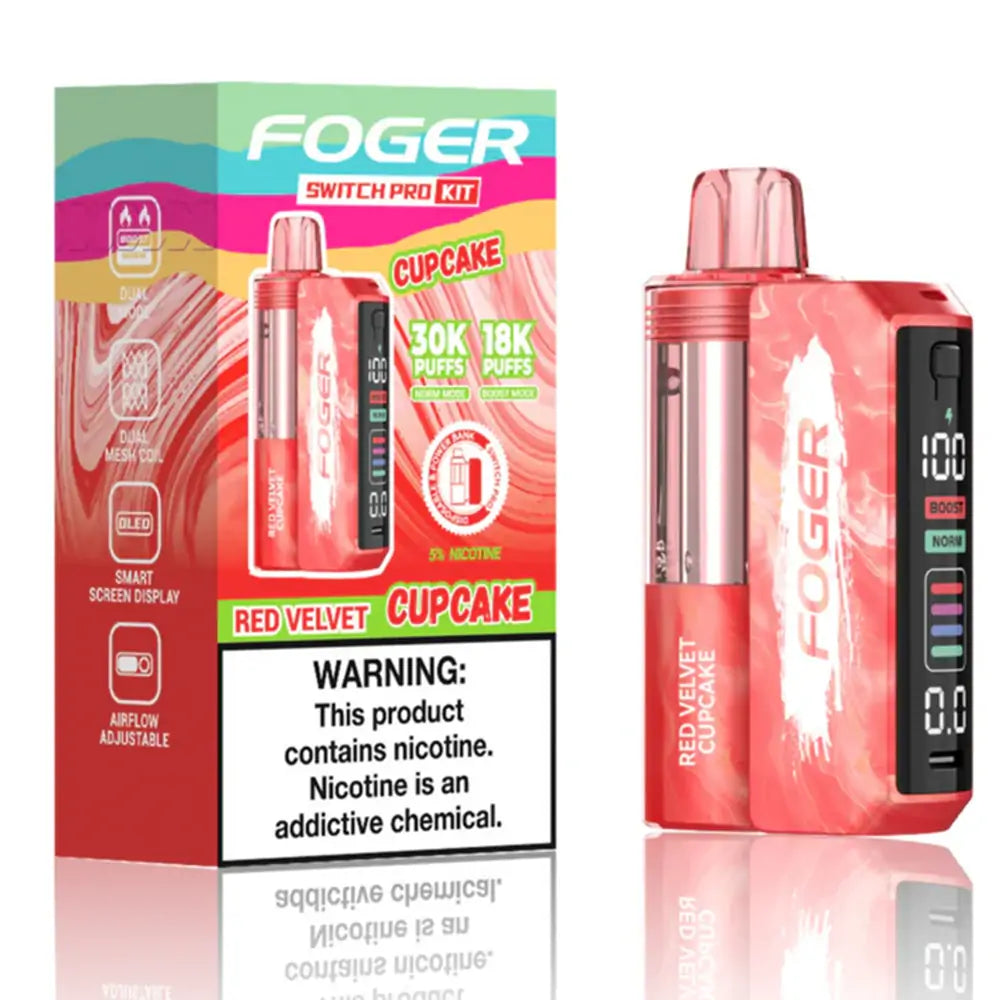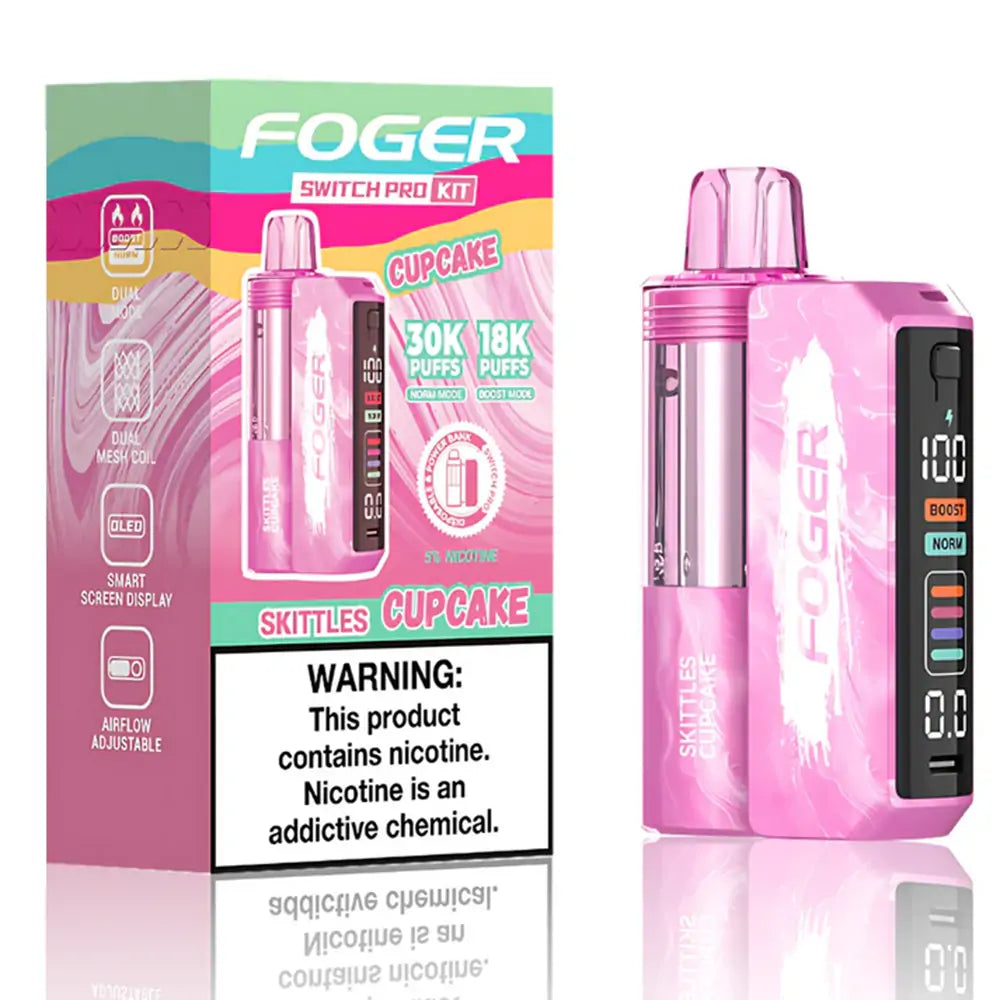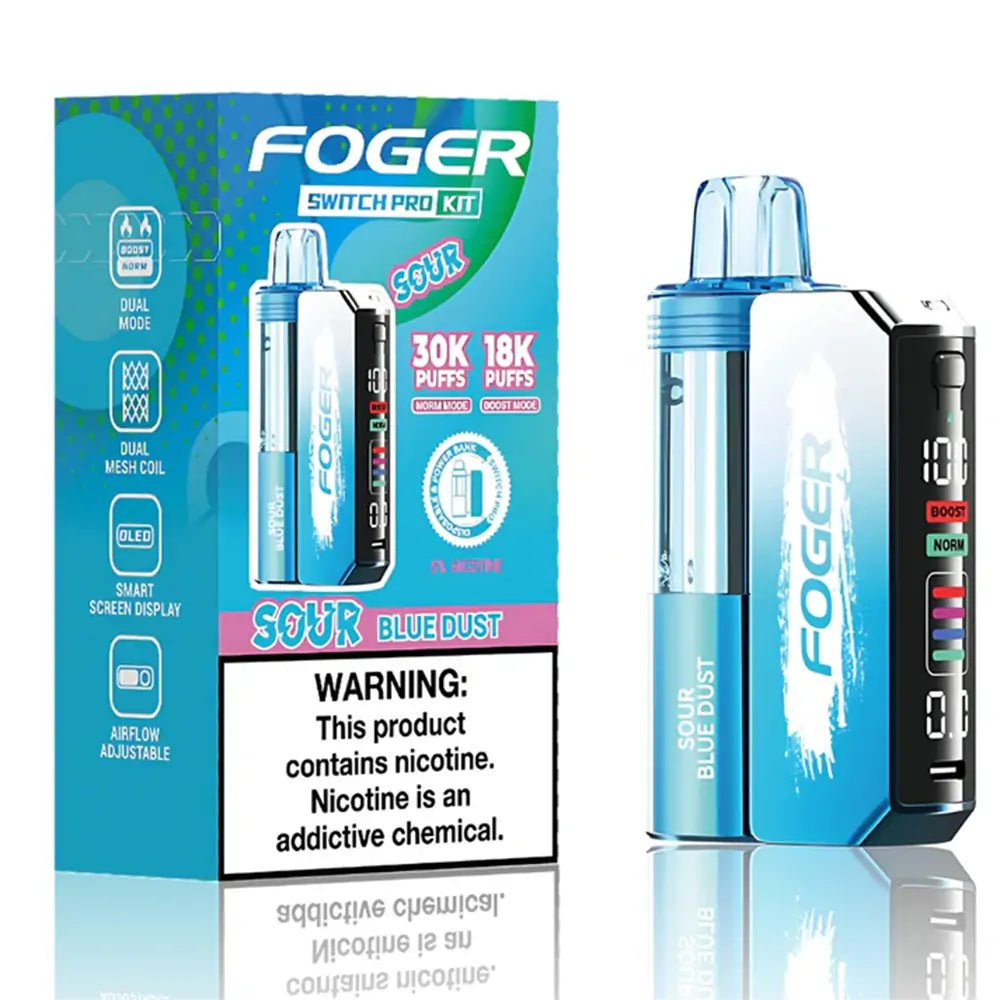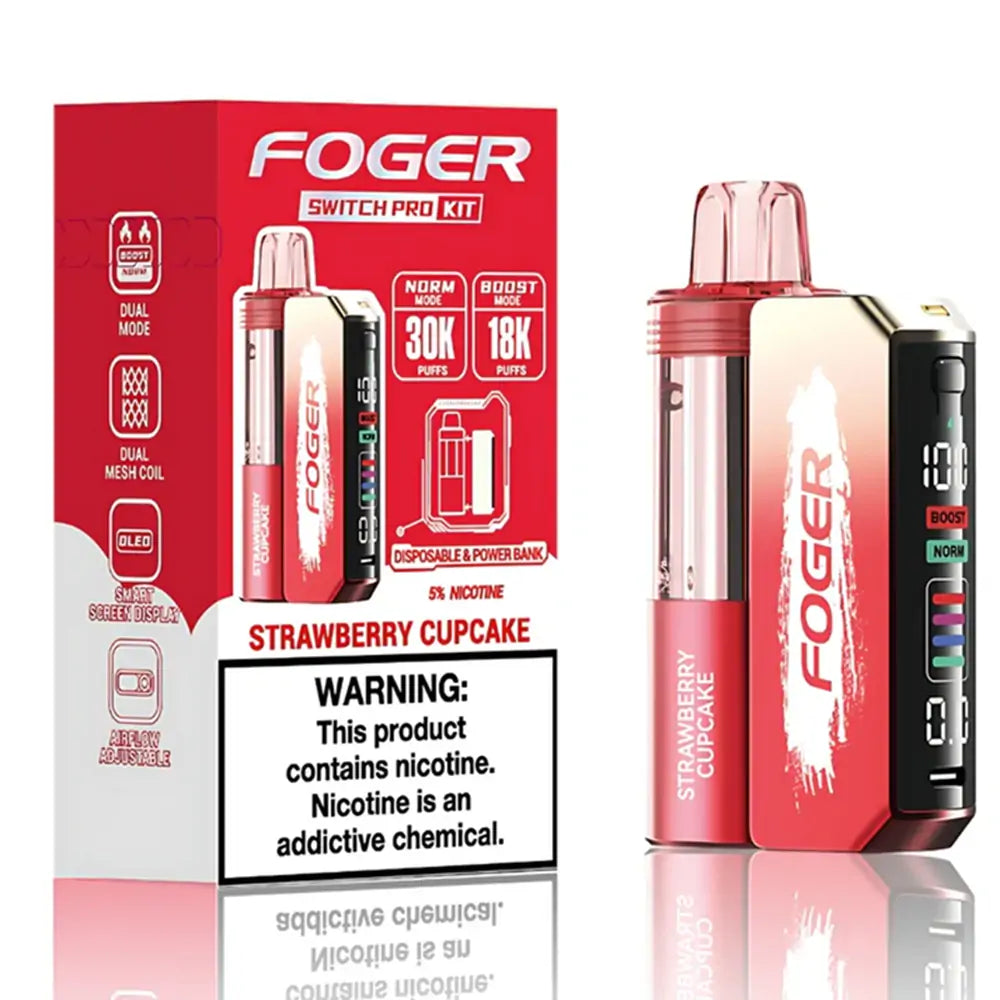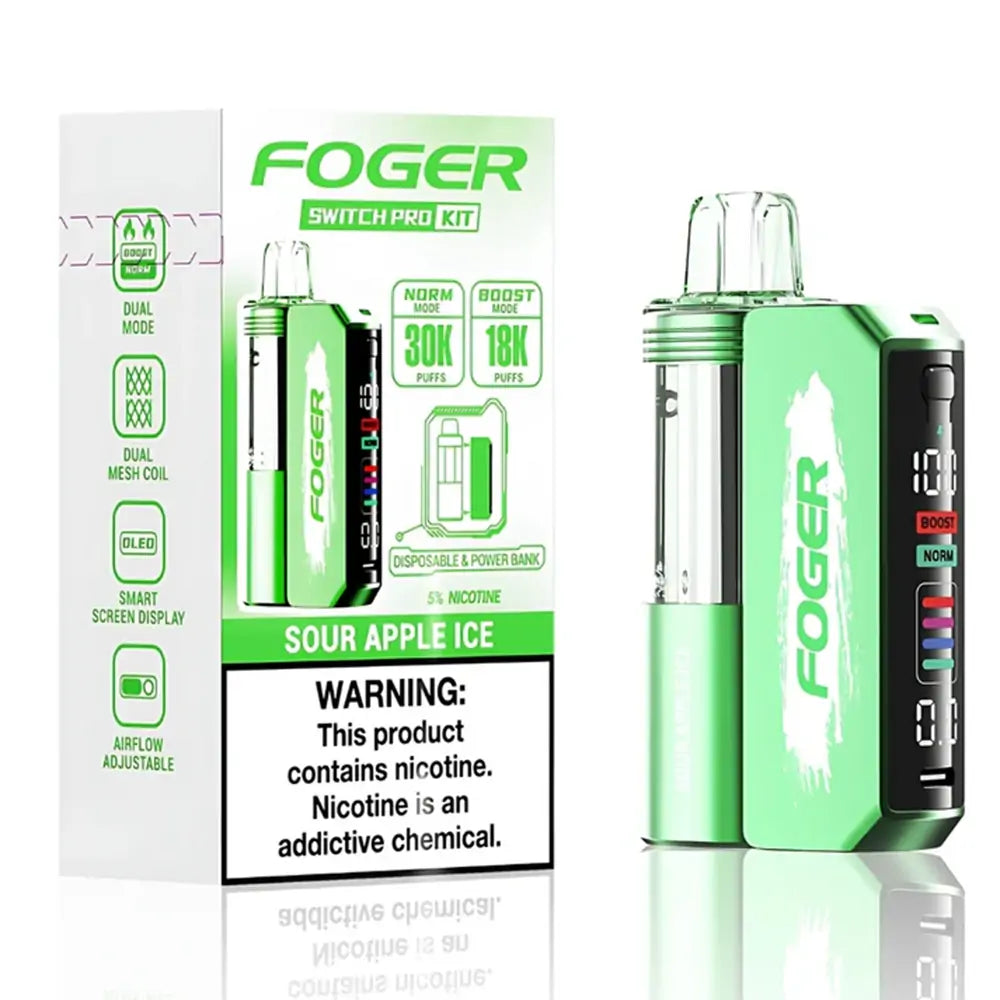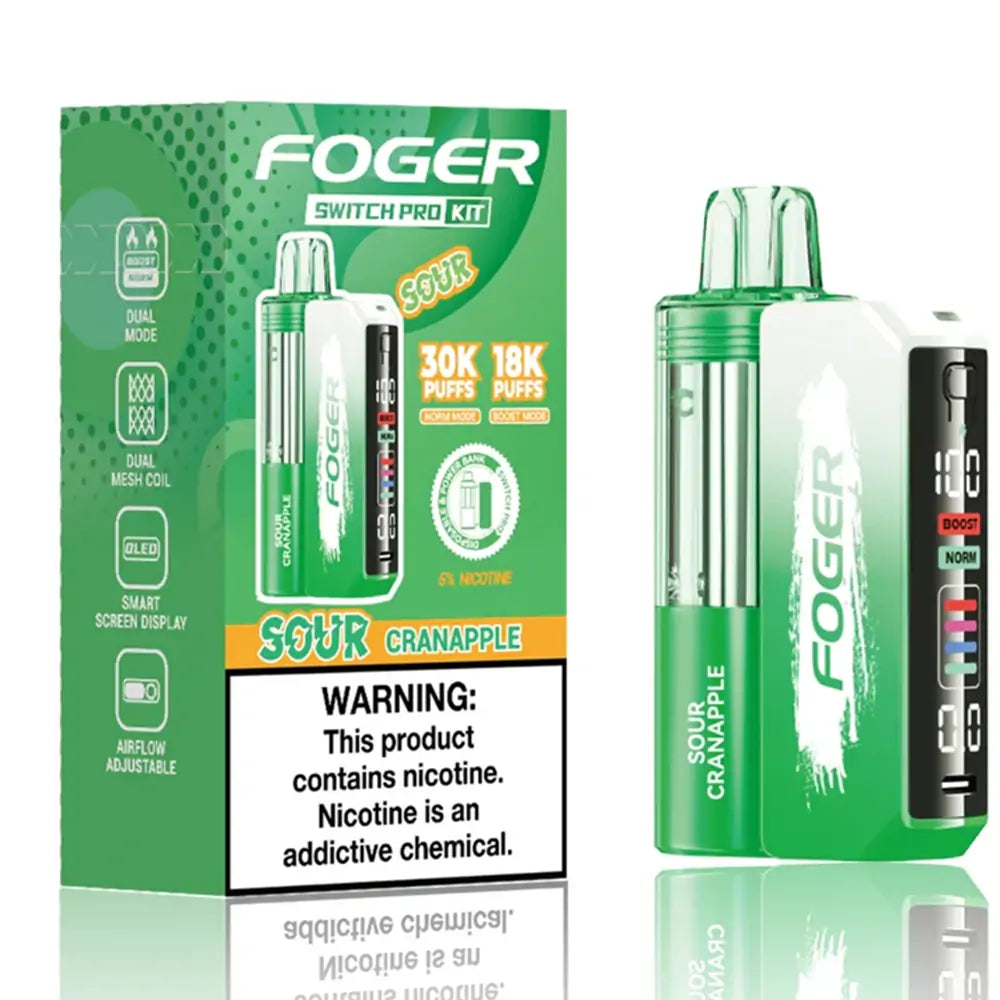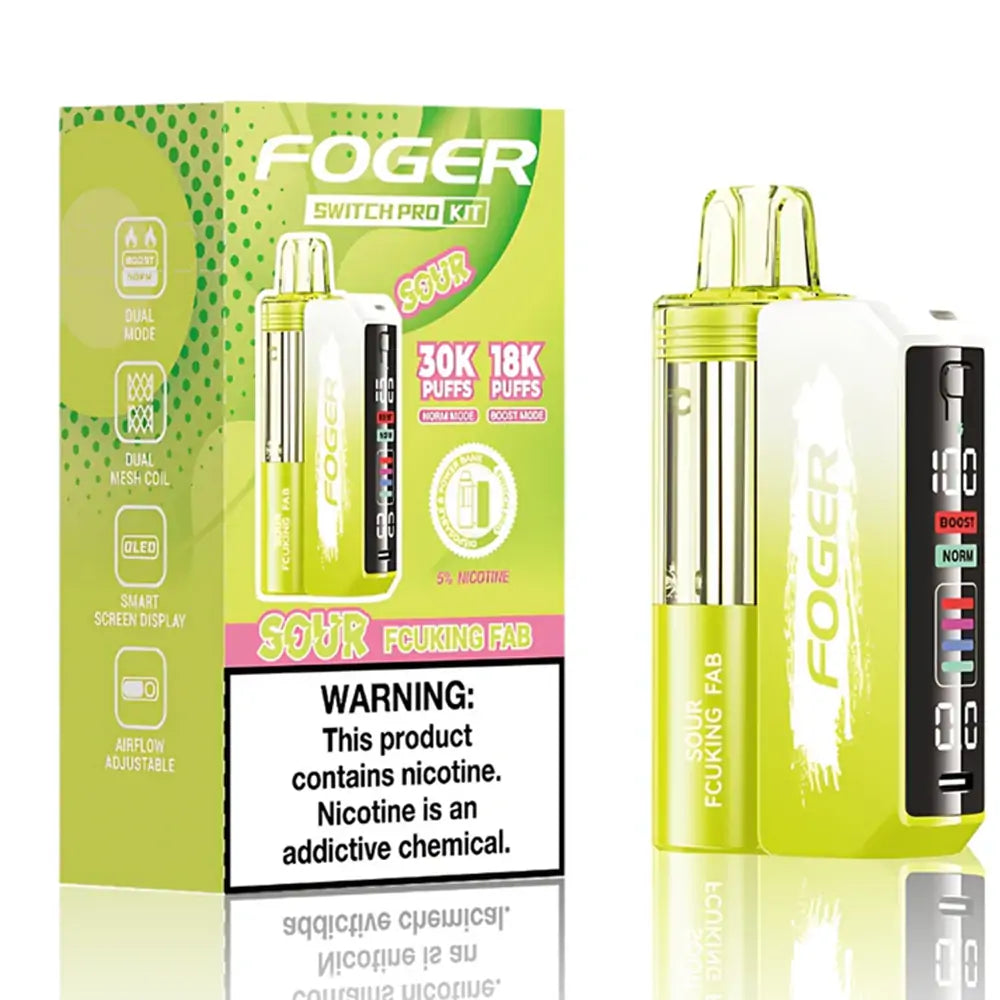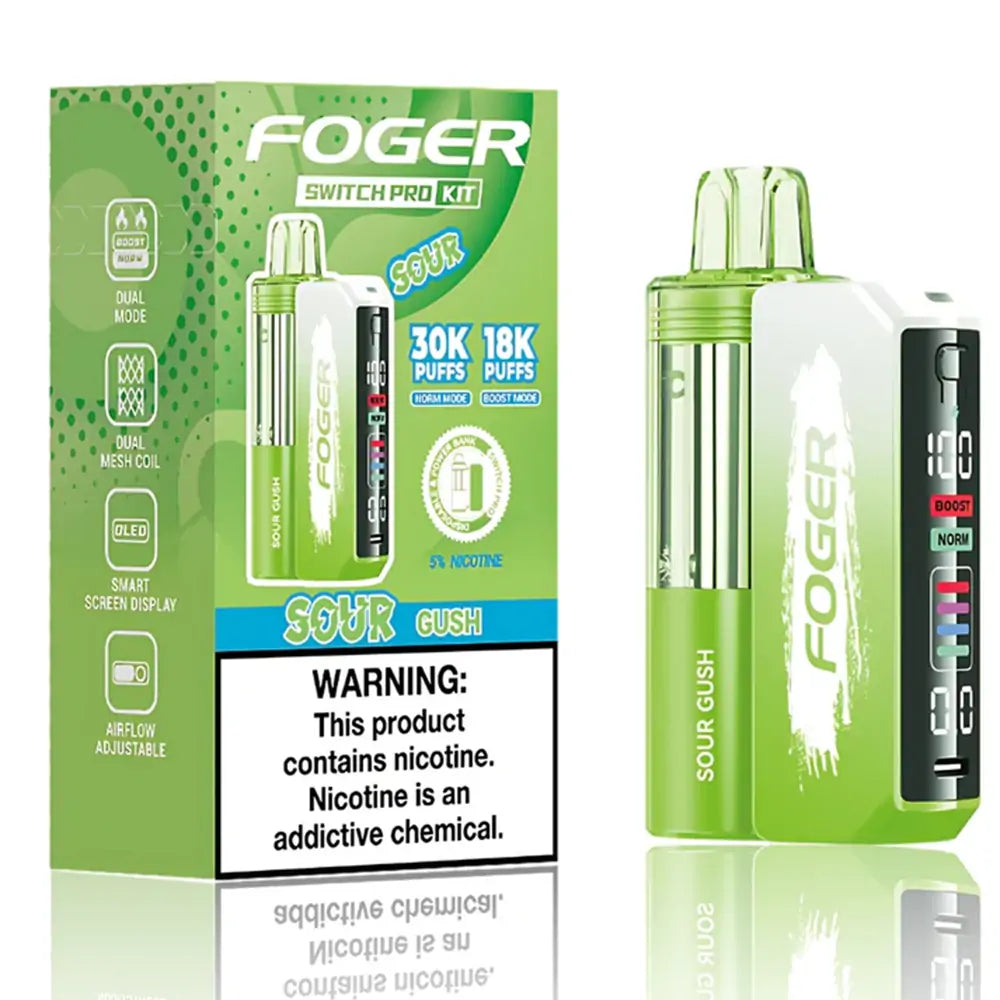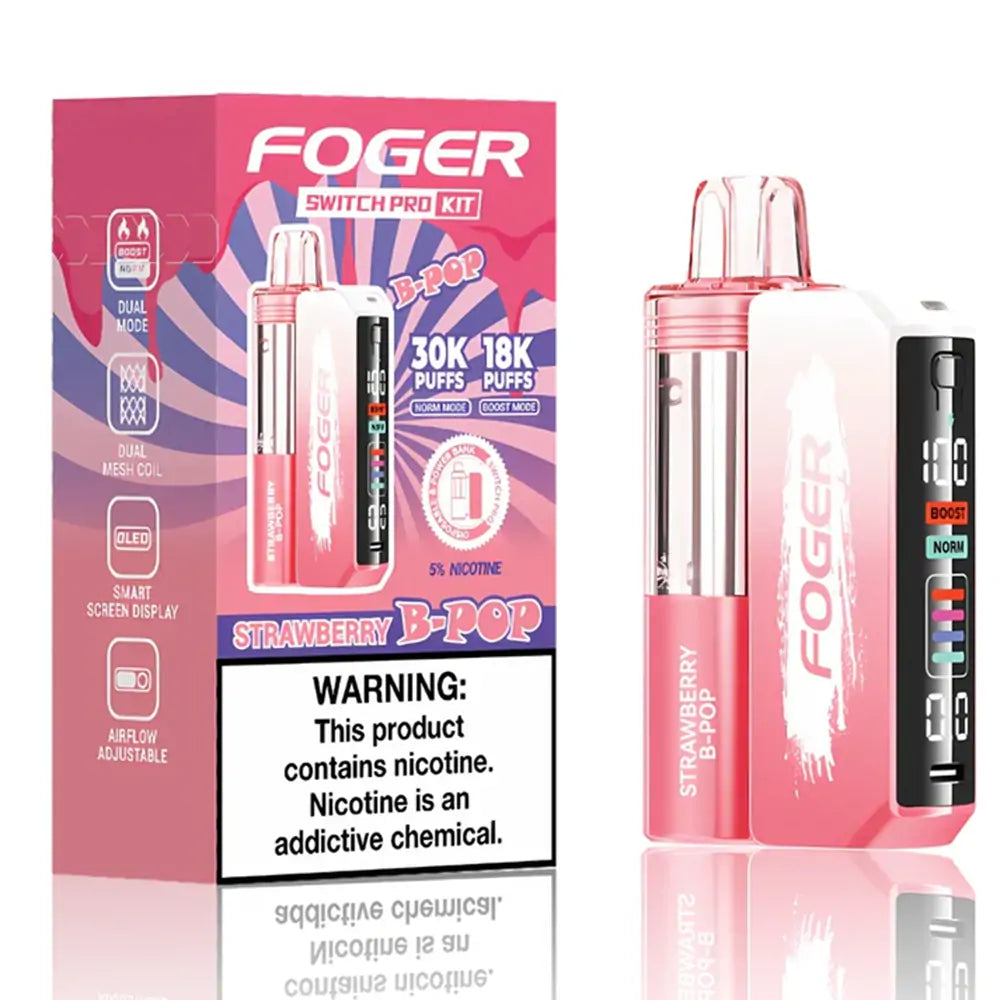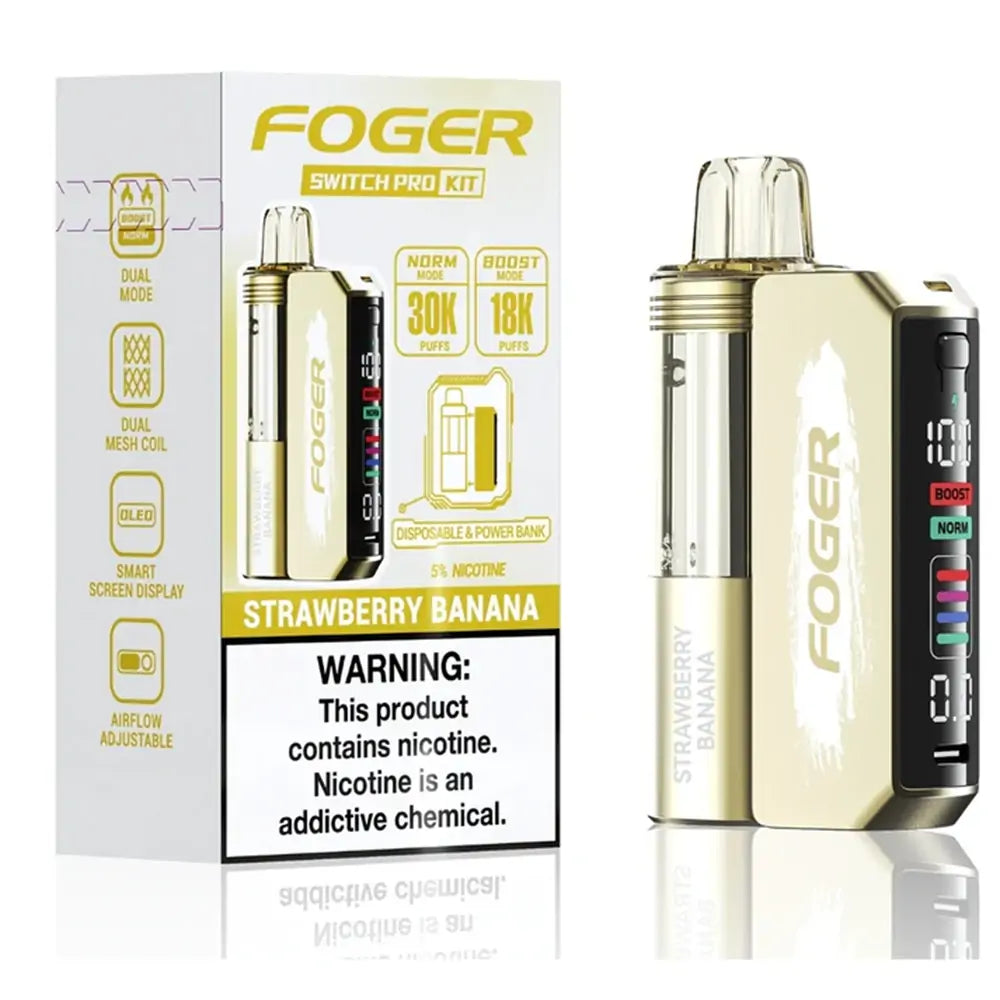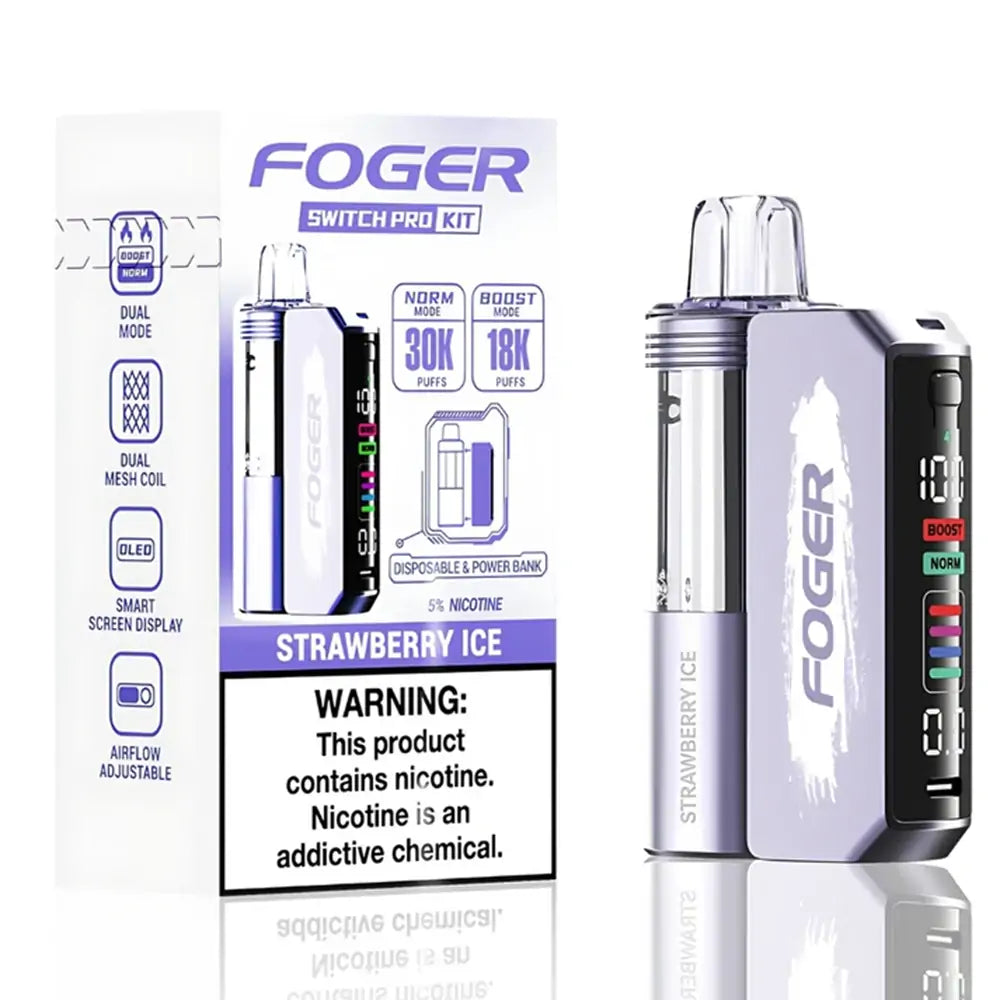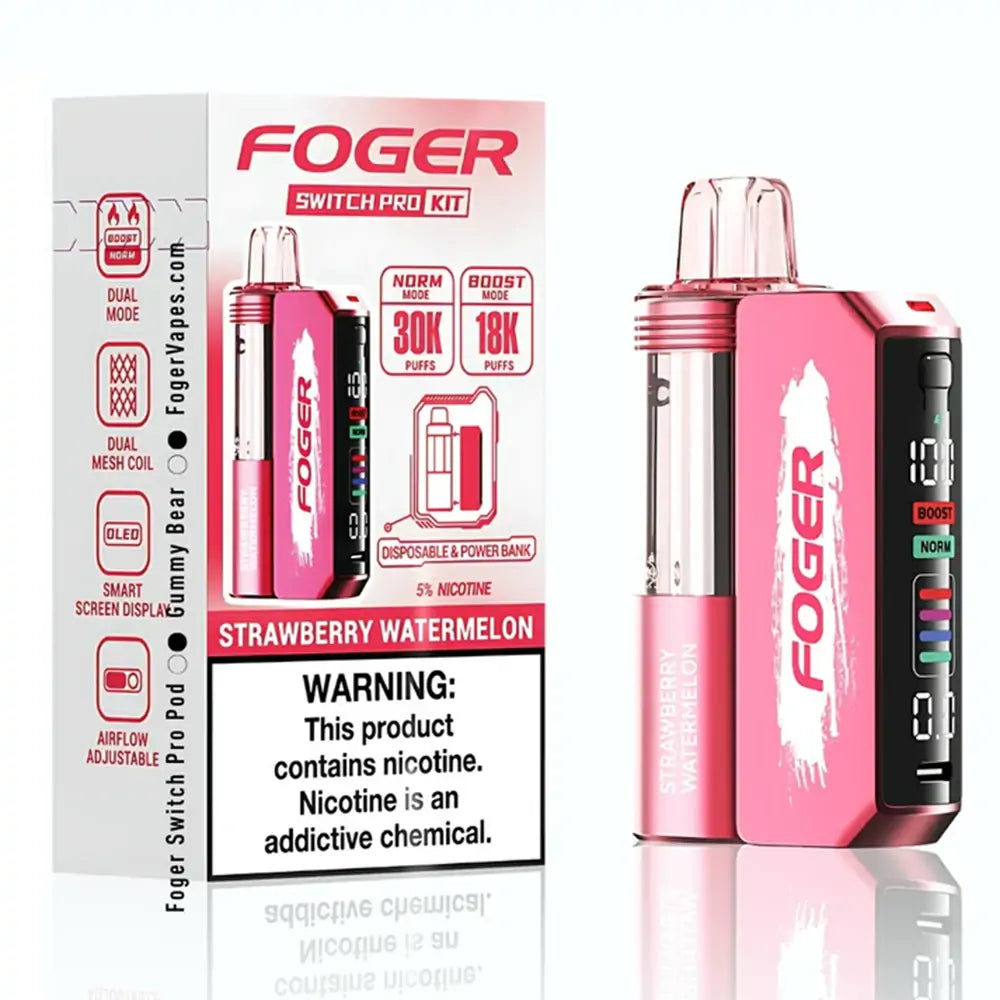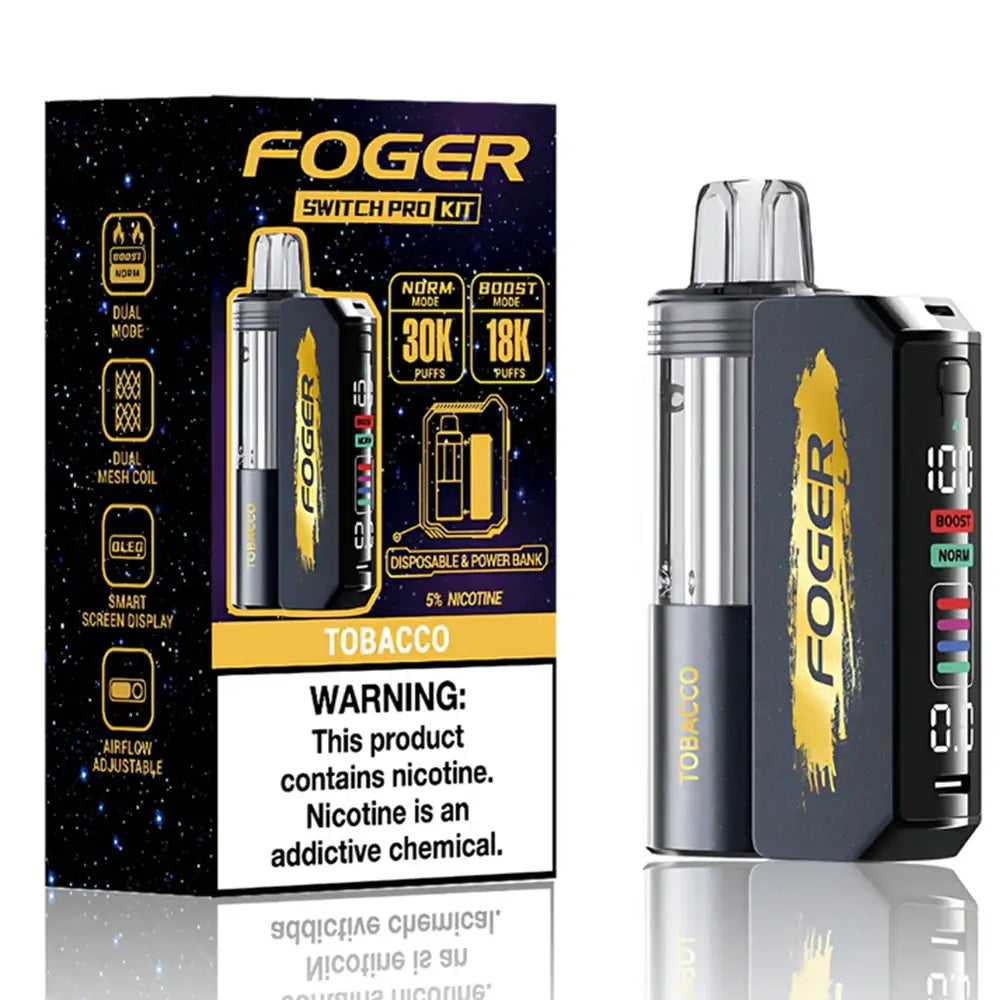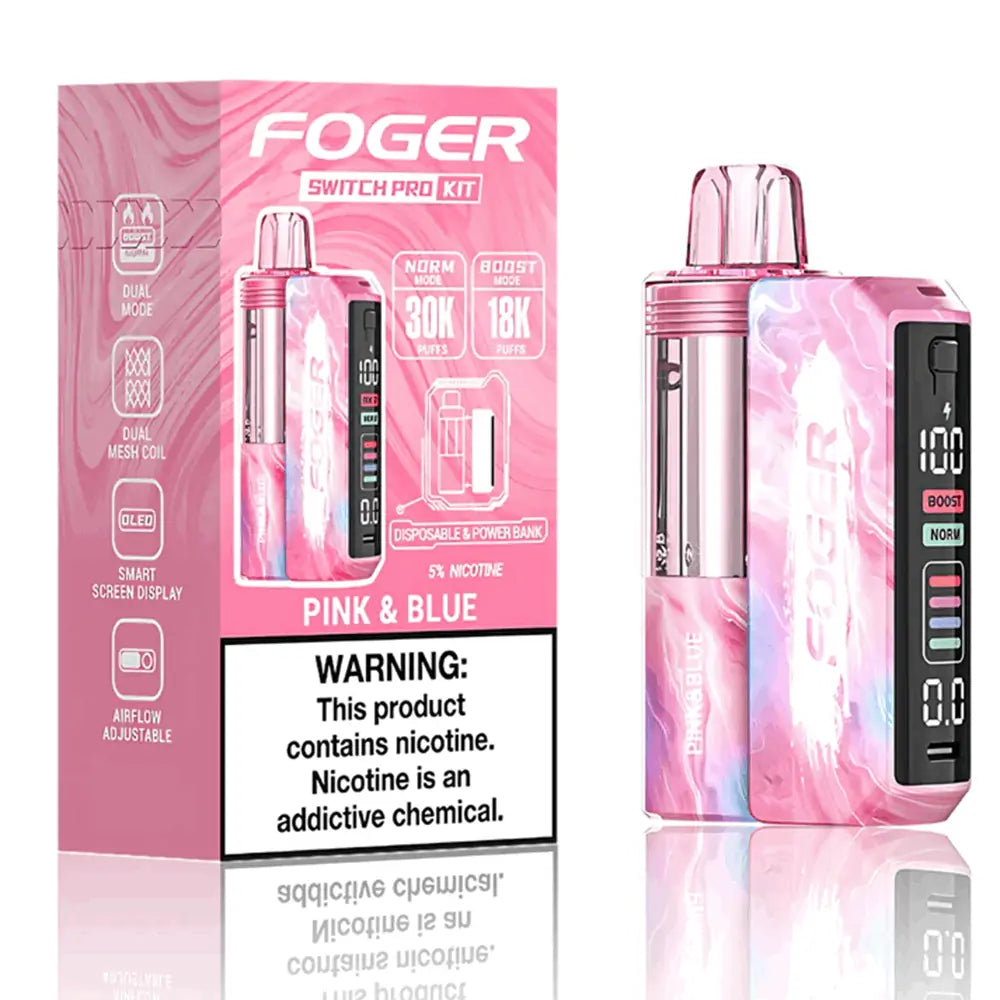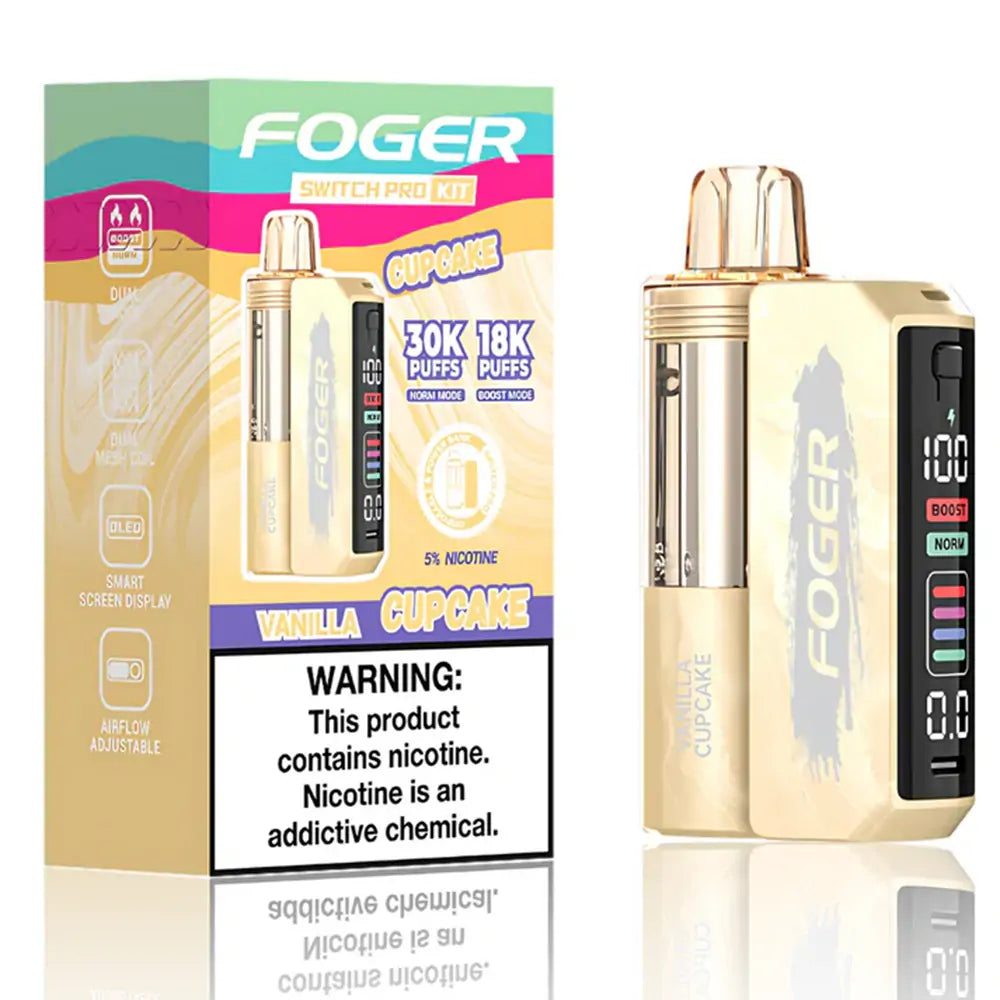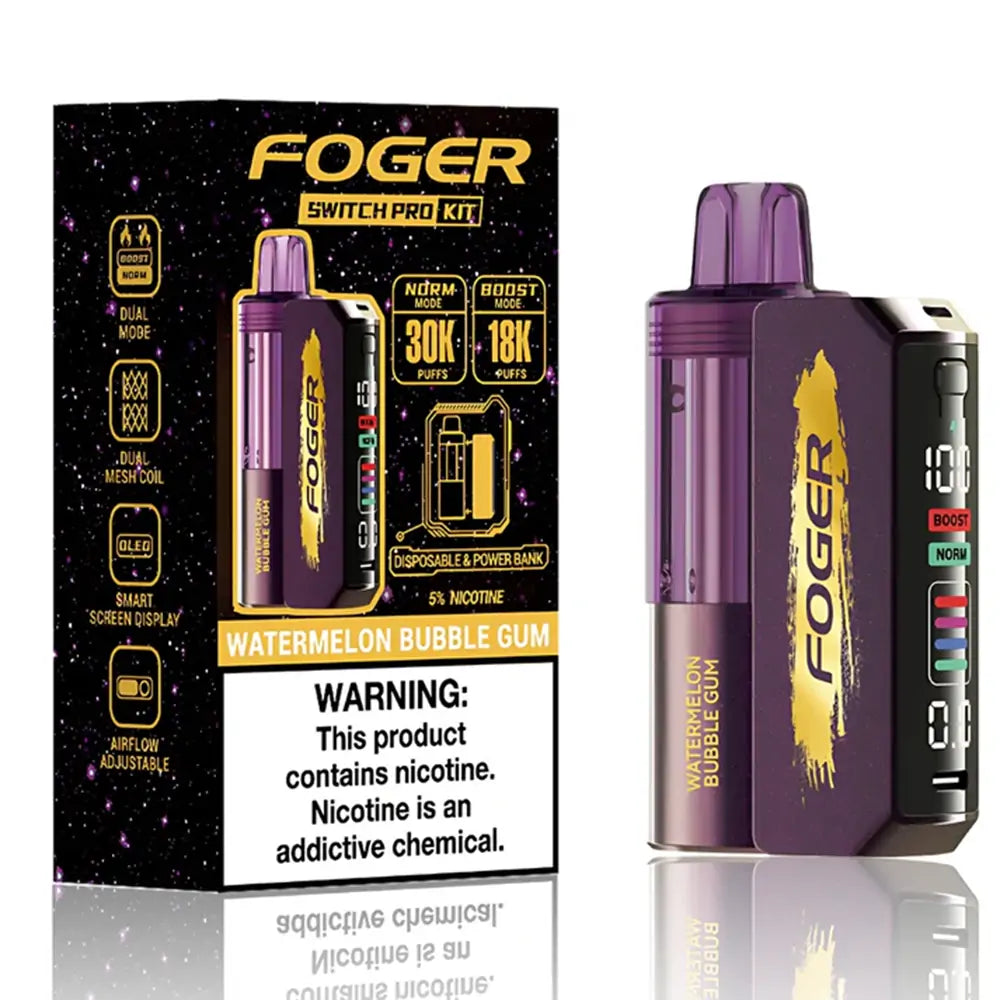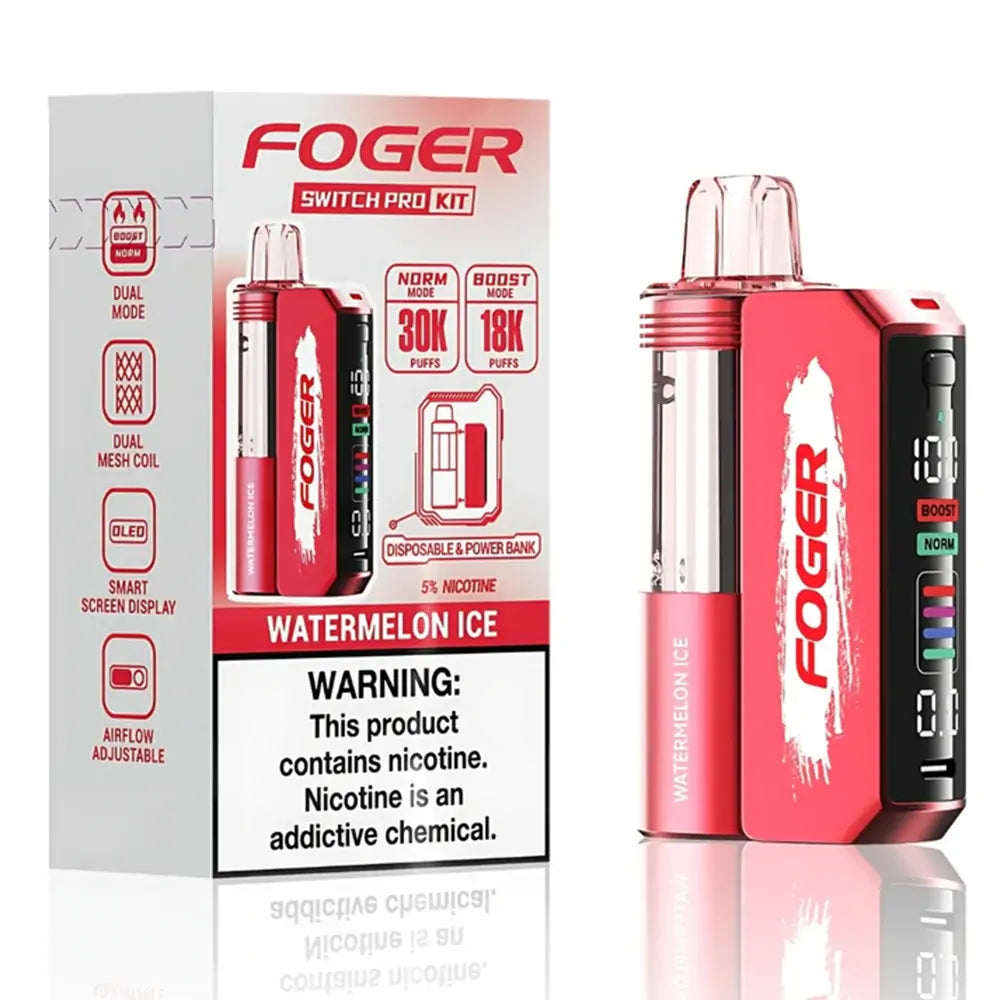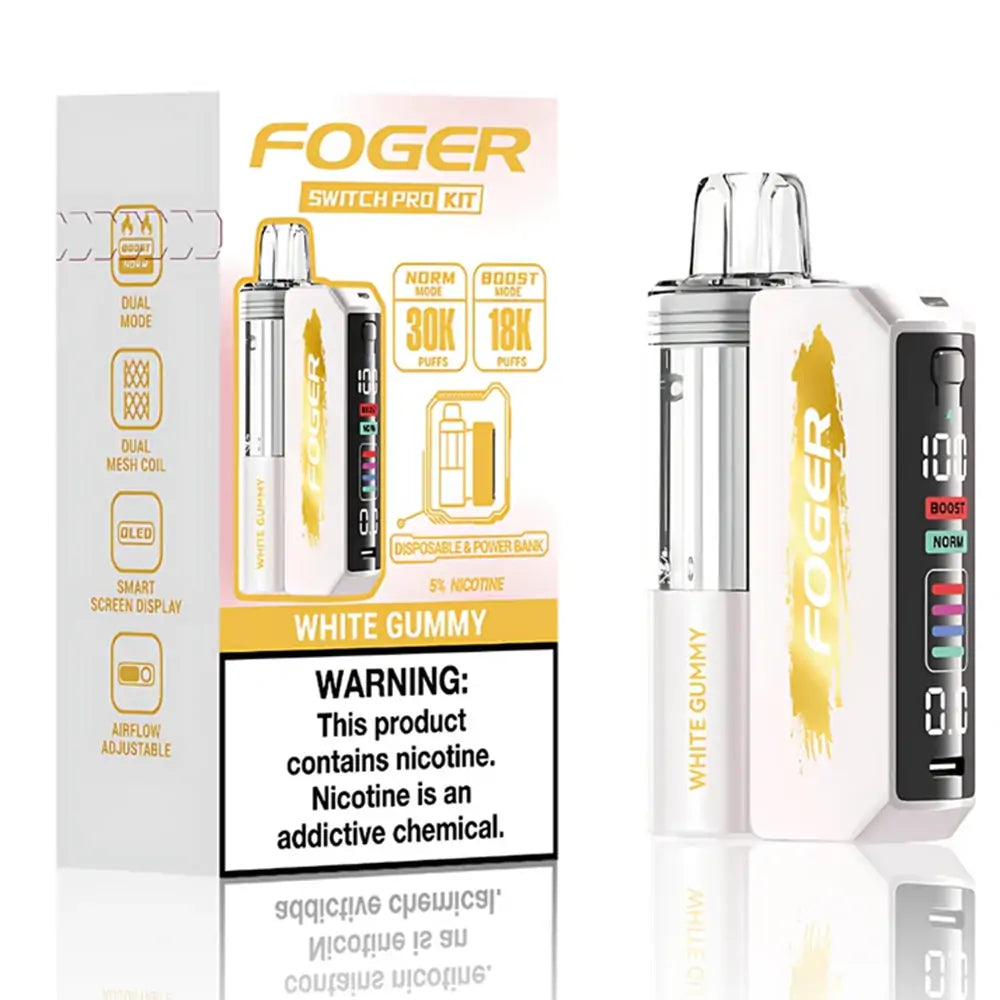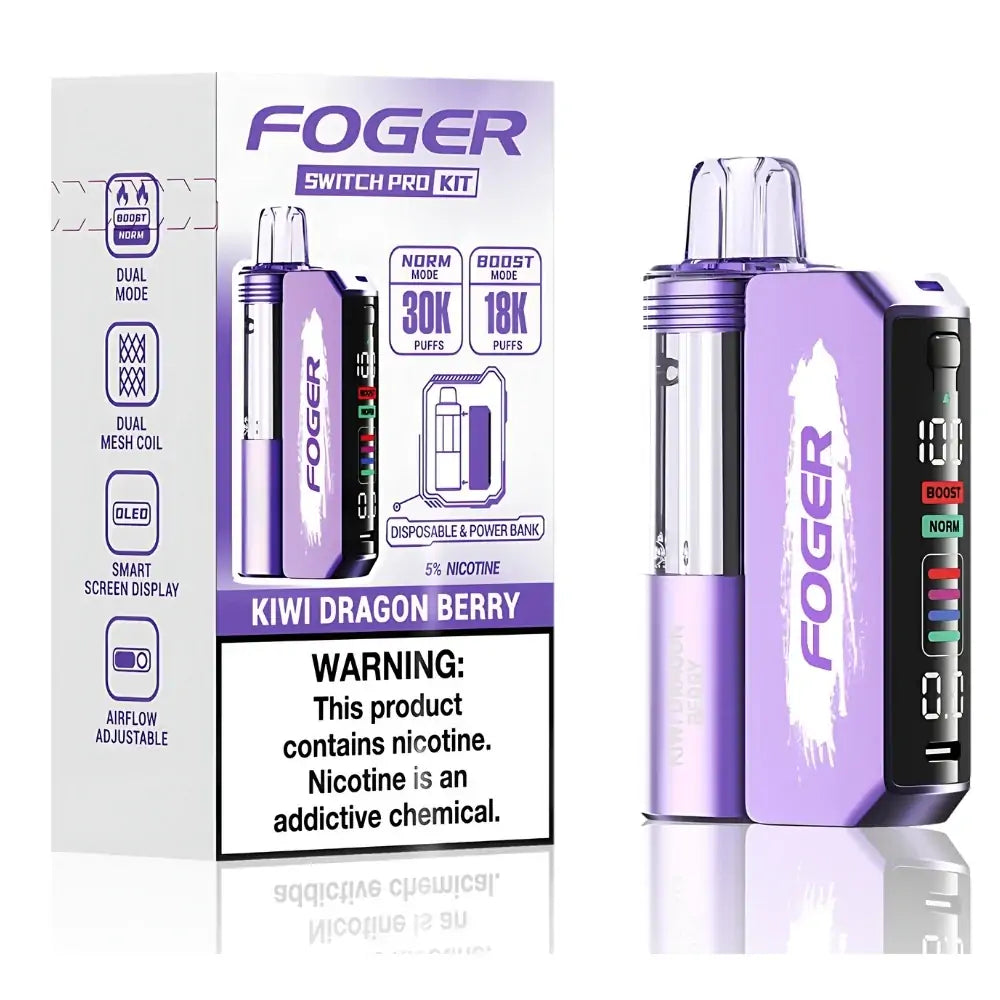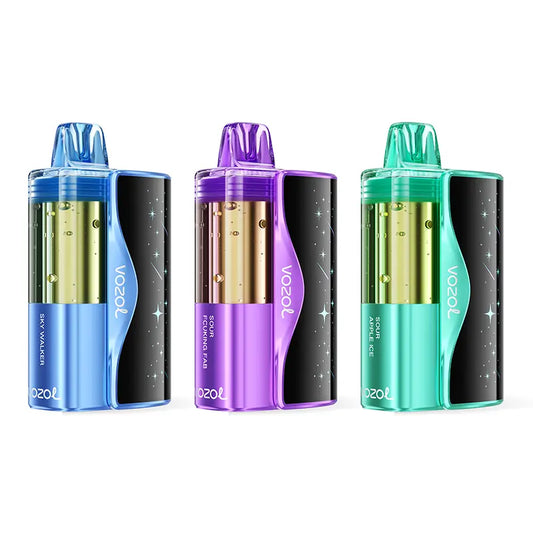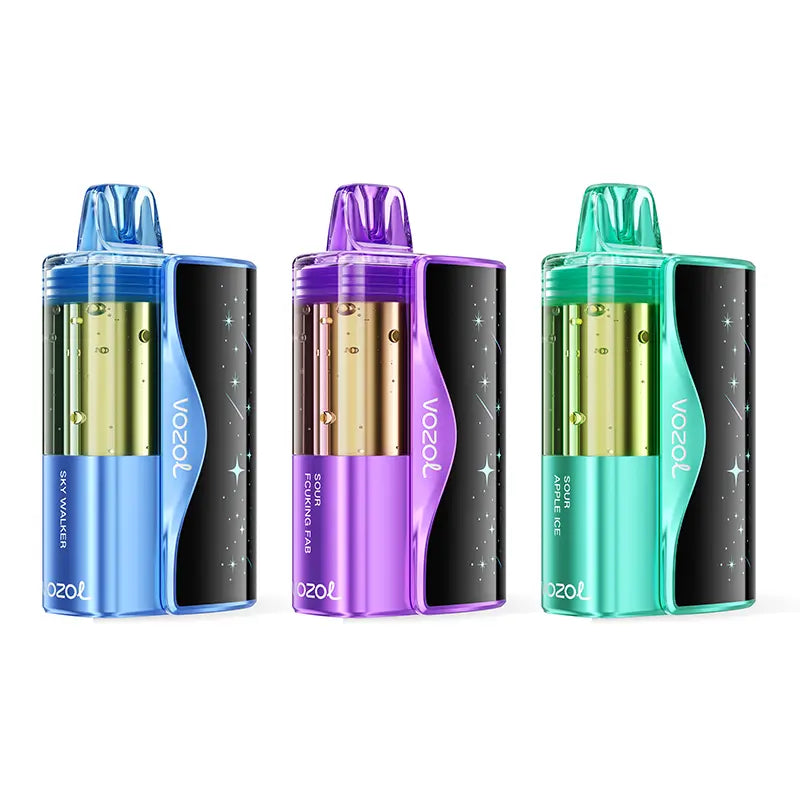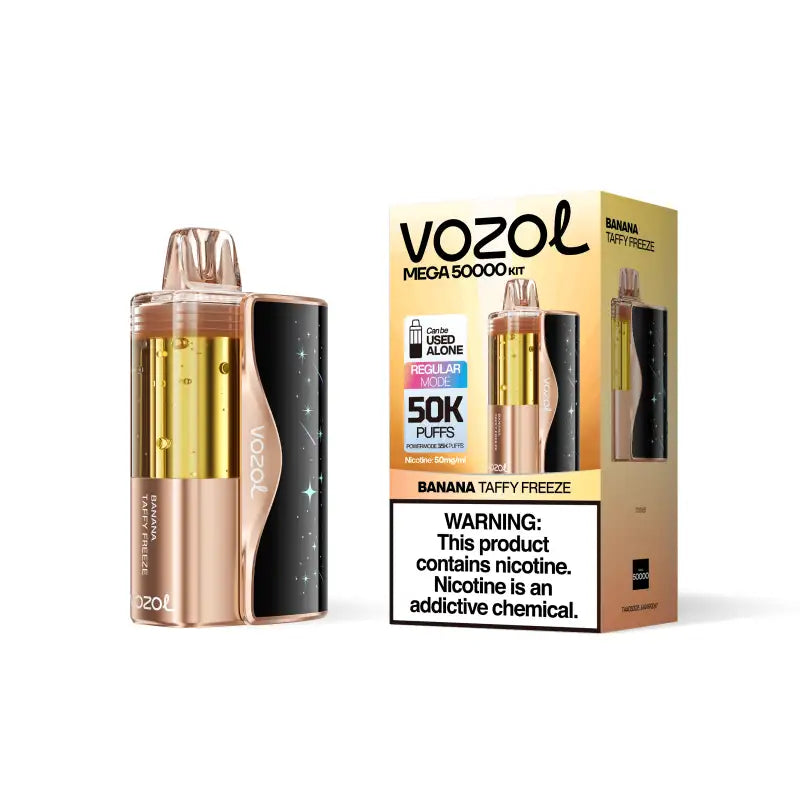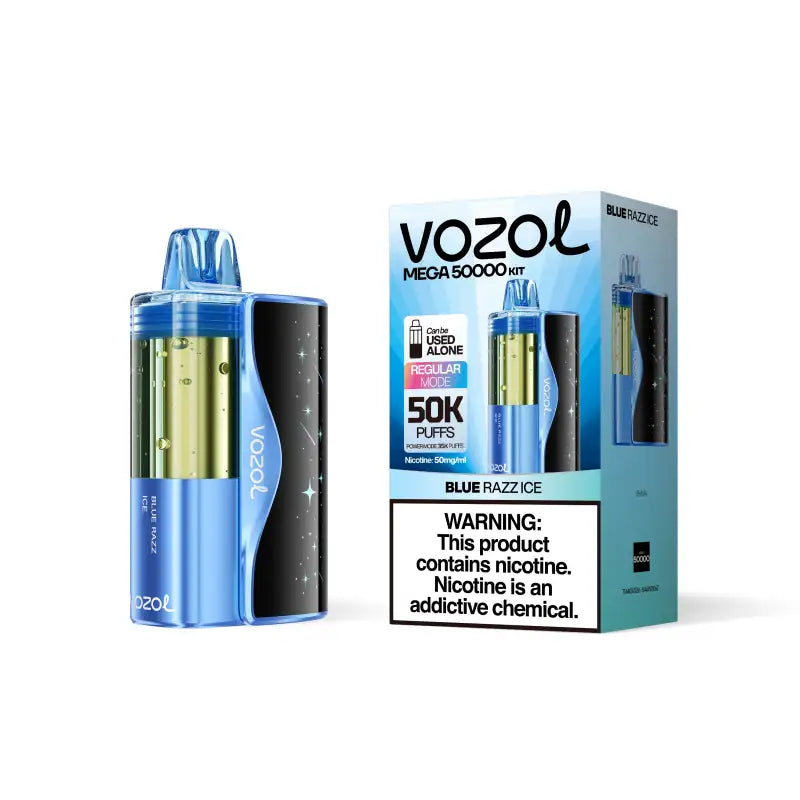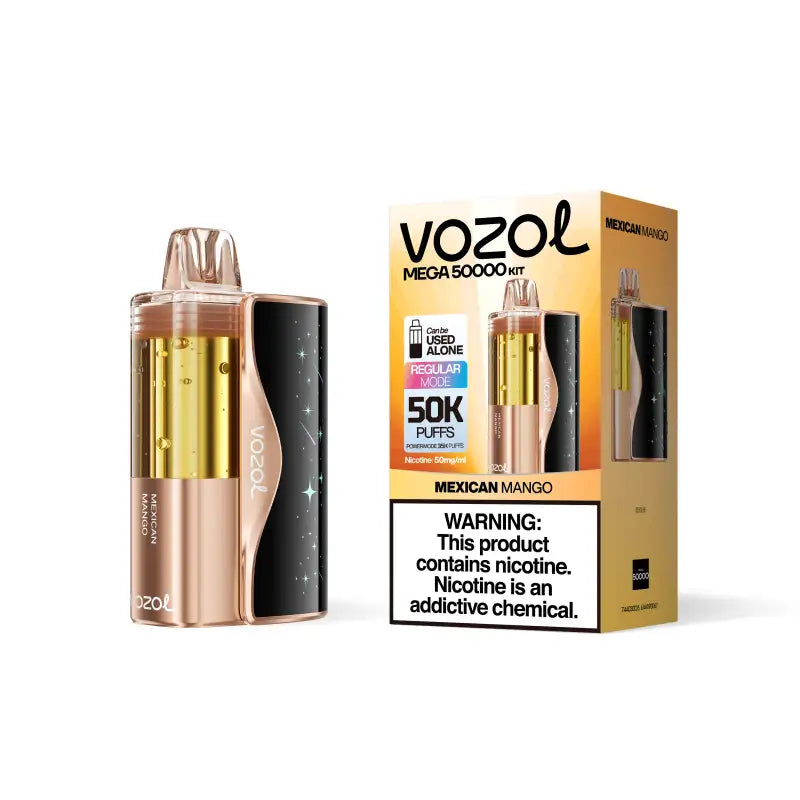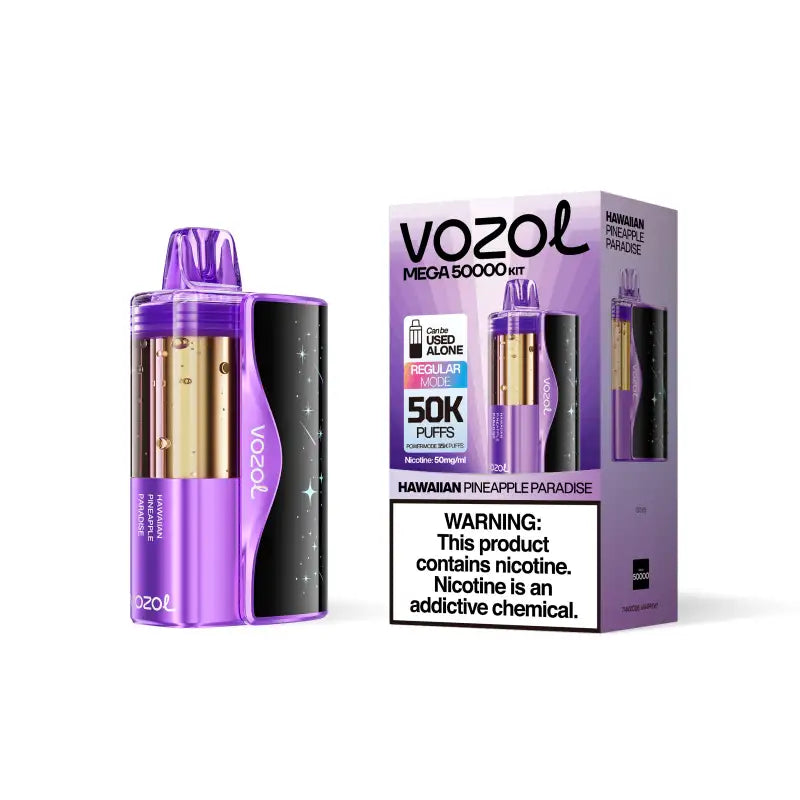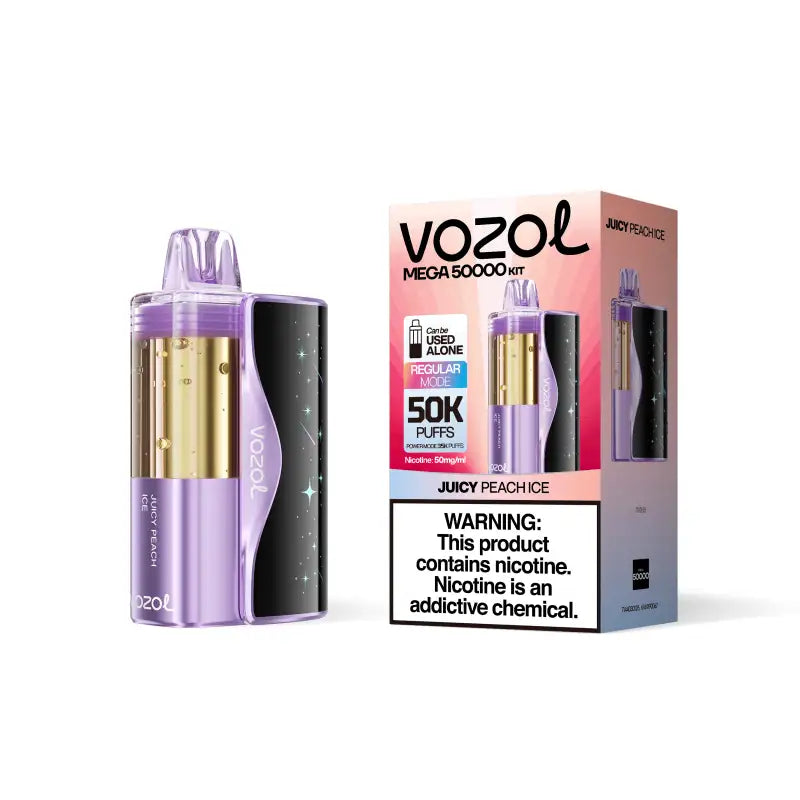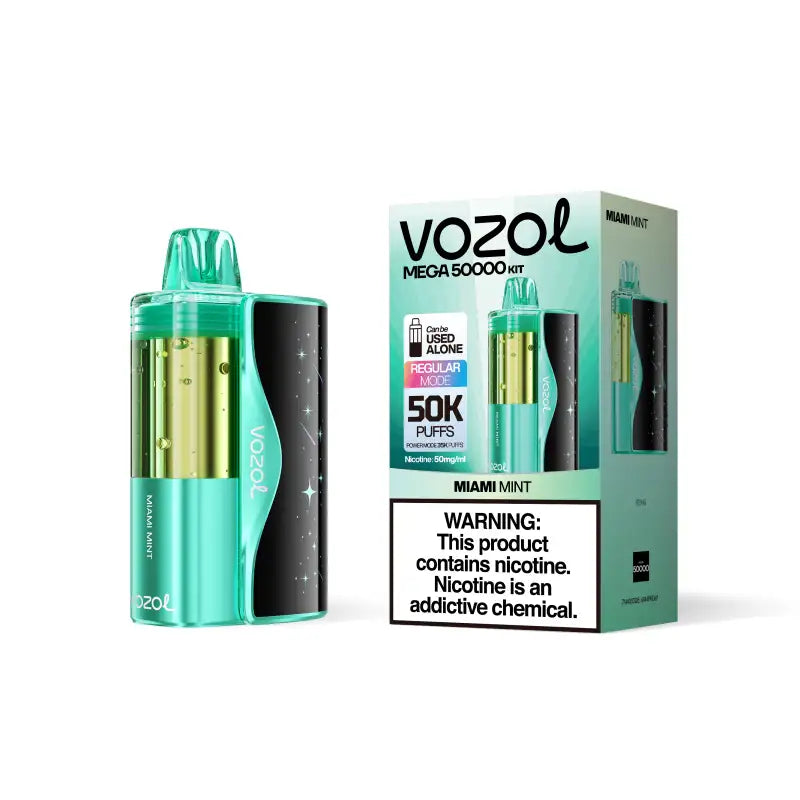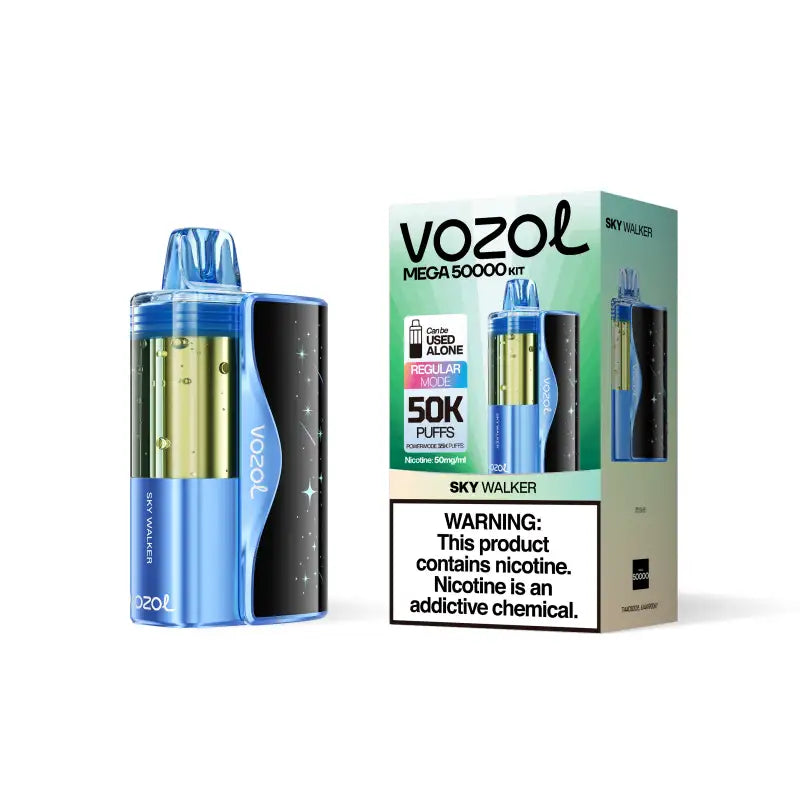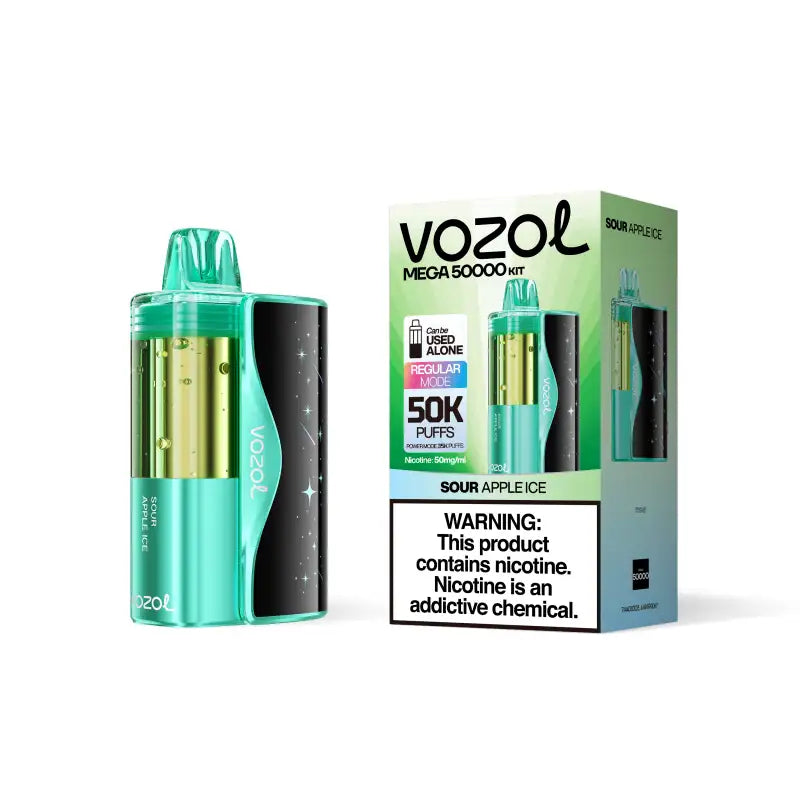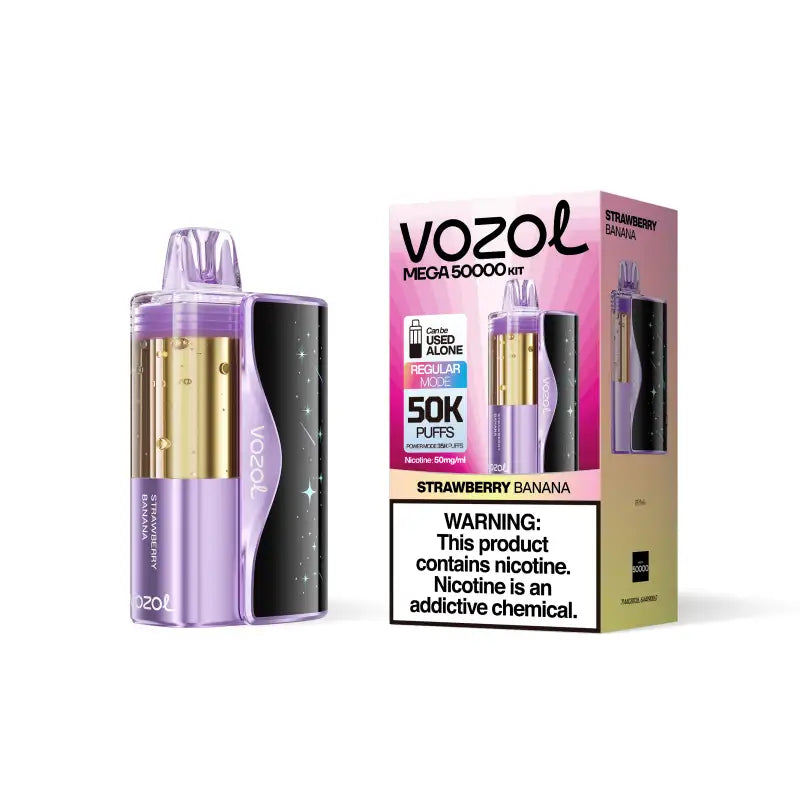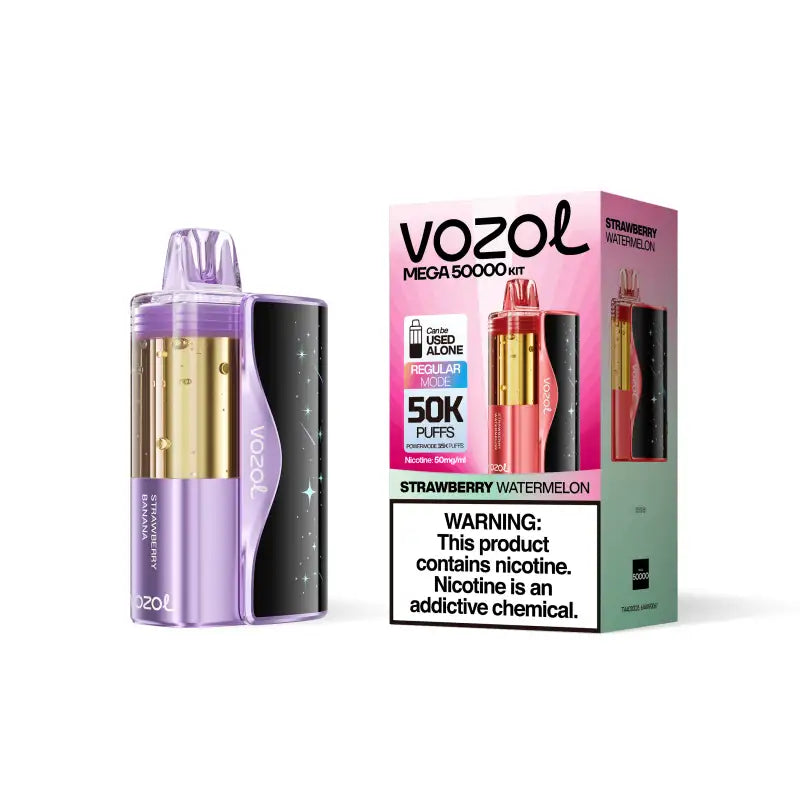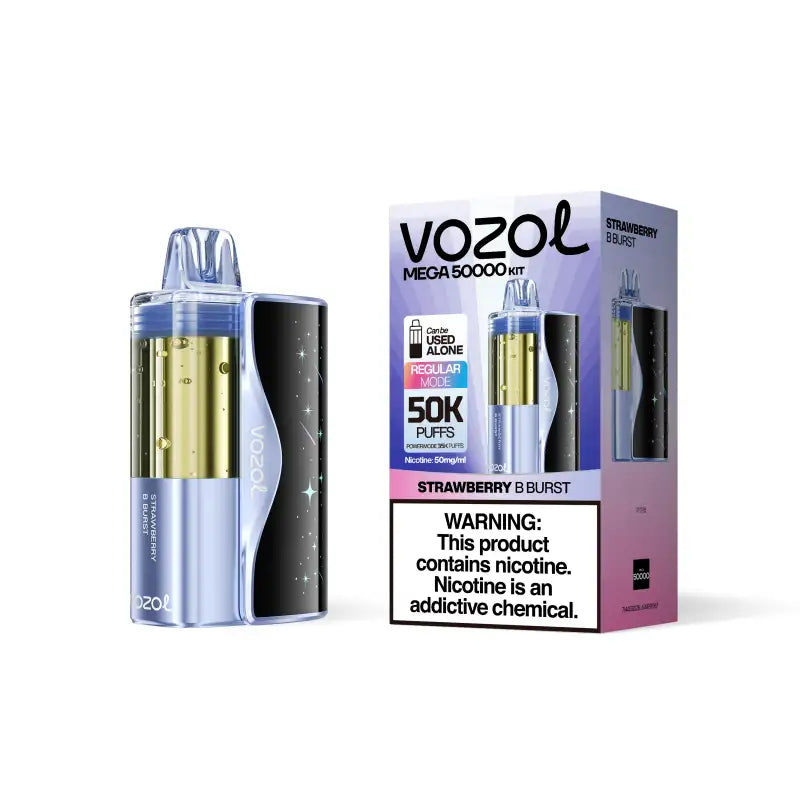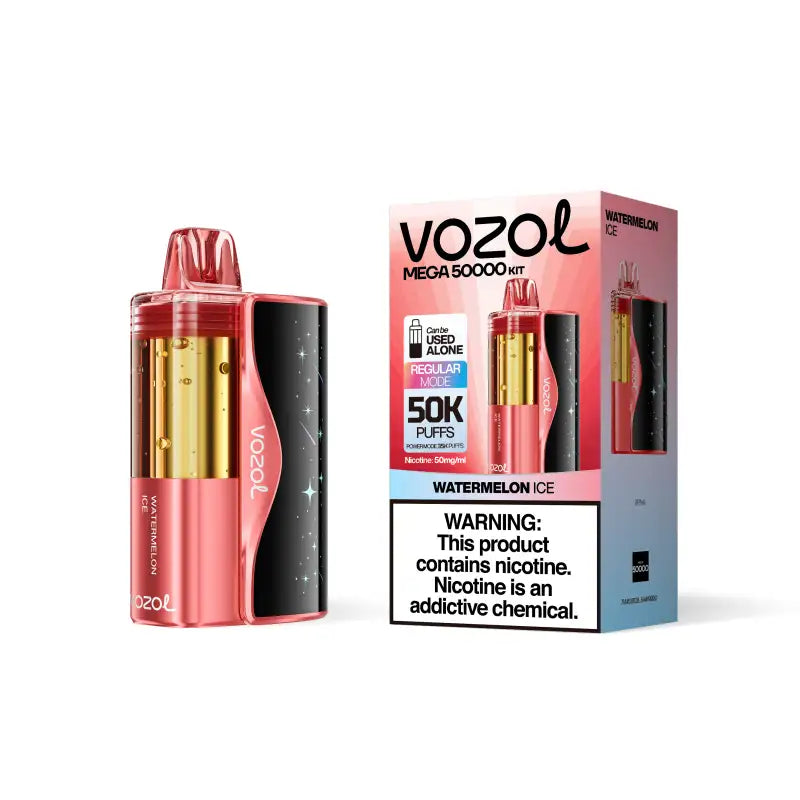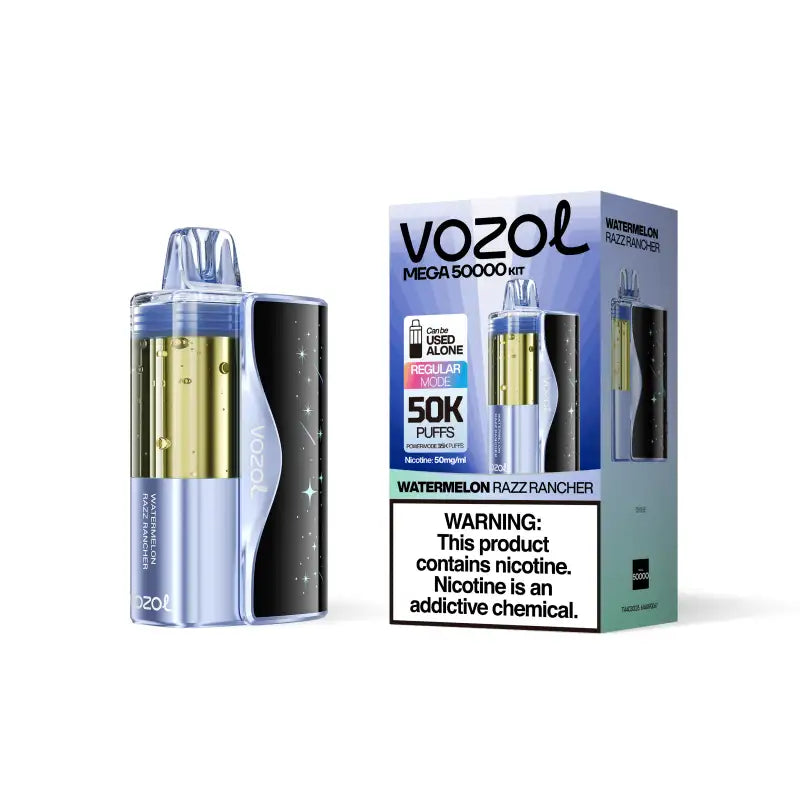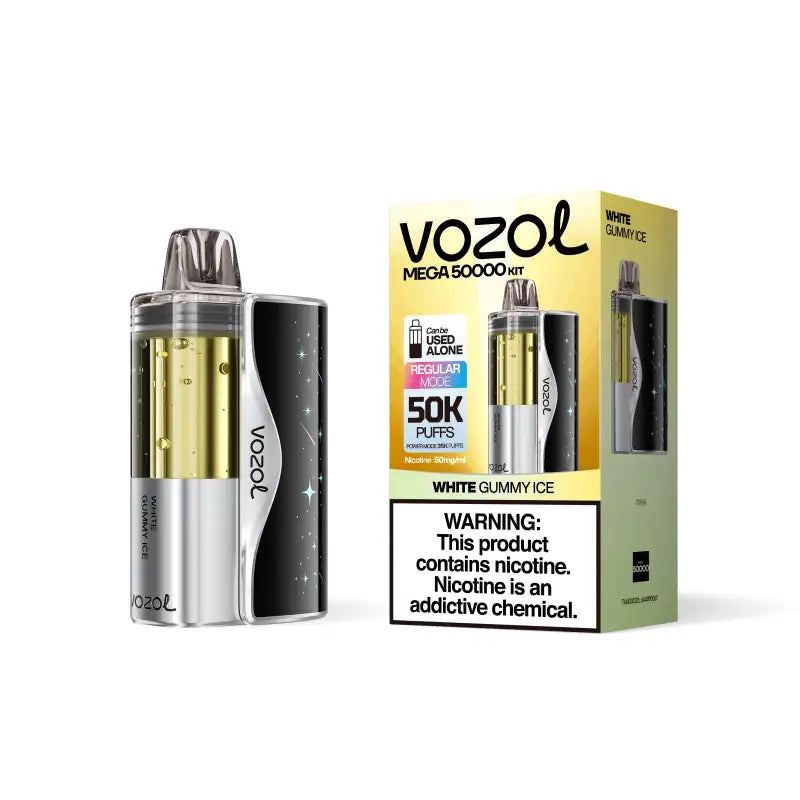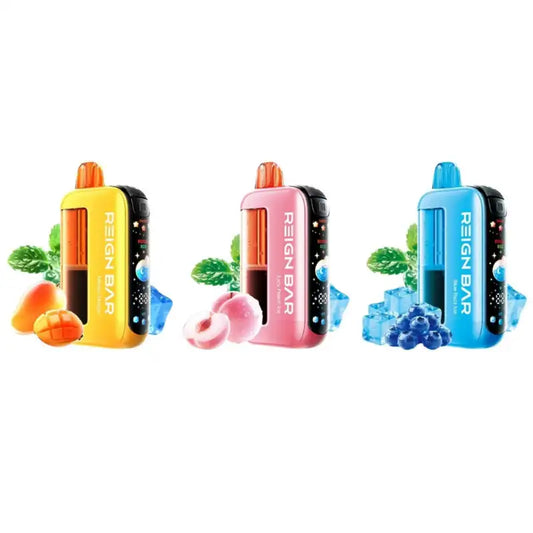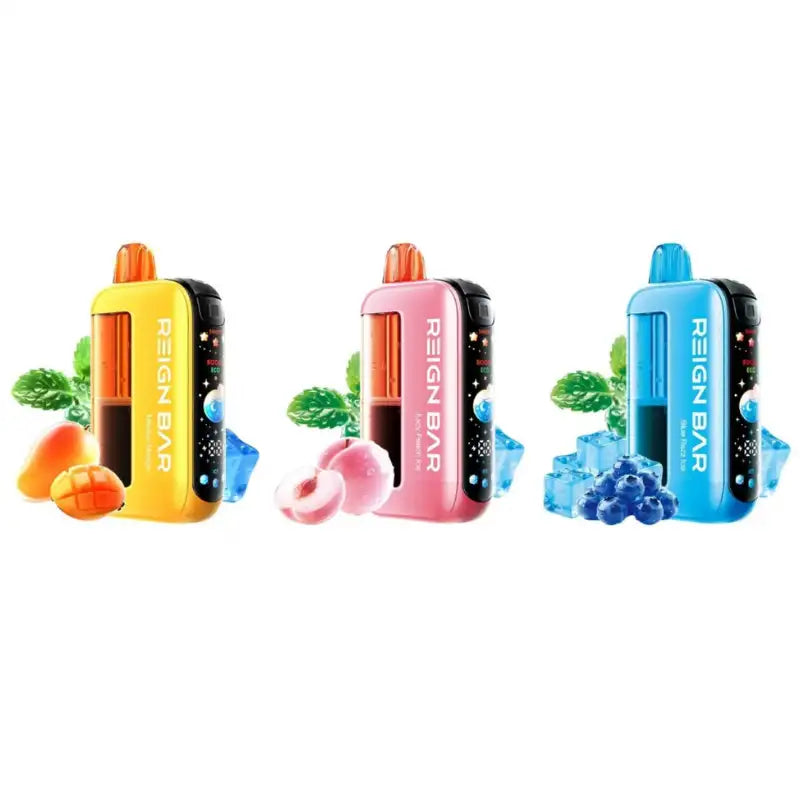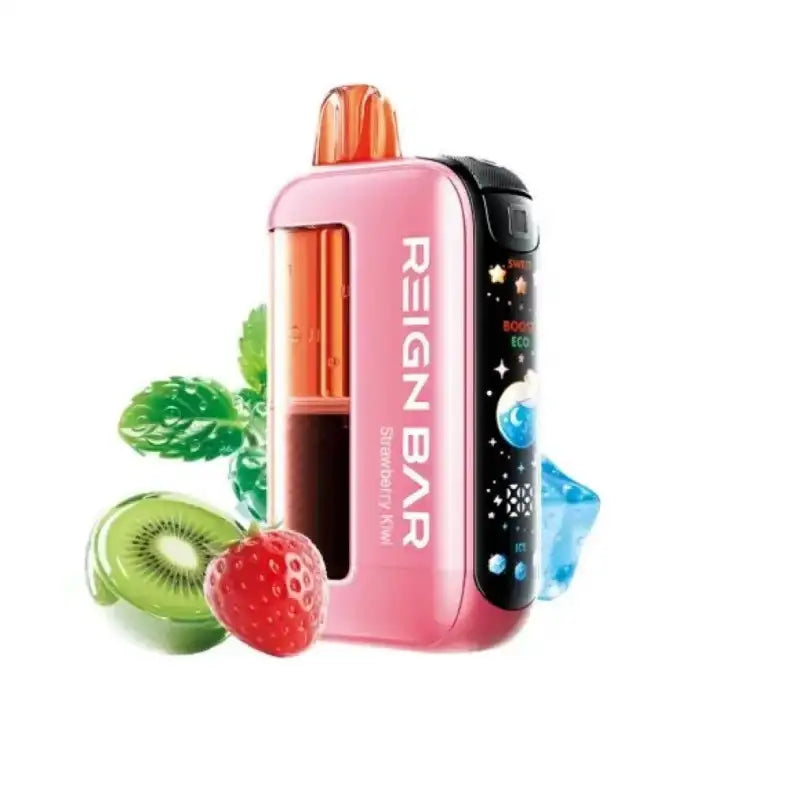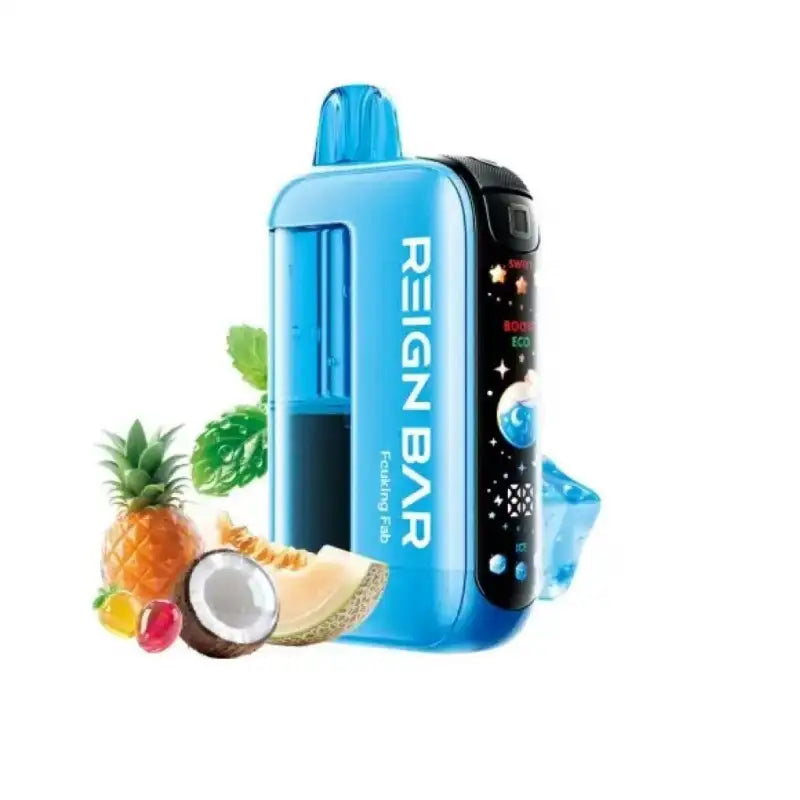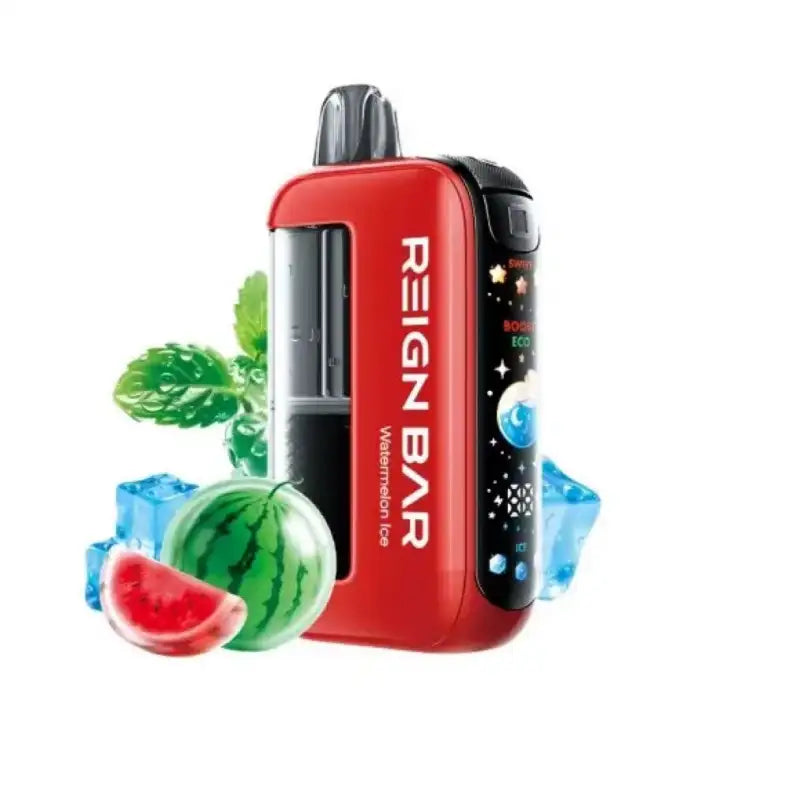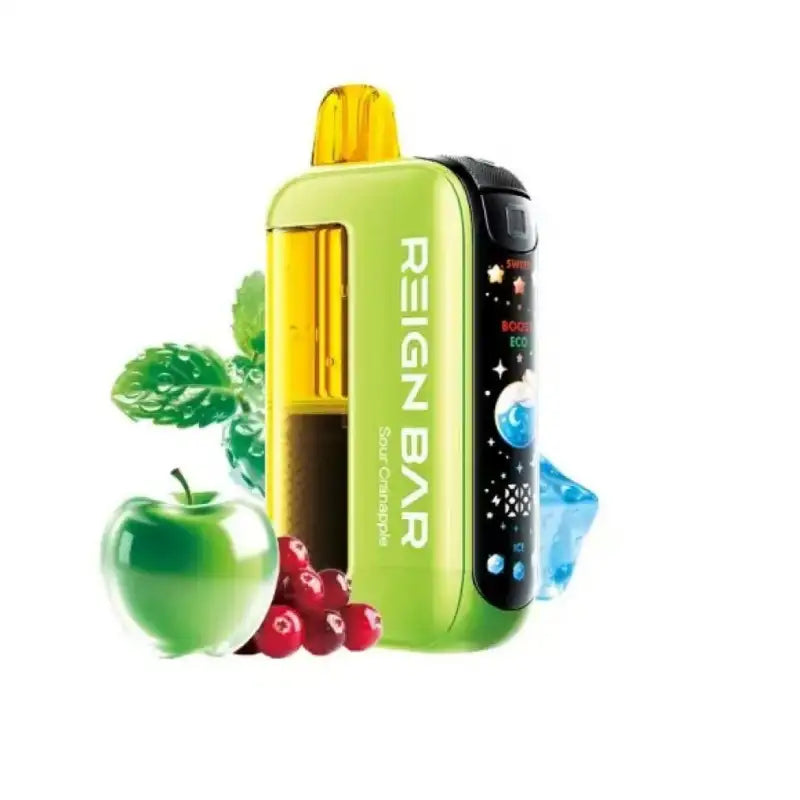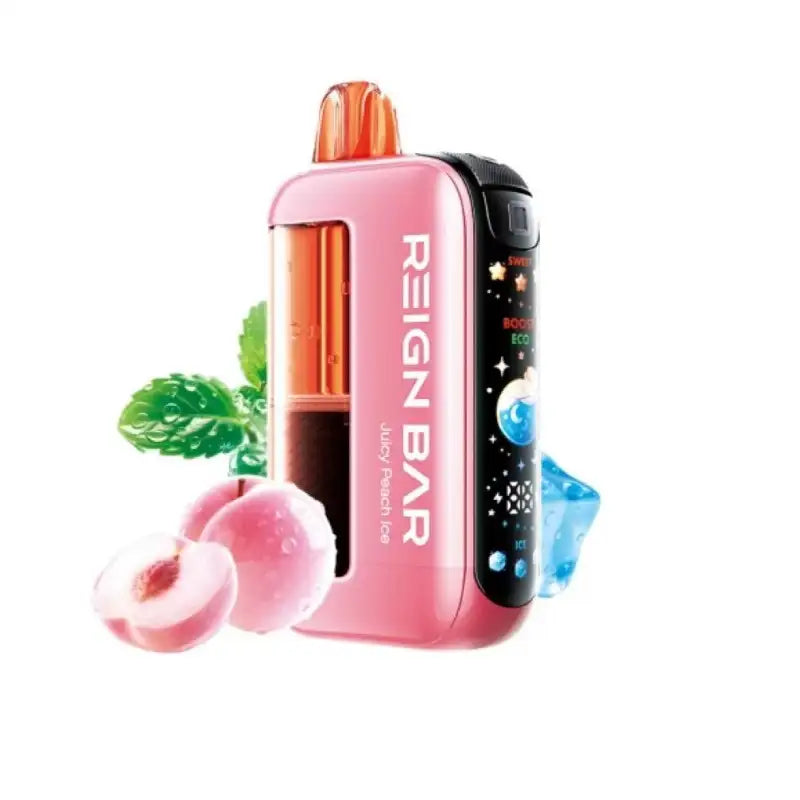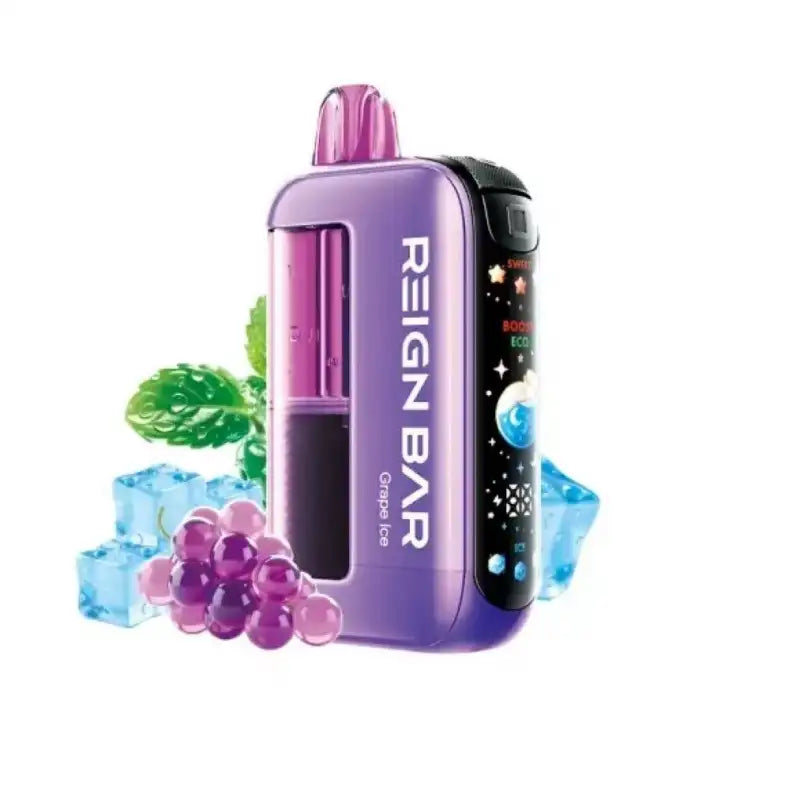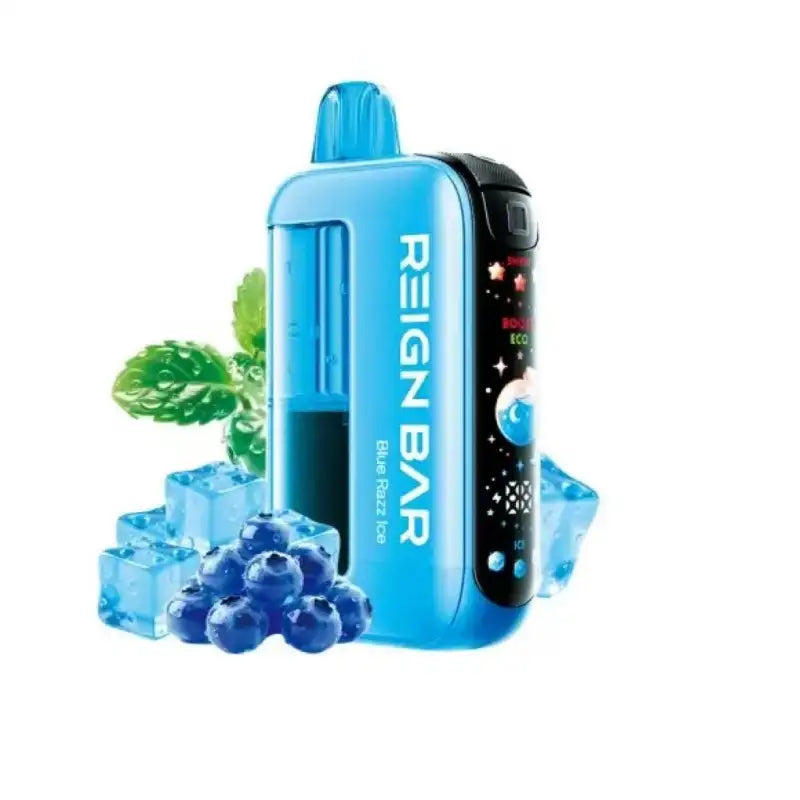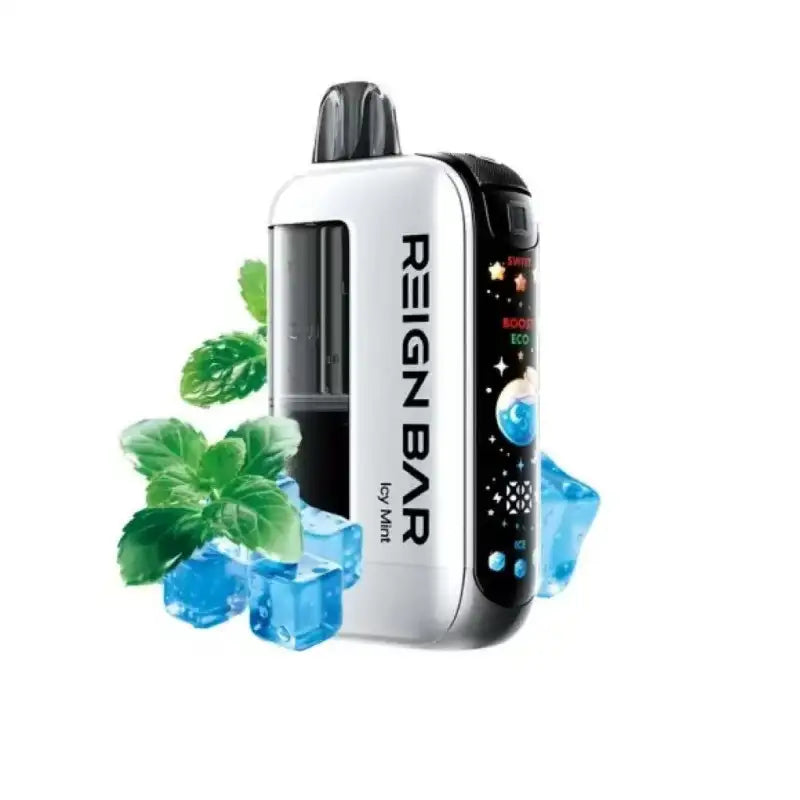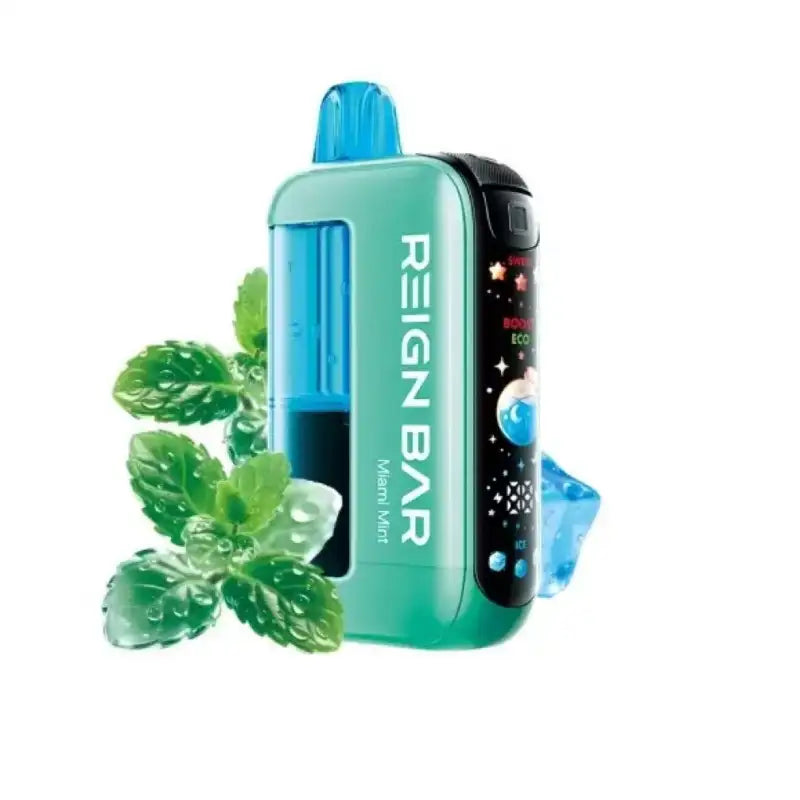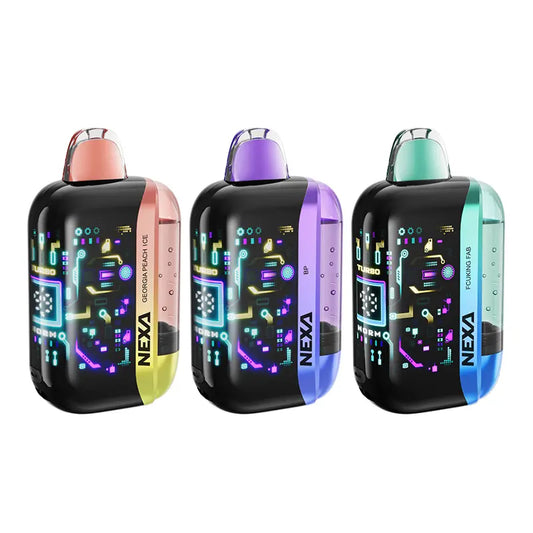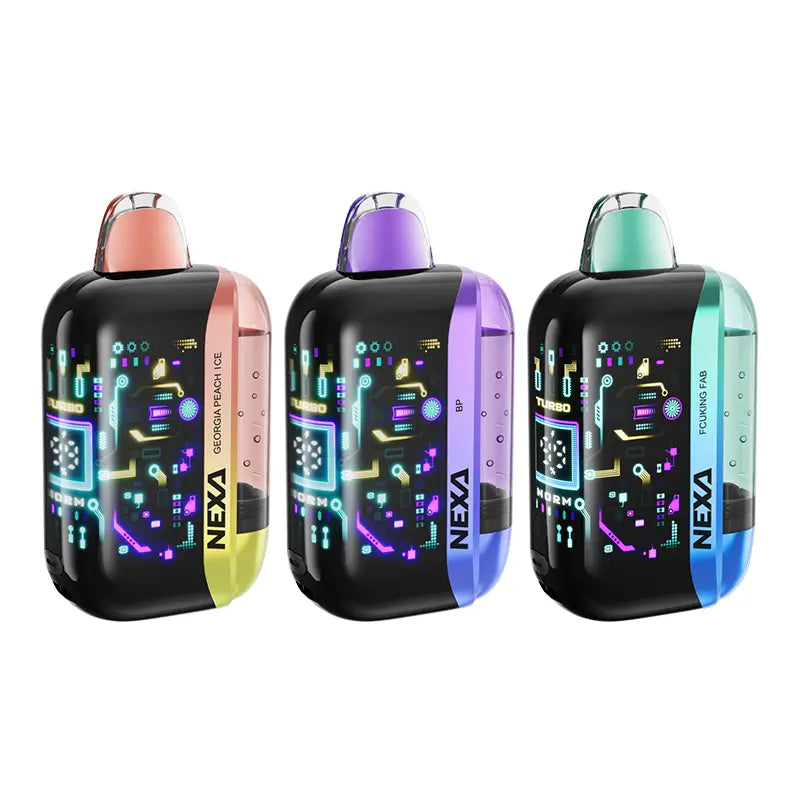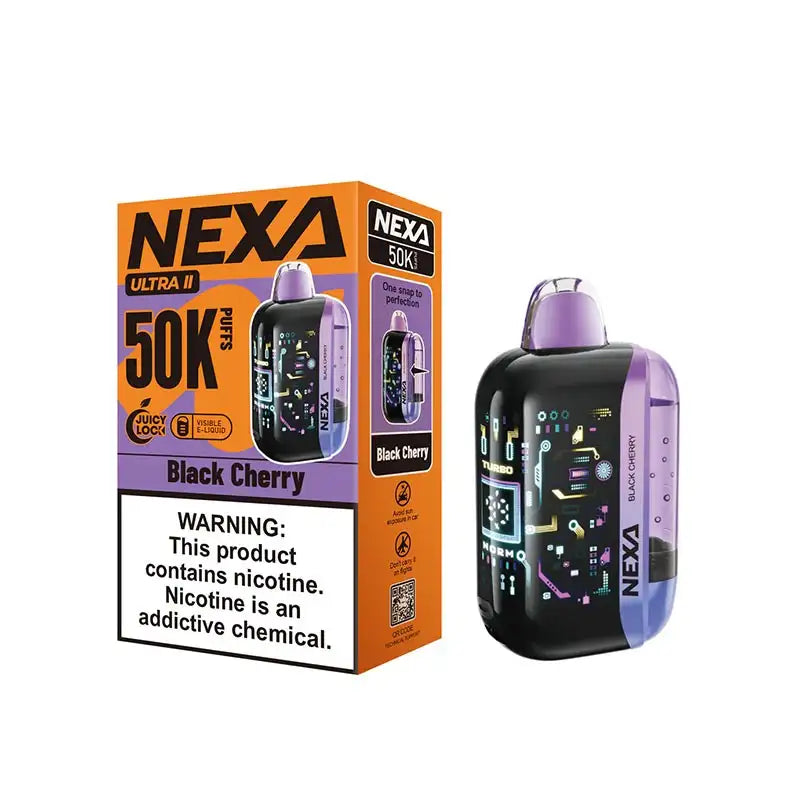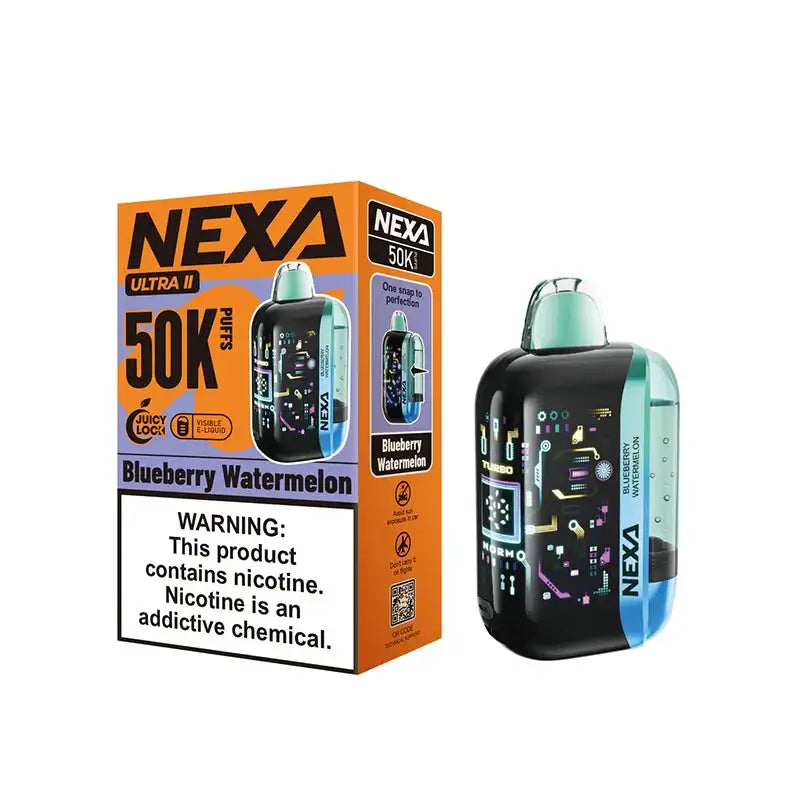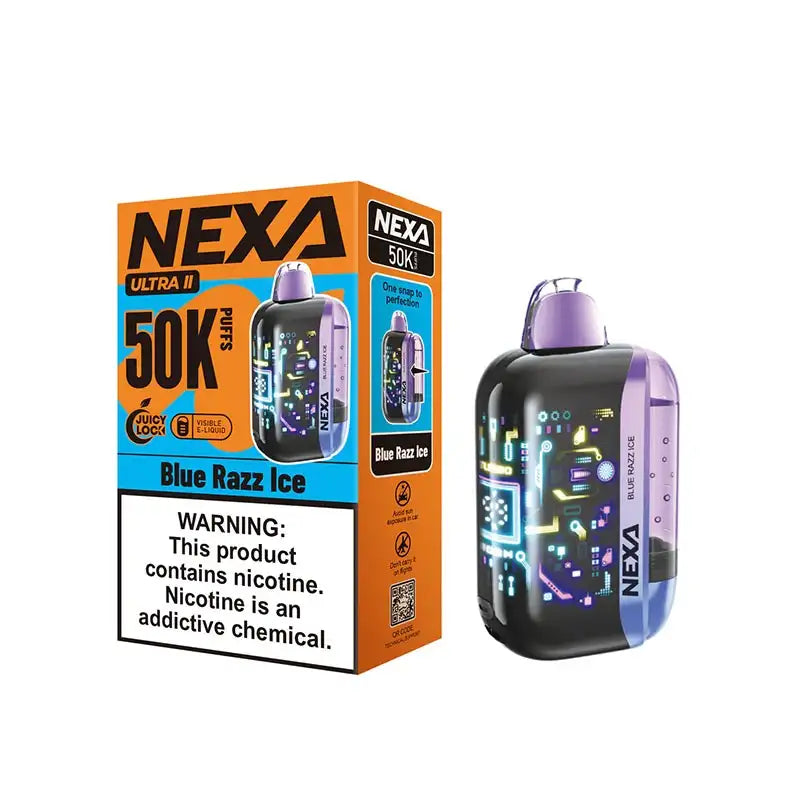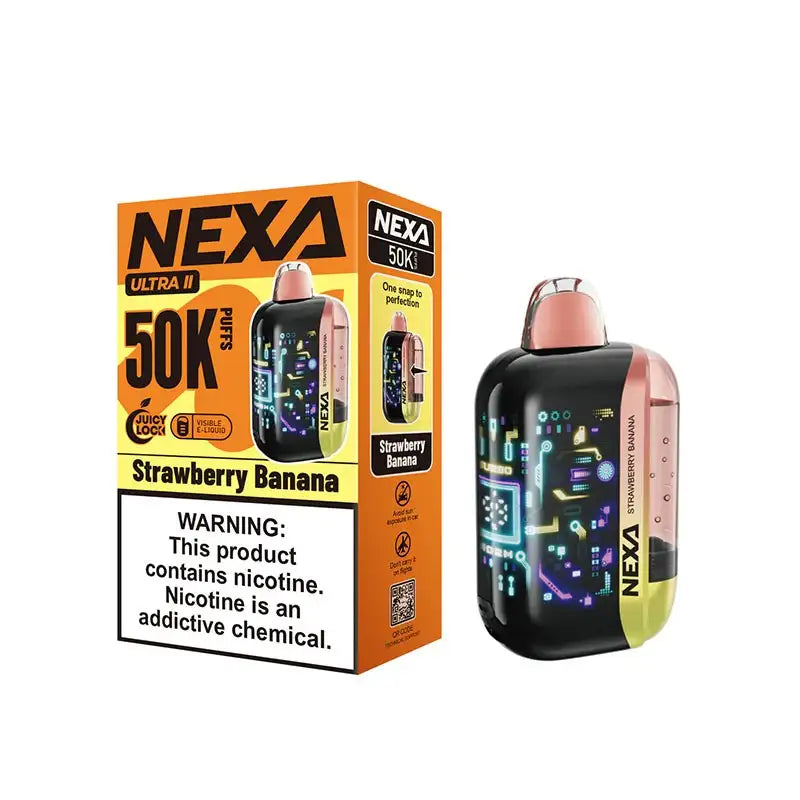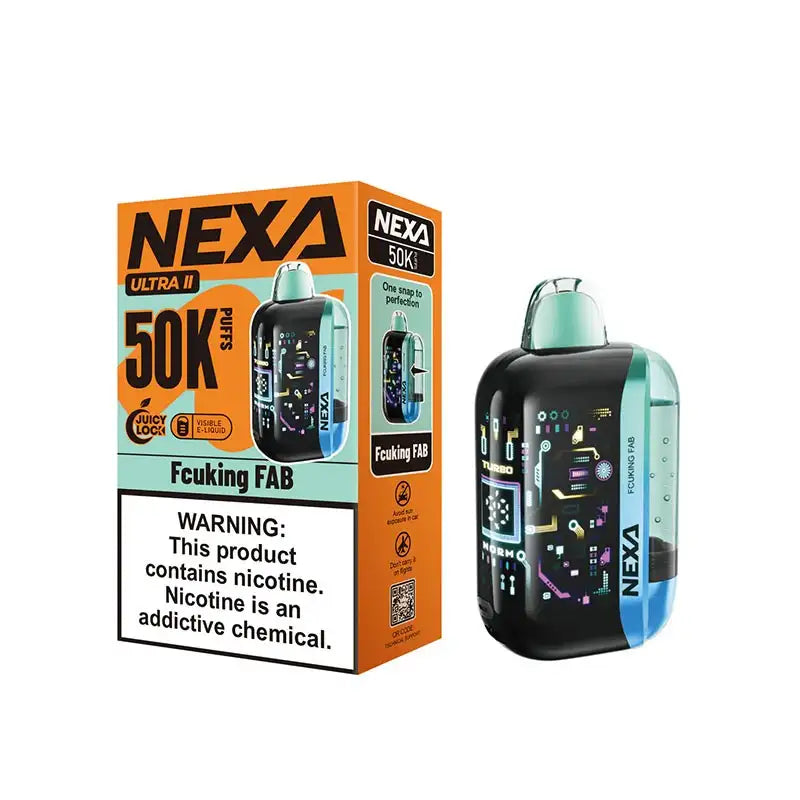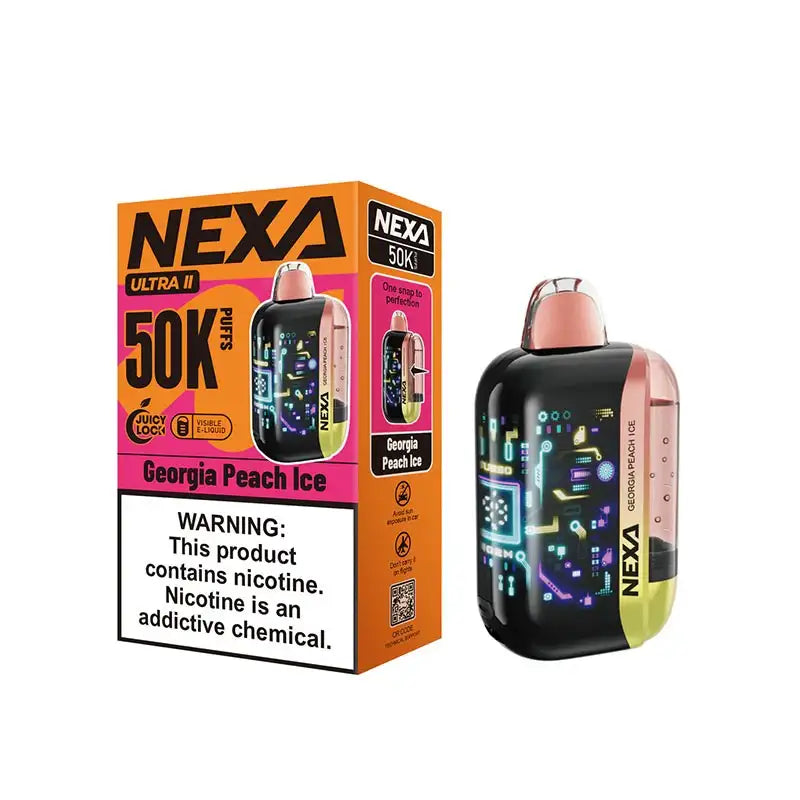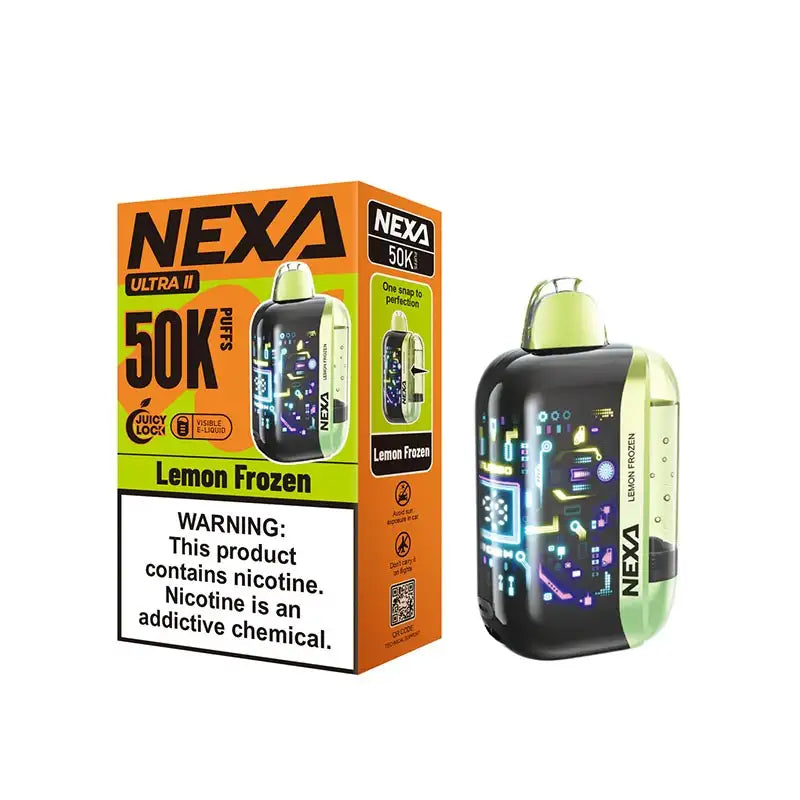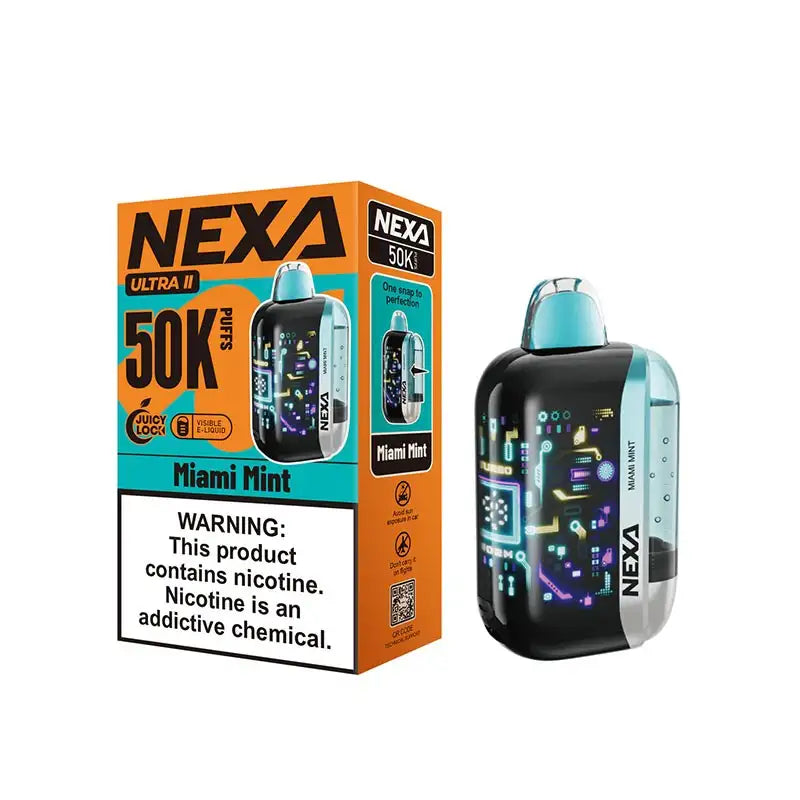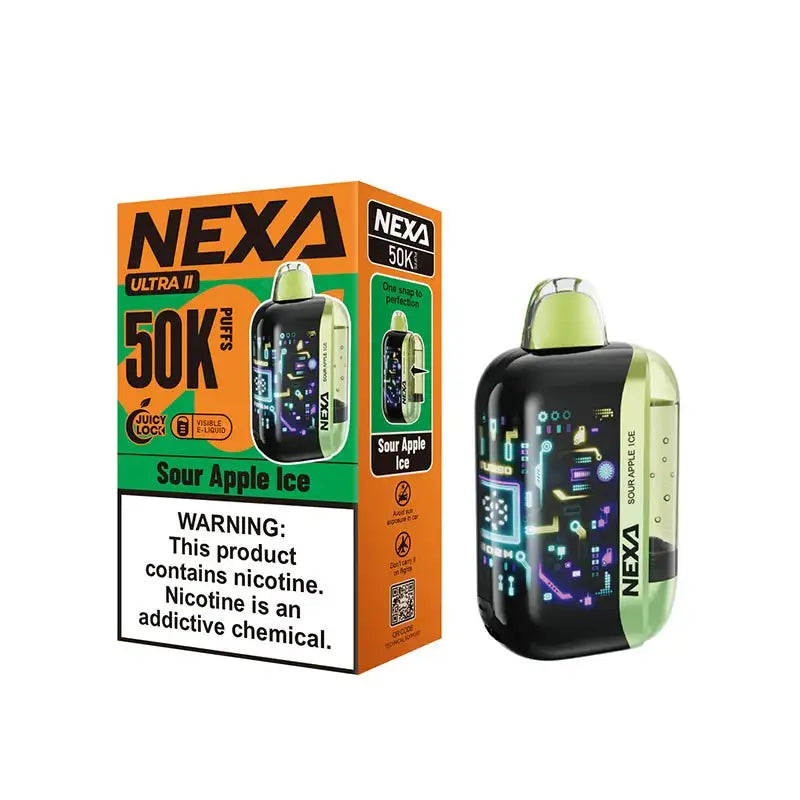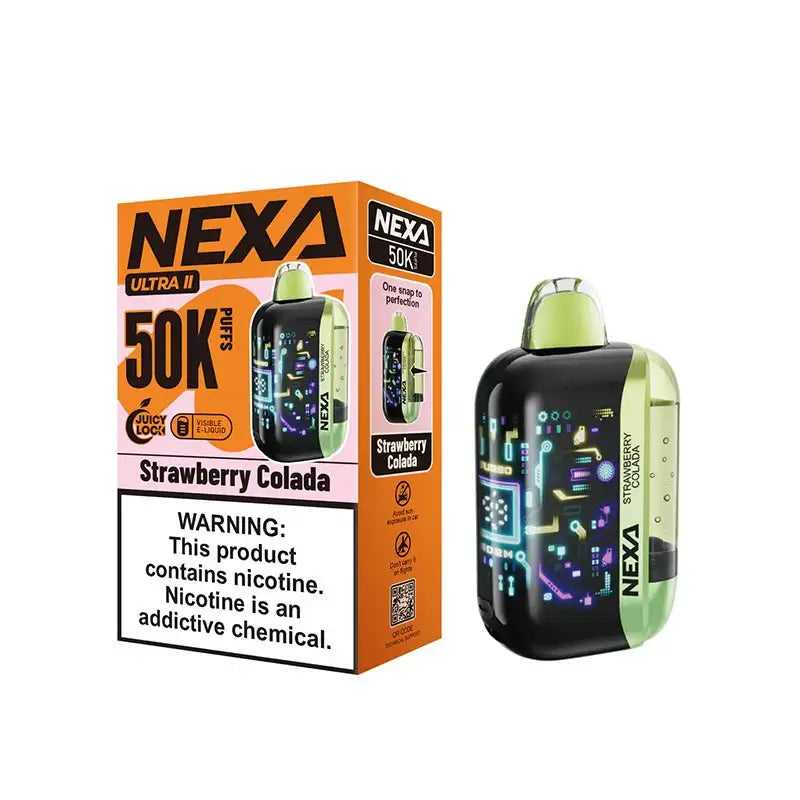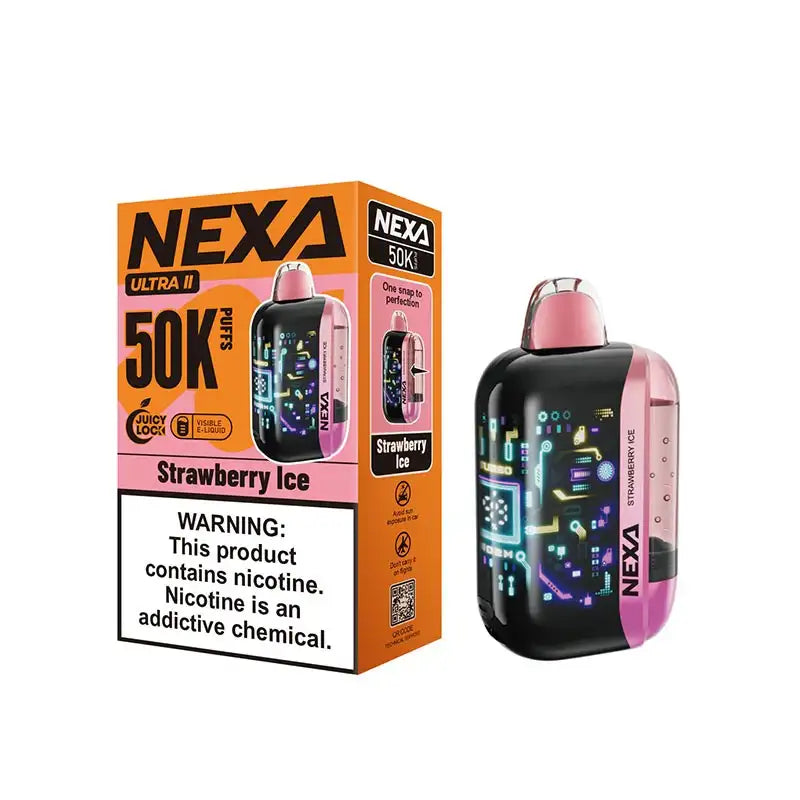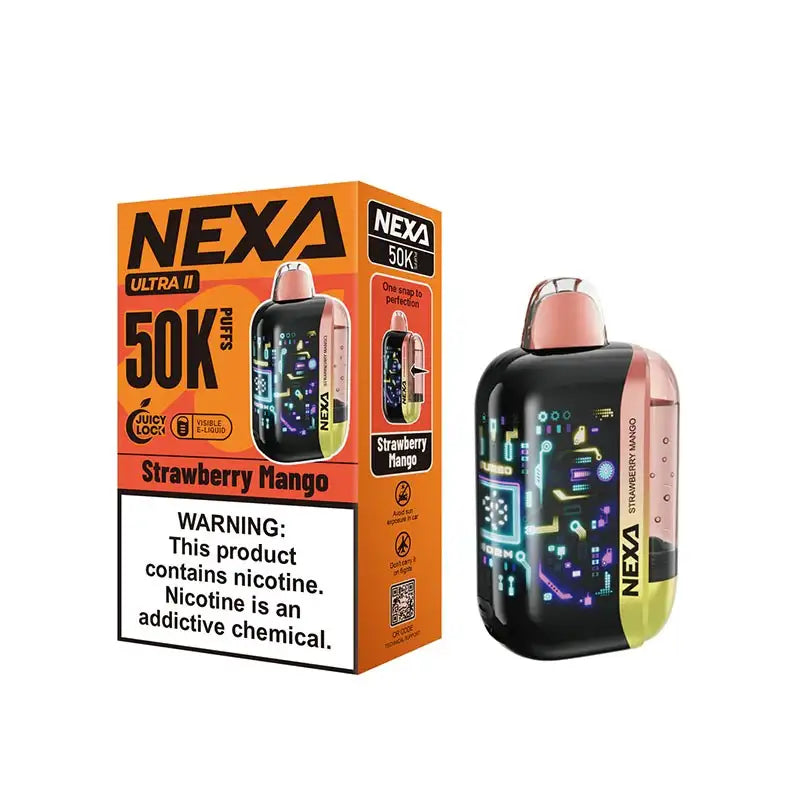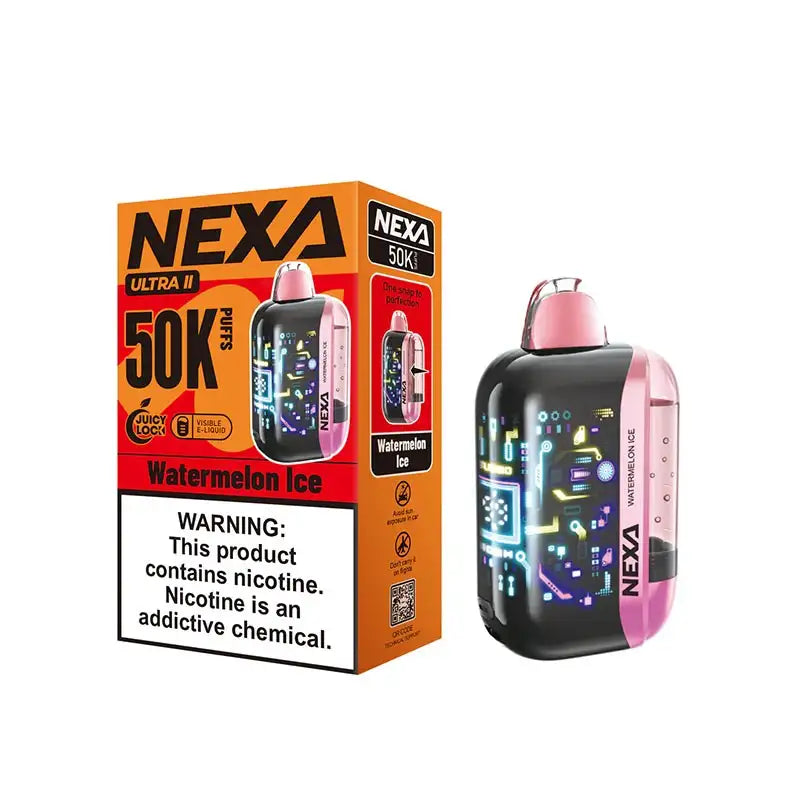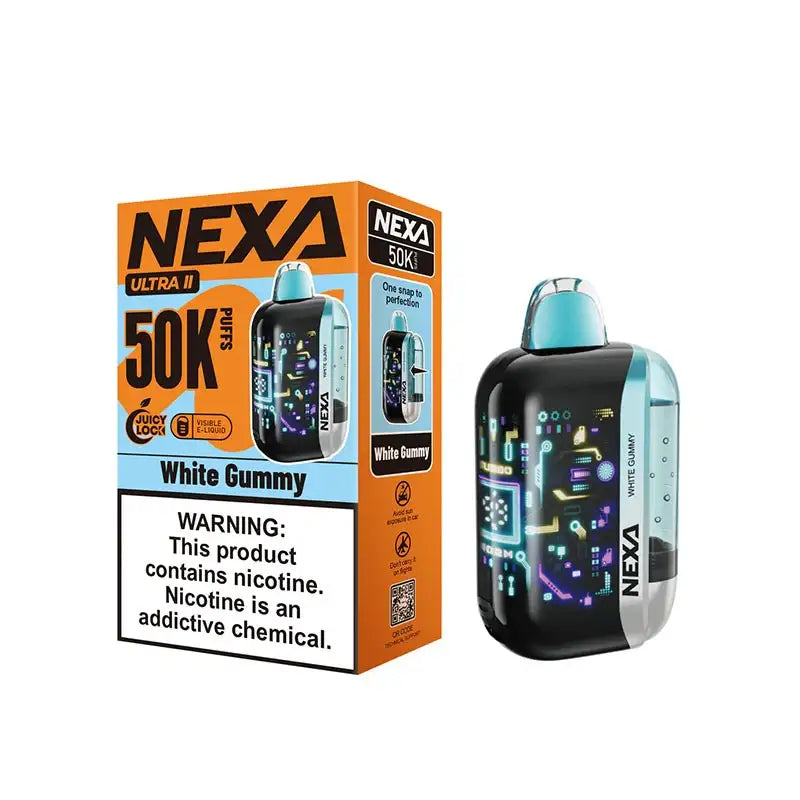Texas used to be the state to sell your THC stuff freely, but now, it’s all about to change. If the Governor approves the new Senate Bill 3, that’d imply that virtually all THC products sold in Texas would be illegal.
Although, Texas has long banned recreational marijuana, and its limited medical “compassionate use” program is one of the strictest in the nation. In 2019 the state briefly embraced hemp after the 2018 Farm Bill, legalizing low-THC (≤0.3% Δ9) industrial hemp and CBD products. However, this opened a loophole for hemp-derived cannabinoids like Delta-8 THC to flood vape stores in Texas.

Now, in 2025, Texas legislators have moved to close that loophole with a new law—Senate Bill 3 (SB 3), sponsored by Sen. Charles Perry (R). The bill has already passed both chambers and would ban “consumable hemp products” containing any psychoactive cannabinoid except non-intoxicating CBD or CBG. This amounts to a near-total ban on Delta-8, Delta-9, Delta-10, THC-O, THC-P, HHC, and similar hemp-derived THC analogs.
The good thing, so far—for the Texas hemp industry—is that Governor Greg Abbott has yet to sign or veto, but if SB 3 becomes law (effective Sept. 1, 2025) it will dramatically reshape Texas’s vape and hemp markets. Here are the core details.
Did Texas Ban Delta-8?
Formally, not yet – but could be, soon. The Delta-8 THC derivative started appearing in Texas stores after the 2019 hemp law (HB1325) allowed hemp products with ≤0.3% Δ9 THC. In 2021 the Texas Department of State Health Services (DSHS) tried to outlaw Delta-8 by rule, scheduling it as a controlled substance. A lawsuit by hemp businesses led to a court injunction: a state judge ruled DSHS had not followed rule-making procedures, so Delta-8 remains legally sold in Texas for now.

However, that will change if SB 3 is signed. The bill explicitly outlaws all consumable hemp products containing “any synthetic cannabinoid, often known as delta-8”. In practice, this means Delta-8 (and chemically related isomers like Delta-10 THC) would become illegal statewide. Texas officials say SB 3 will close the “loophole” that let Delta-8 proliferate after 2019. Until then, Delta-8 sales continue. In fact, Delta-8 (and other novel hemp THC products) have been indispensable at smoke shops and CBD stores across Texas.
Did Texas Ban Weed (Marijuana)?
Possession or use of marijuana (commonly referred to as “weed”) remains illegal in Texas—since 1931. The Legislature declined to legalize recreational cannabis in 2025; in fact, Sen. Perry has also filed bills to block local decriminalization efforts; some Texas cities – Dallas, Houston, Austin, San Marcos, and others – have passed ordinances to decriminalize small amounts of marijuana or forbid marijuana smell searches.

But, the state’s Republican leaders moved to overrule these, with Attorney General Paxton suing Dallas city. Also, SB 1870 bars cities/counties from defying state drug laws. In short, Texas has not legalized “weed” – only extremely low-THC hemp. Outside the tiny Compassionate Use Program (CUP), marijuana remains classified as a Schedule I drug and possession of any appreciable amount is a misdemeanor or felony under Texas Health & Safety Code Chap. 481.
The CUP allows limited medical use of cannabis oil (less than 1% THC) for specific conditions (epilepsy, cancer, PTSD, etc.). Although a new law in 2025 did expand the CUP slightly (raising THC caps from 0.5% to 1% for more patients), even this modest change was part of the legislative trade-off to win votes for SB 3. The core fact remains that Texas did not legalize recreational marijuana in 2025, and SB 3 was aimed at hemp products – not at enabling cannabis clubs or the like.
Delta-9 THC, THC-O, THC-P: What’s Legal Now?
So, what’s legal to take now in Texas? Well, it’s all about dosage, and these very small (approved) dosages can’t high no man.

Delta-9 THC (Δ^9-THC)
By federal and state law, hemp can contain up to 0.3% Δ^9-THC on a dry-weight basis. Texas followed the Farm Bill, so hemp (and hemp extracts) with Δ^9 ≤0.3% are legal to buy and sell as hemp products. However, any cannabis product above that threshold is treated as illegal marijuana.
If this new bill is passed, SB 3 would criminalize almost all additional uses of Δ^9 (except tiny doses in specially licensed “hemp beverages”). Texas law does allow one exception, which is alcohol-like hemp drinks, which can contain up to 10mg of Δ^9 per package under existing regulations.
The new legislation would grandfather in this narrow allowance (permitting hemp beverages of ≤10mg Δ^9 per package) and ban all other foods, vapes, and edibles with more than Δ^9.
THC-O-Acetate (THC-O)
Natural extracts are not yet approved, and you’re thinking that synthetics are gon’ be exempted? Well, THC-O is federally banned—because it does not occur naturally in hemp and is a synthetic analog. While Texas has not separately regulated THC-O yet, under SB 3 it would be banned as a “converted cannabinoid”. Retailers who carry “THC-O vapes” would find those products immediately outlawed if SB 3 takes effect.
THC-P and Other Novel Cannabinoids
Compounds like THC-P (tetrahydrocannabiphorol) or THC-A (tetrahydrocannabinolic acid) aren’t exempted in this outburst. THC-P, being a potent cousin of THC, and THC-A being the non-psychoactive acid form of THC in raw hemp flower, will have both caught up in the broad “synthetic or converted” cannabinoids section of the SB 3.
Under SB 3, any consumable hemp product containing “a cannabinoid” other than CBD/CBG is banned. So, Texans would no longer get “∆-10” or HHC at the gas station – the proposed law would sweep them up as illegal. By contrast, simple hemp flower with trace THC – not a “consumable product” by definition – narrowly escapes the ban, though it is heavily regulated.
Texas 2025 Legislative Updates: SB 3 and Related Bills
In Spring 2025, Lt. Gov. Dan Patrick made banning intoxicating hemp products the Senate’s top priority. SB 3 (Perry) passed the Texas Senate in March 2025: On May 21, 2025, the House voted 95–44 to pass SB 3 in its final form. It now heads to Gov. Abbott’s desk for the final declaration. If the Governor appends his signature, the law will swing into effect by Sept. 1, 2025. Abbott has not publicly stated his position, and this is giving hemp companies the chance to urge for a veto from the Governor.
If enacted, SB 3 would impose steep penalties. A person knowingly possessing any banned THC product could face up to a Class A misdemeanor (up to one year in jail). Selling or manufacturing such products would be a state jail felony (up to 2 years, or even 10 years if organized). Even “first offense” possession would draw a fine. In summary, SB 3 would render all THC-like products (vapes, edibles, oils, etc.) contraband.

The SB 3 also restructures regulation, creating a new category of licensed “consumable hemp products” under the Texas Alcoholic Beverage Code. By Jan. 1, 2027, these products must be sold through newly licensed outlets under TABC oversight. Currently, hemp is regulated through the Dept. of Agriculture and DSHS.
The new bill even allows local voters to ban sales in their county or city, and it codifies the existing ban on smokable hemp manufacturing (DSHS rule) into law. Alongside SB 3, Sen. Perry filed SB 1867 to make mere possession of old hemp products a crime; and Rep. Moody refiled decriminalization bills that the GOP largely ignored. The 2025 Legislature focused squarely on curbing hemp’s intoxicating products, not on expanding legal cannabis.
Verdict
Before SB 3, DSHS oversaw the processing of hemp and ran the Compassionate Use Program. In 2021 DSHS had banned all smokable hemp production (saying it “poses a threat to public safety”), and the Texas Supreme Court upheld that ban in 2022. DSHS also tried to outlaw Delta-8 via rule, but a court blocked it. Thus, under current law, Texas hemp retailers must not manufacture smokable hemp, but selling hemp flower or edibles is allowed if the product meets the 2019 law’s limits (which SB 3 now eradicates). After SB 3, DSHS’s hemp-related authority will shrink – the bill shifts consumable hemp licensing to the Alcoholic Beverage Commission by 2027.
Economic Impact on Vape Shops
Texas’s hemp industry is a big one—it has boomed in recent years. A 2023 economic study estimated the industry generates $8+ billion in annual revenue and supports over 50,000 jobs statewide. Also, quite many vape shops, smoke shops, CBD stores, and gas stations rely on hemp-derived THC products to garner income to stay in business.
As of 2024, the Texas Tribune reports roughly 7,000 registered hemp sellers in Texas, many of which carry Delta-8 edibles and vape cartridges. In a survey of legislators, industry groups said Texas has about 8,000 hemp businesses employing tens of thousands, with $4–8 billion at stake.

The proposed ban, if fully passed, will lead to widespread closures—as hundreds of small businesses may become bankrupt—and put thousands of people out of their jobs.
Are There Any New Loopholes and Workarounds?
Well, kind of. Topical hemp products and dietary supplements (creams, lotions, capsules) are not “consumable” in the bill’s definition, so they would remain legal as long as they contain no banned substances.
Hemp flower itself (raw buds) is not defined as a “consumable hemp product,” so retail sales of smokable hemp (with ≤0.3% Δ^9) would not be directly banned by SB 3. Also, there’s one curious allowance: SB 3 explicitly permits limited THC in beverages. The code defines a “hemp beverage” as containing ≤10 mg Δ^9 per serving. Thus, a beer-like drink with a small THC content could stay on shelves (subject to licensing). But no such low-THC products outside the beverage category are spared.






